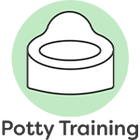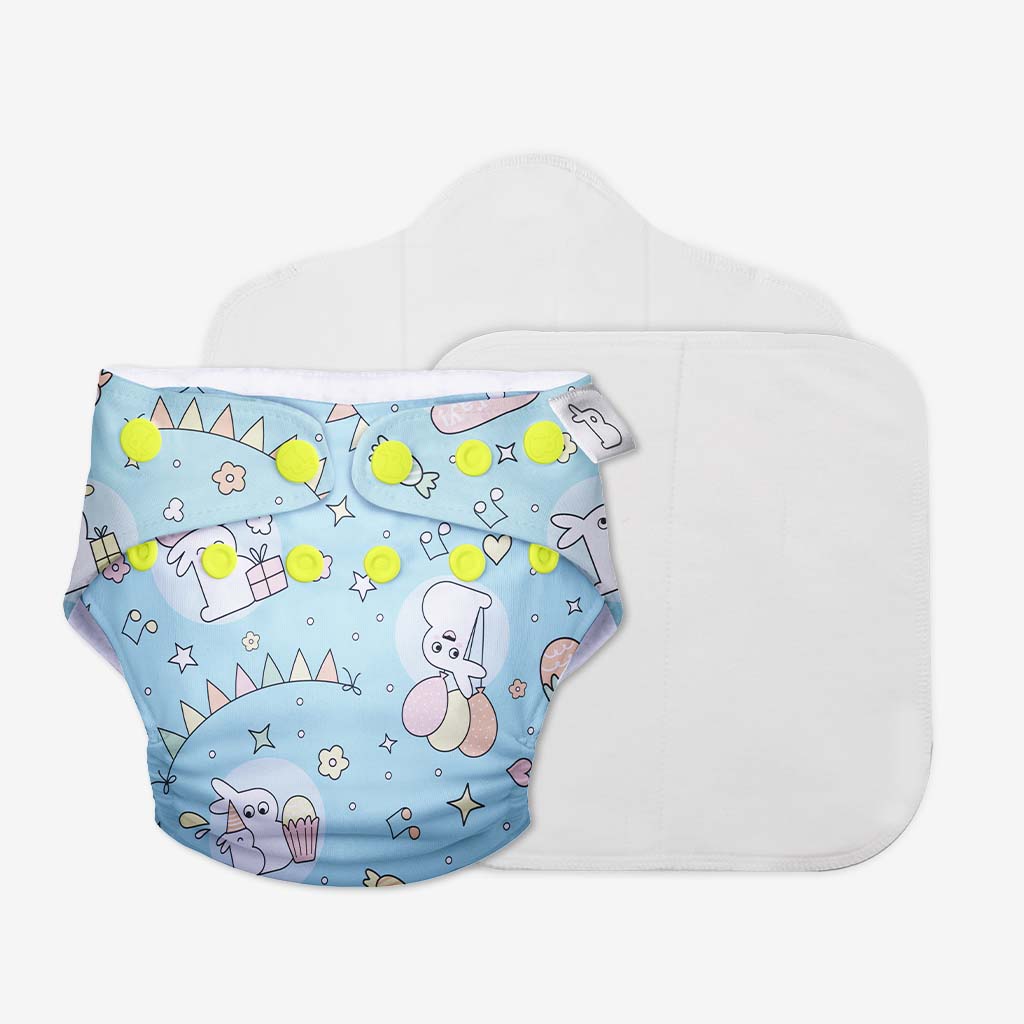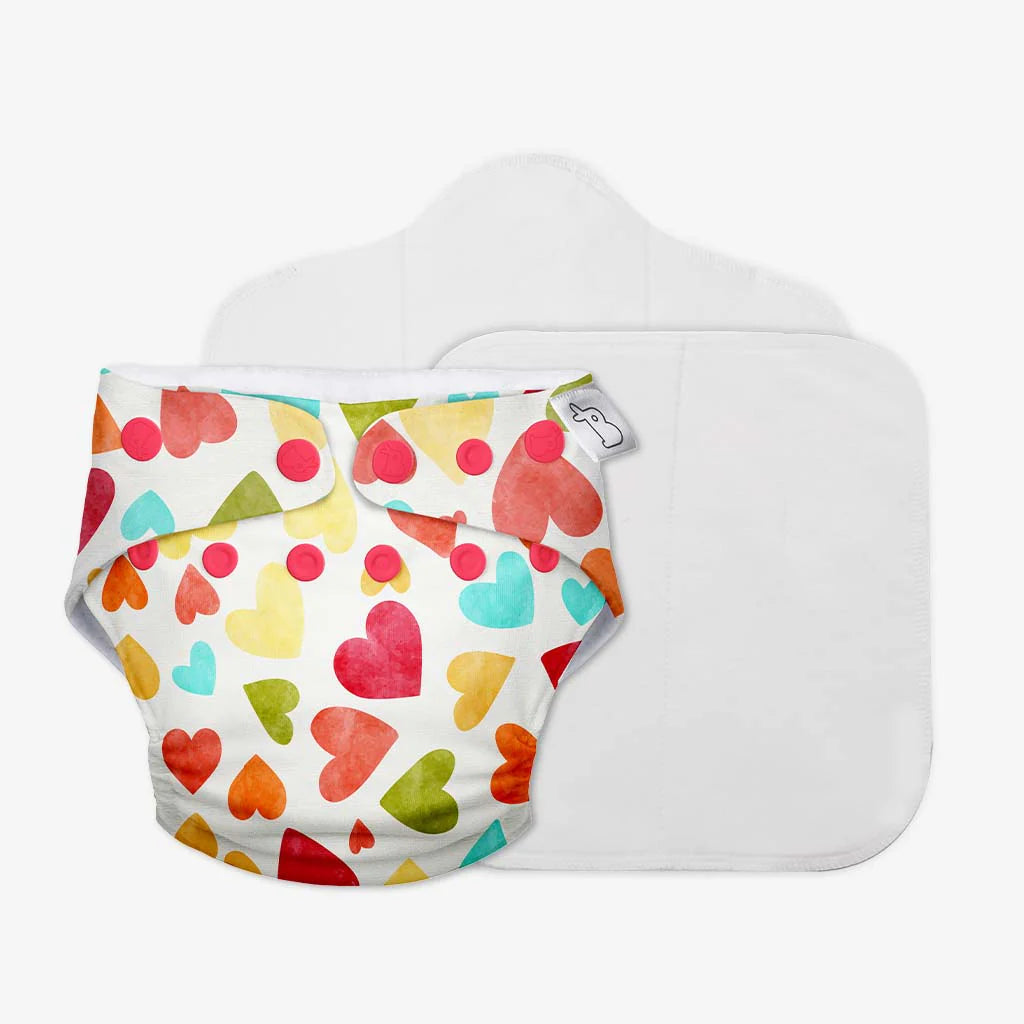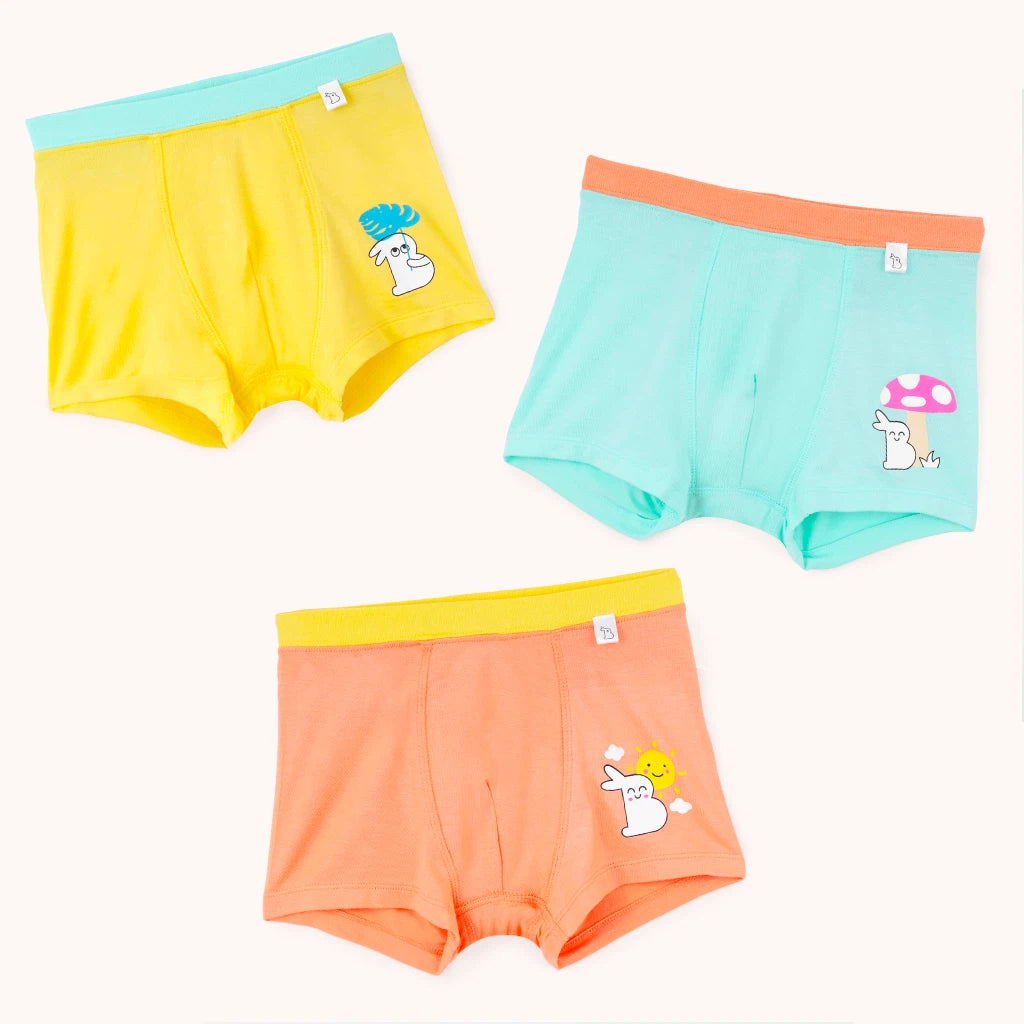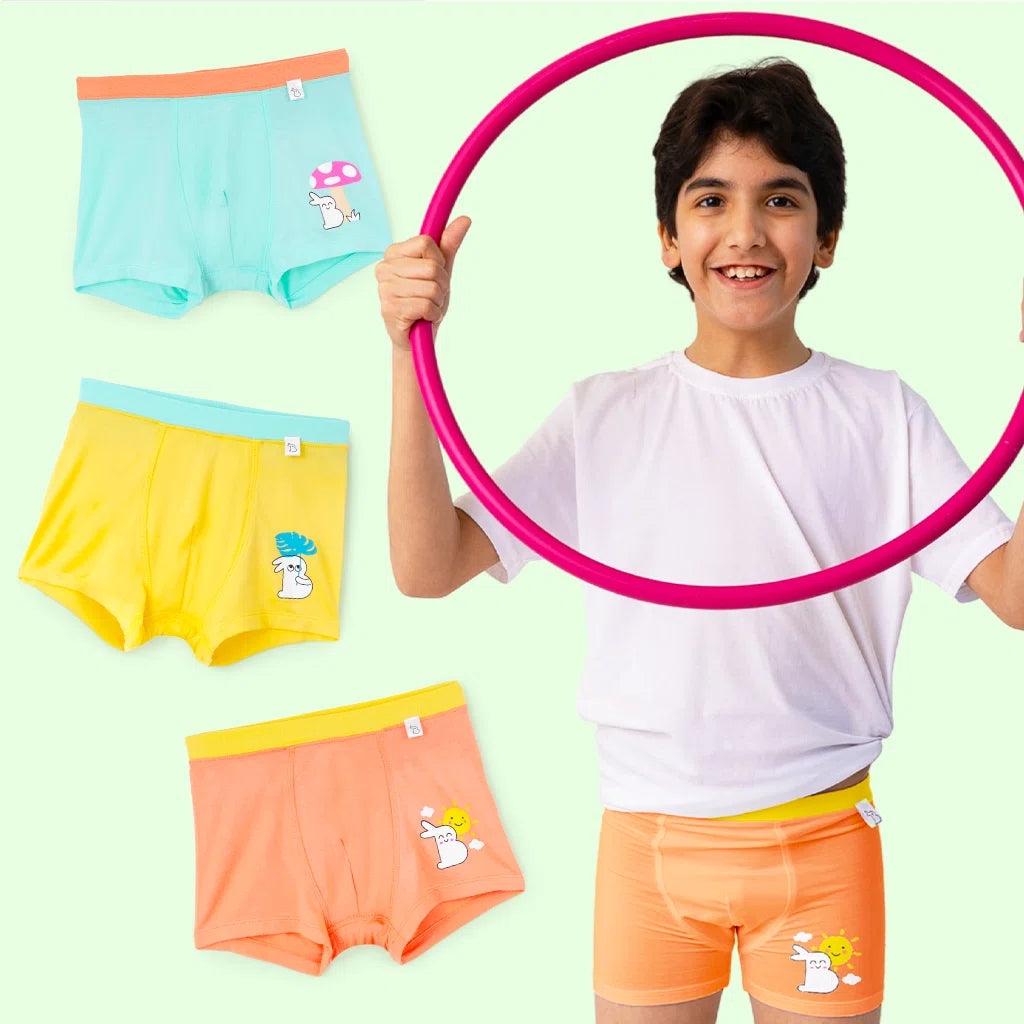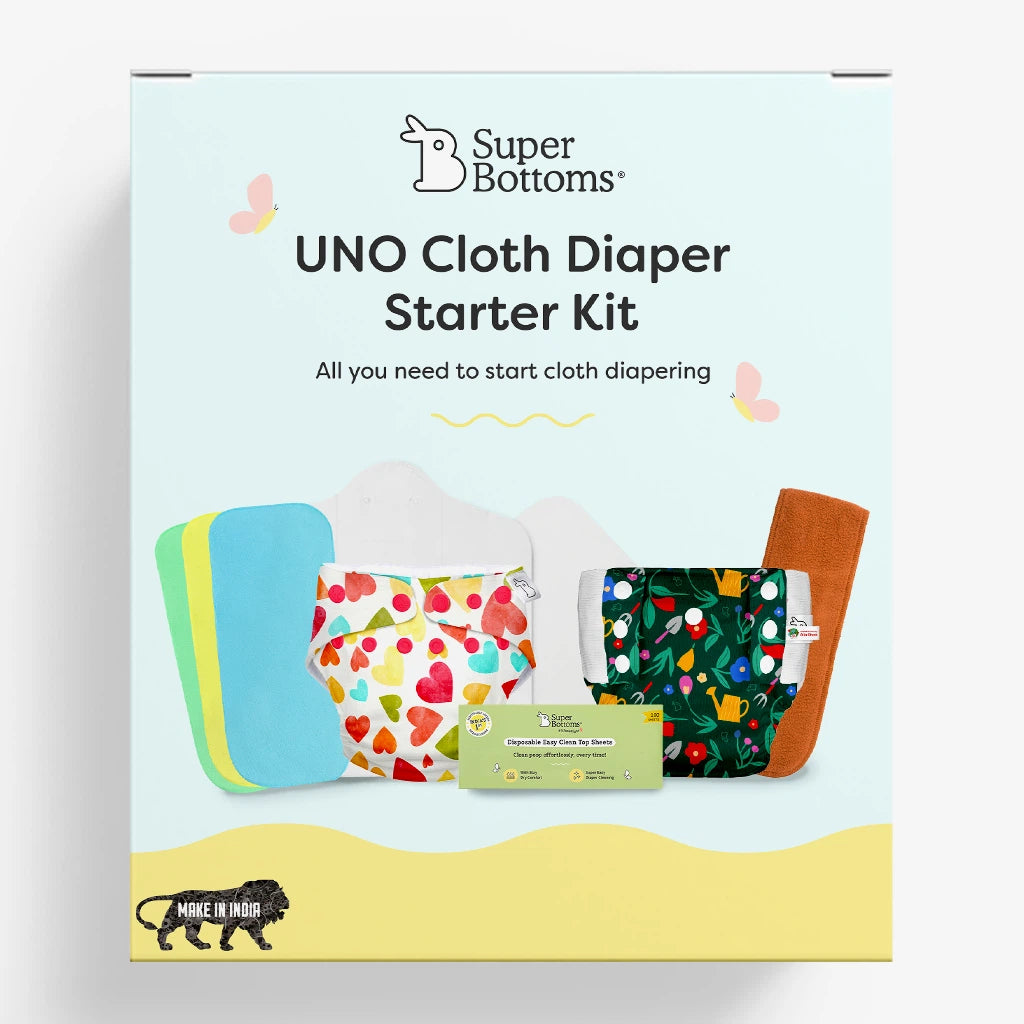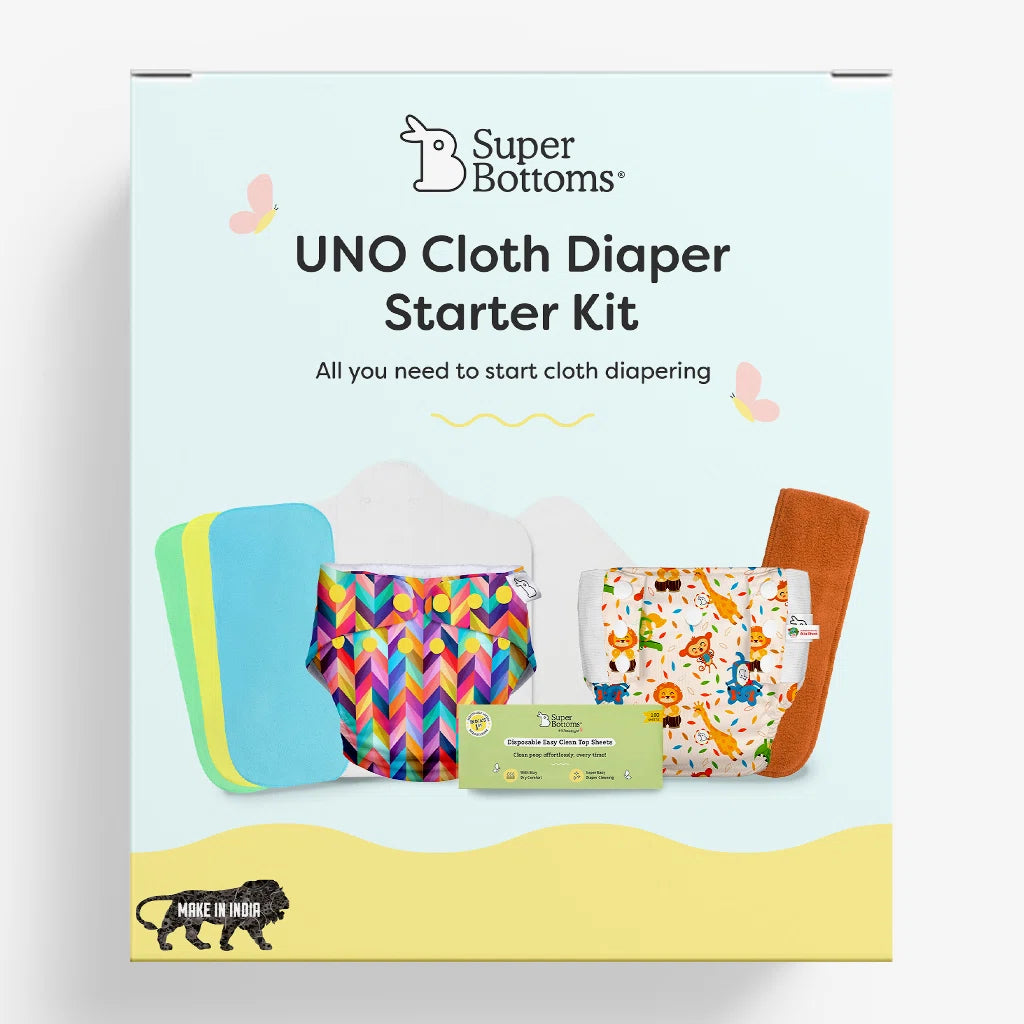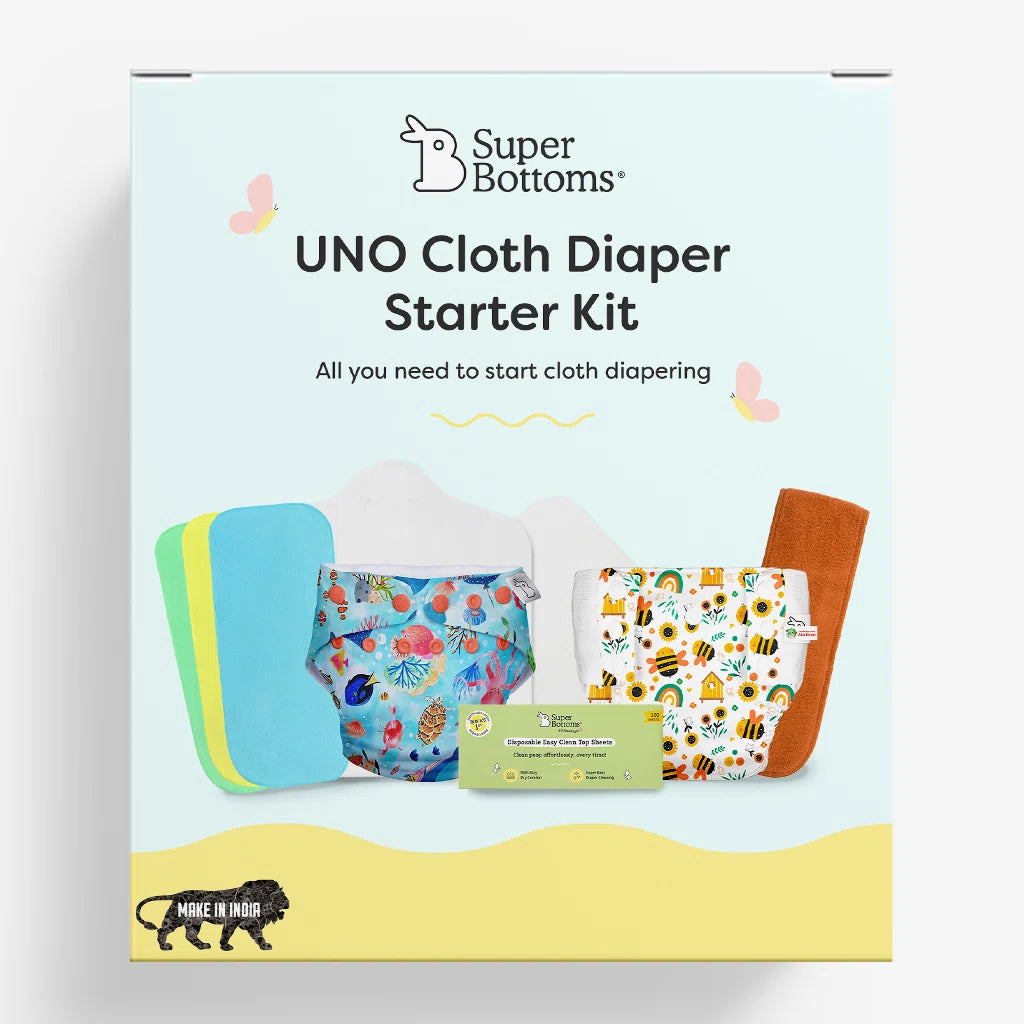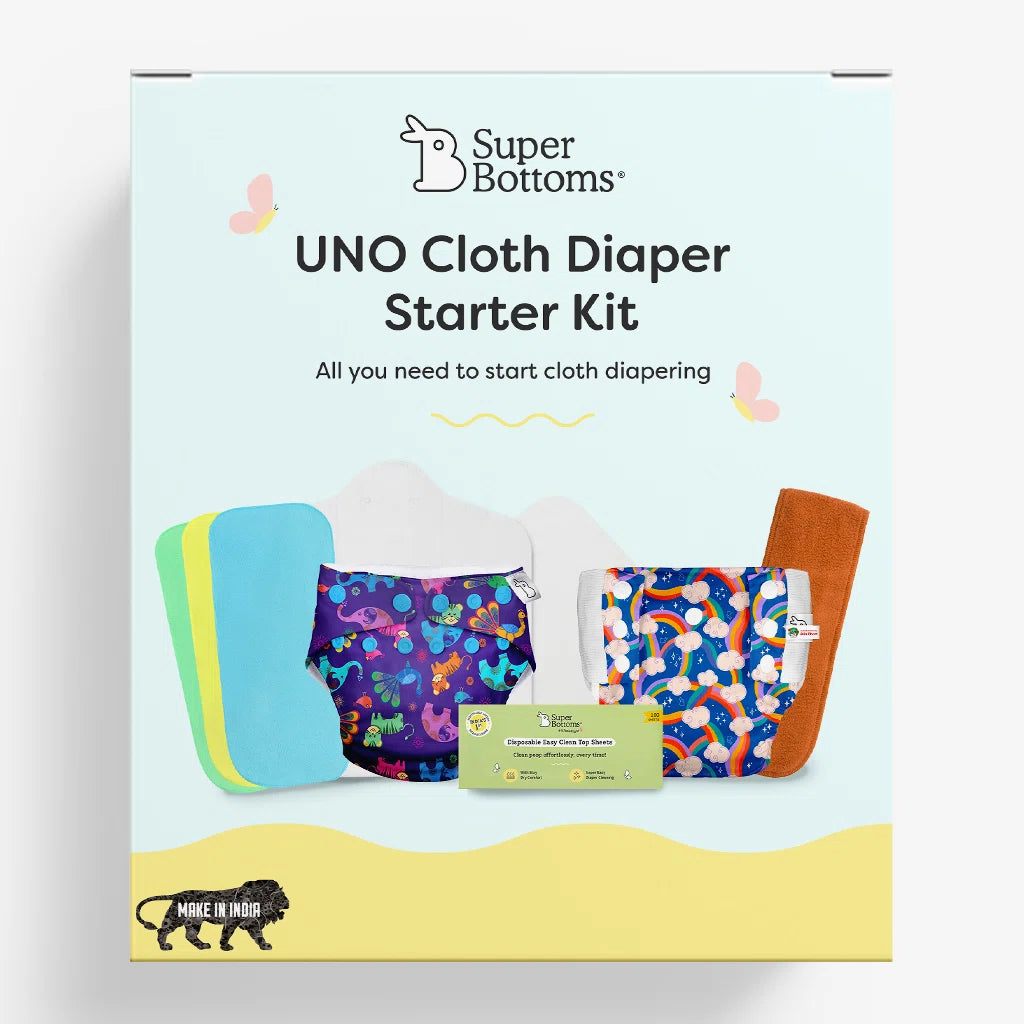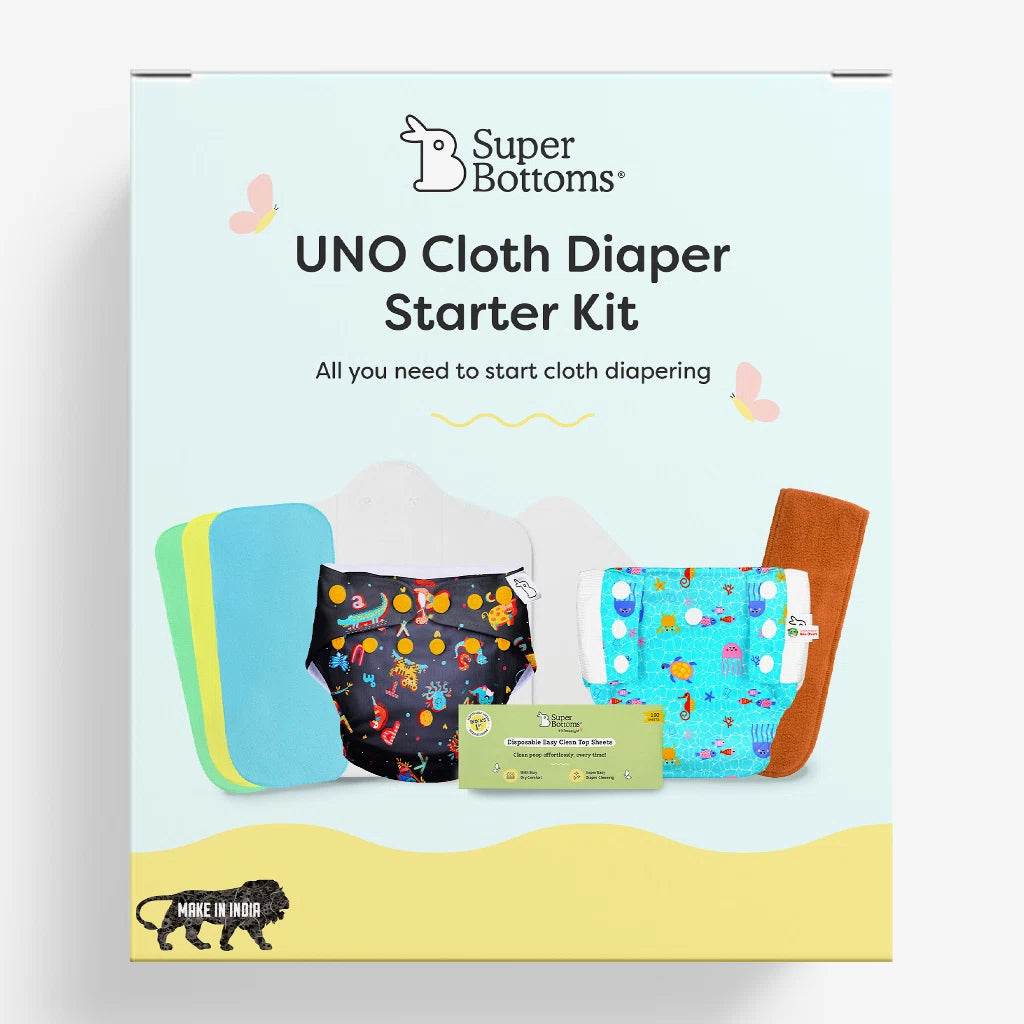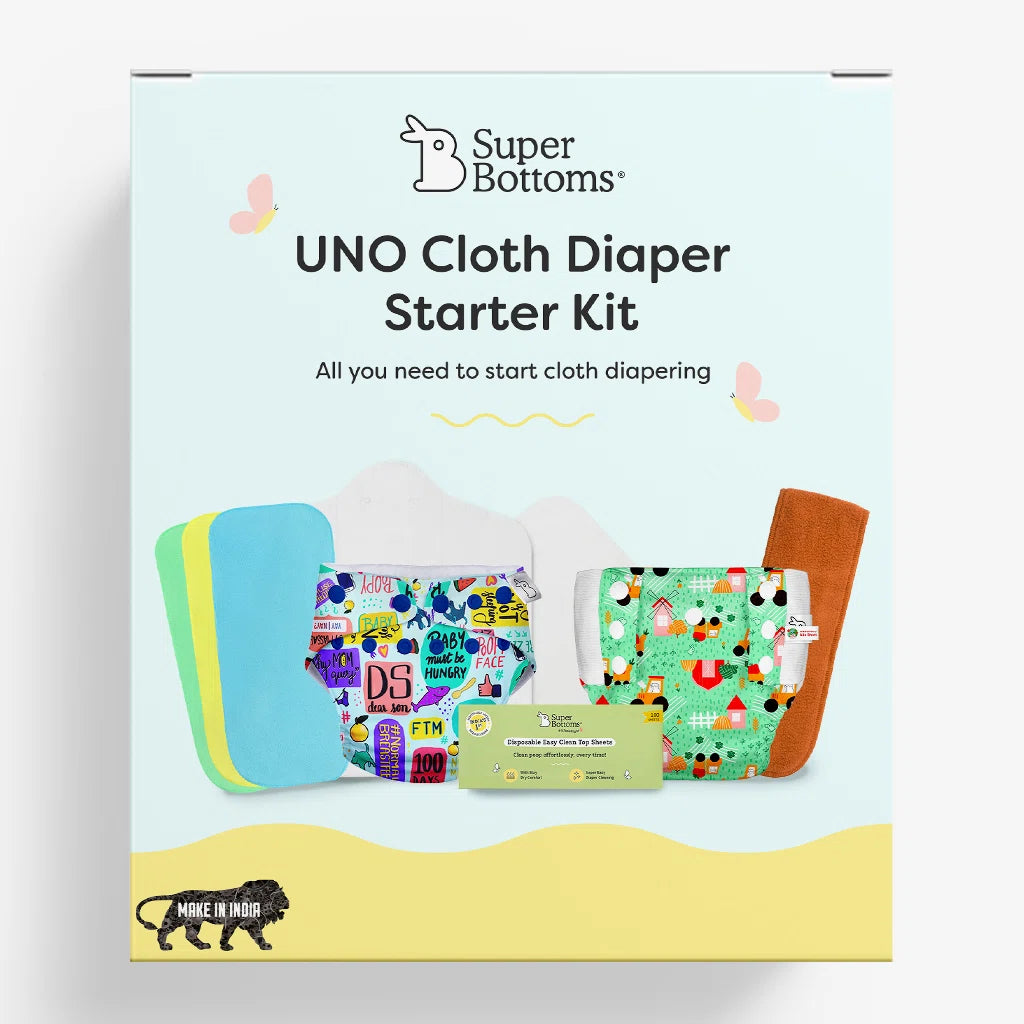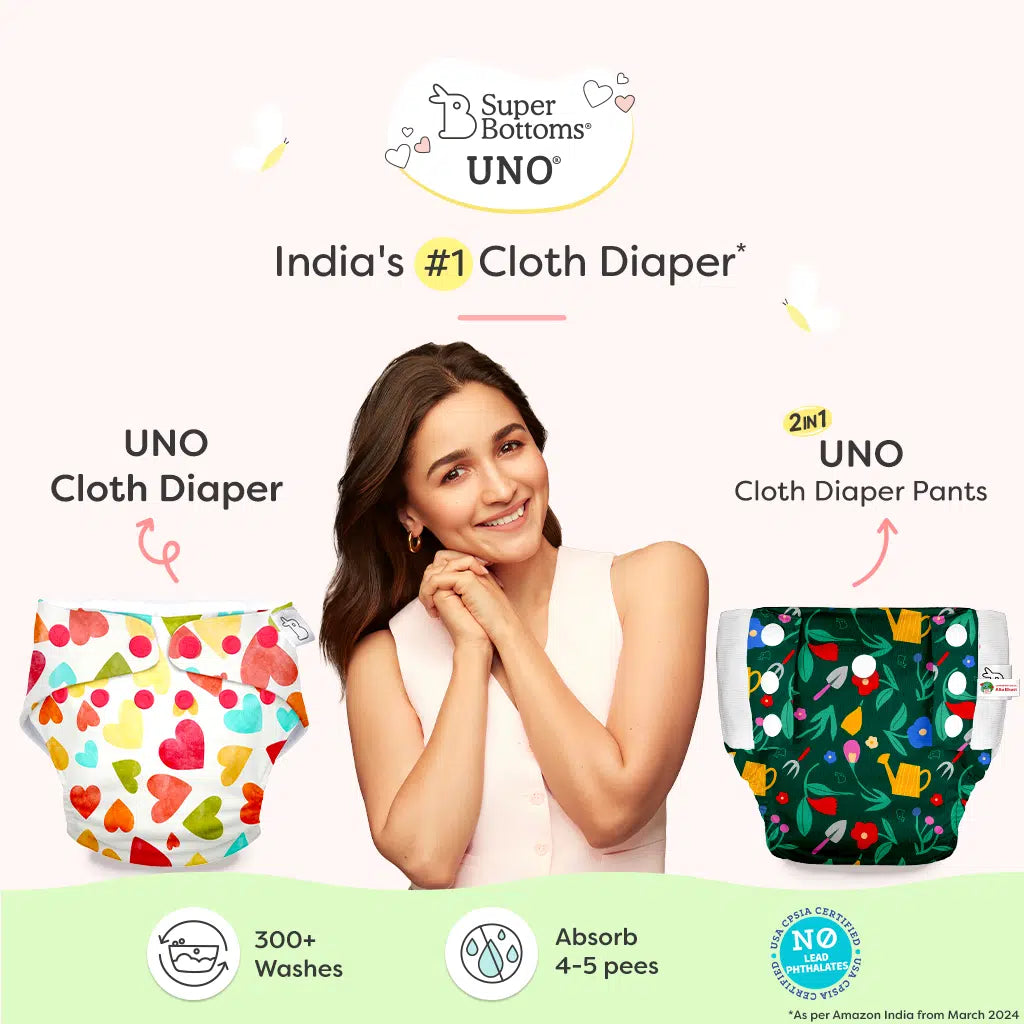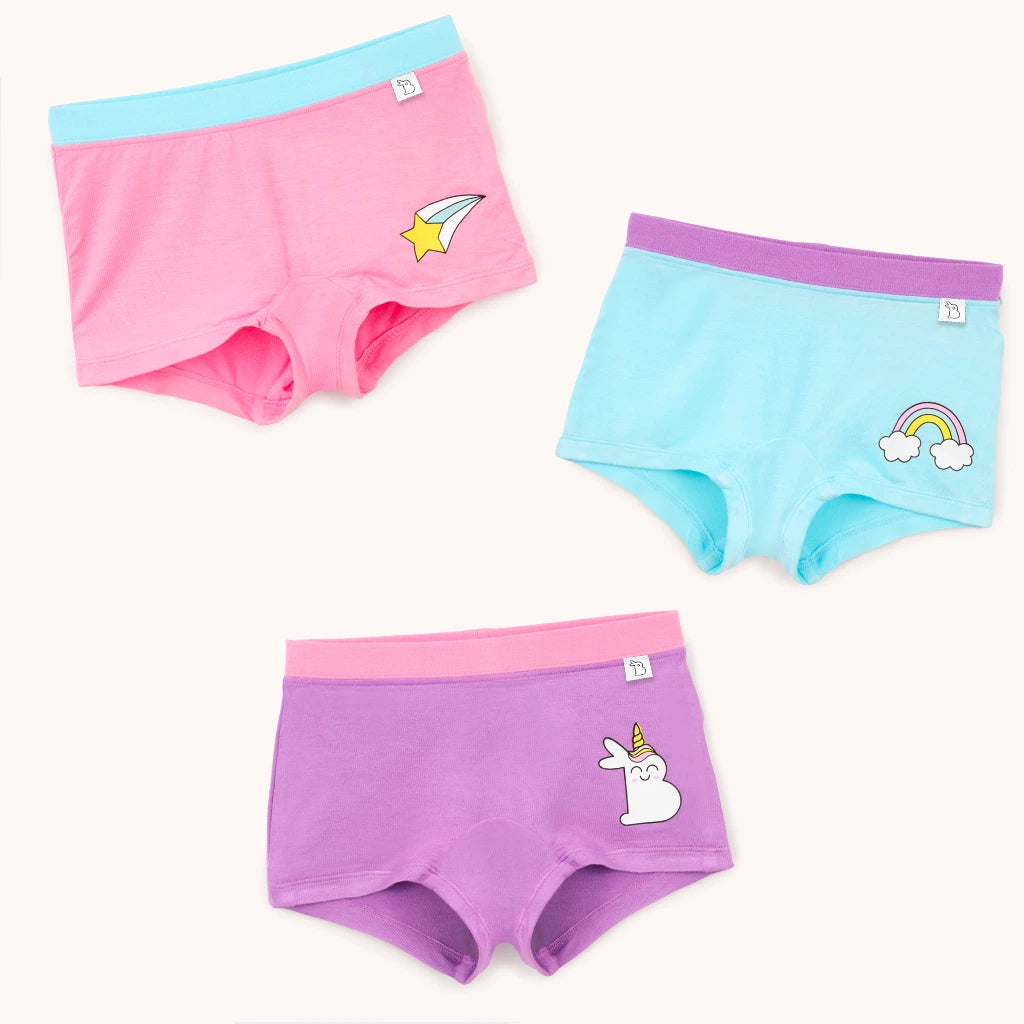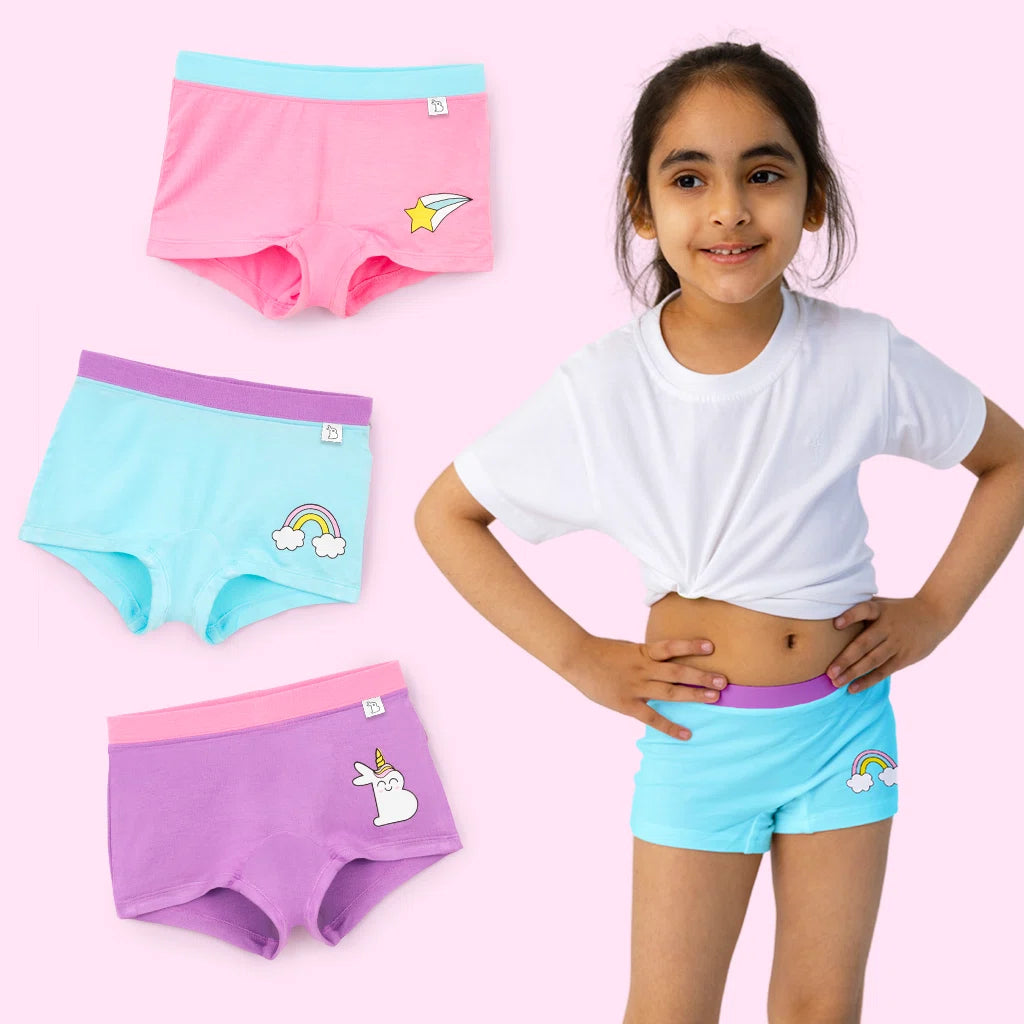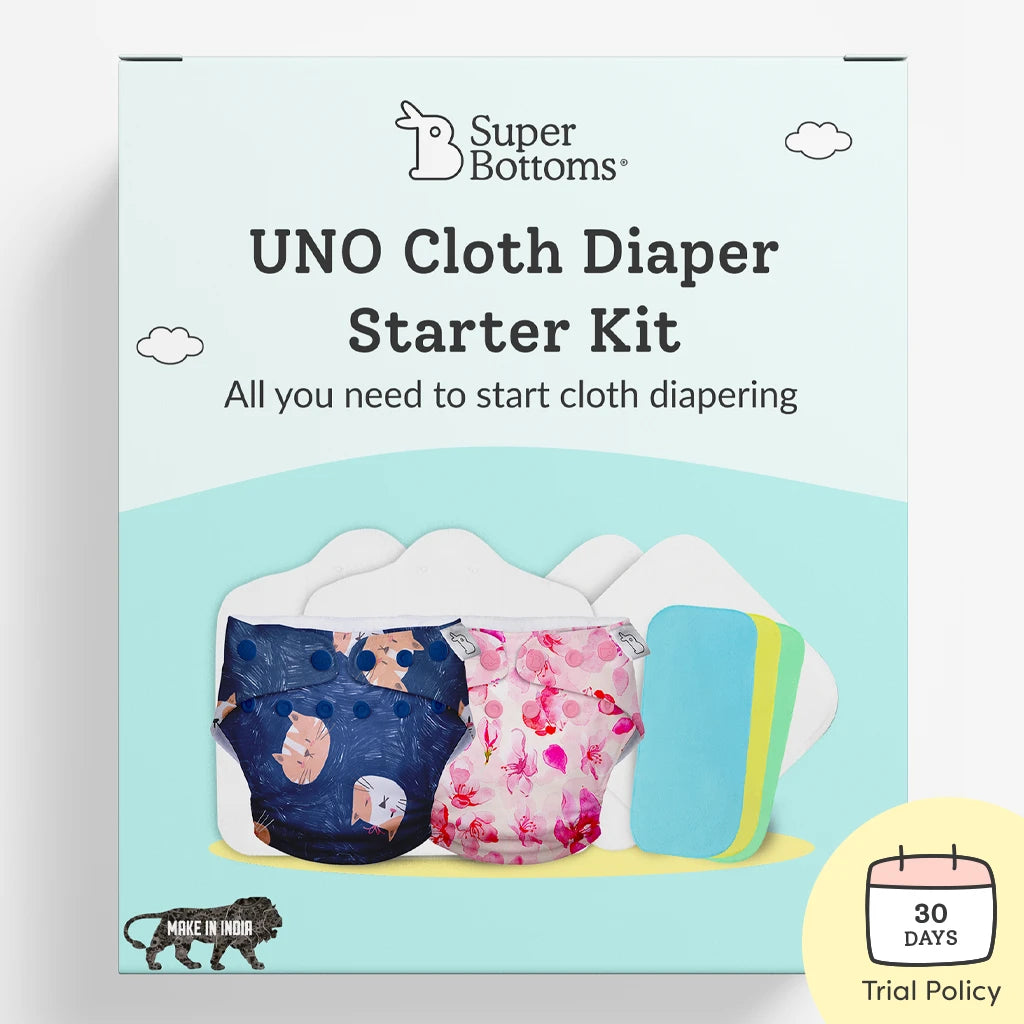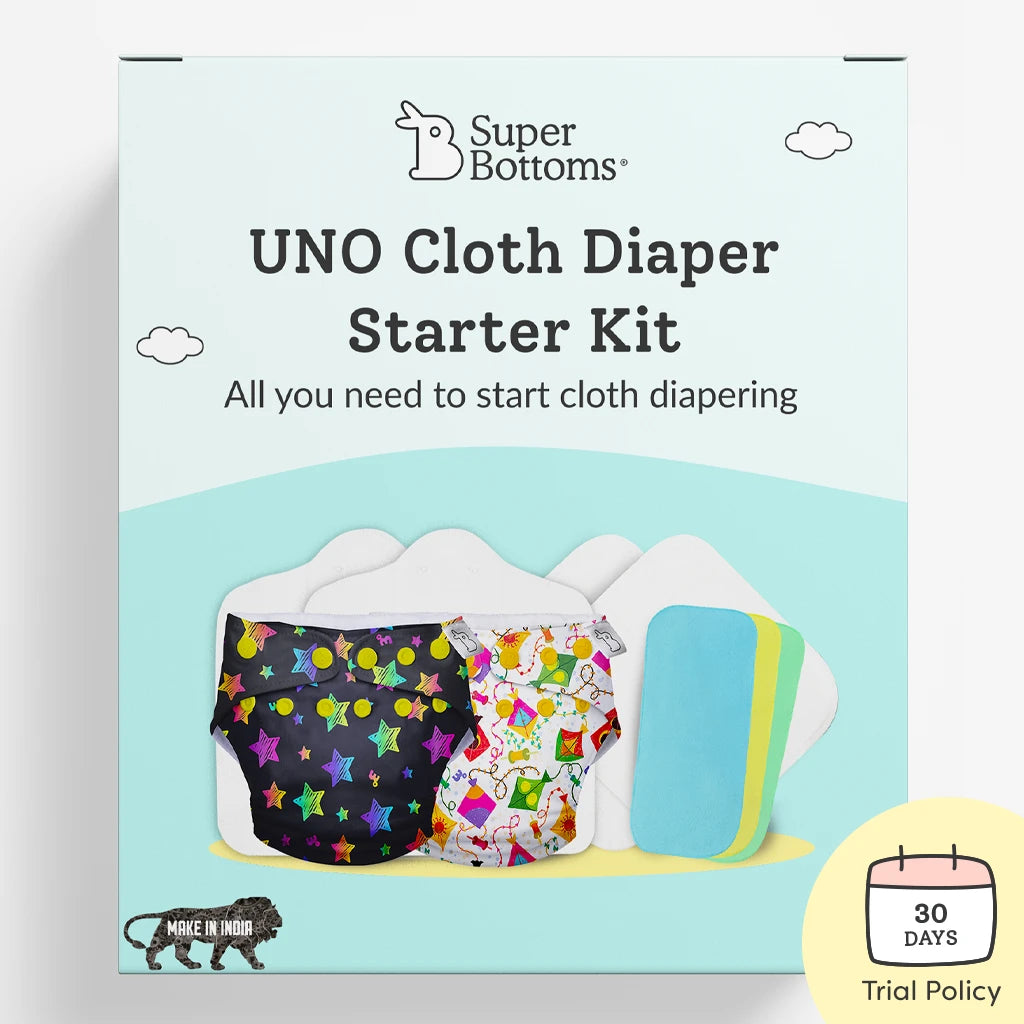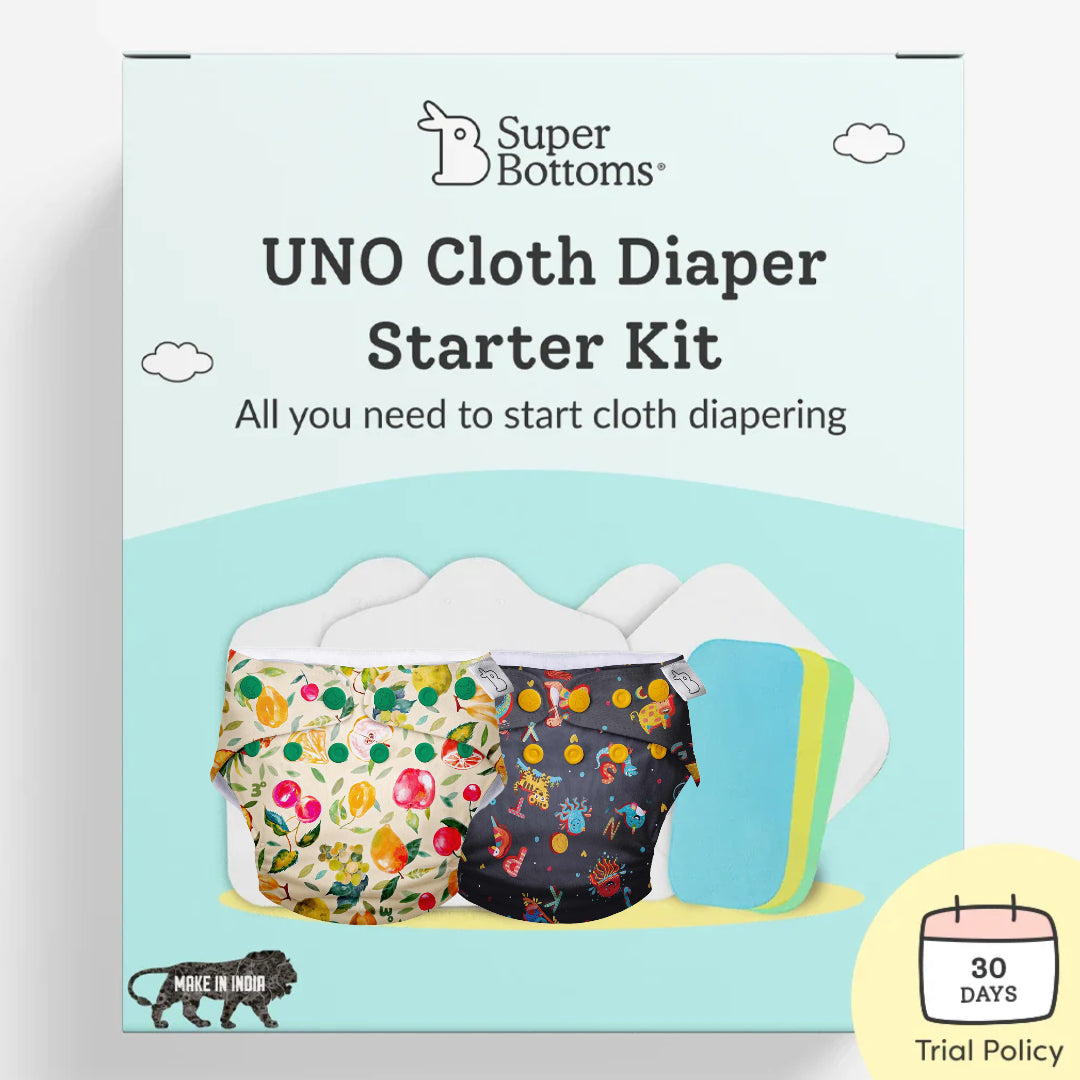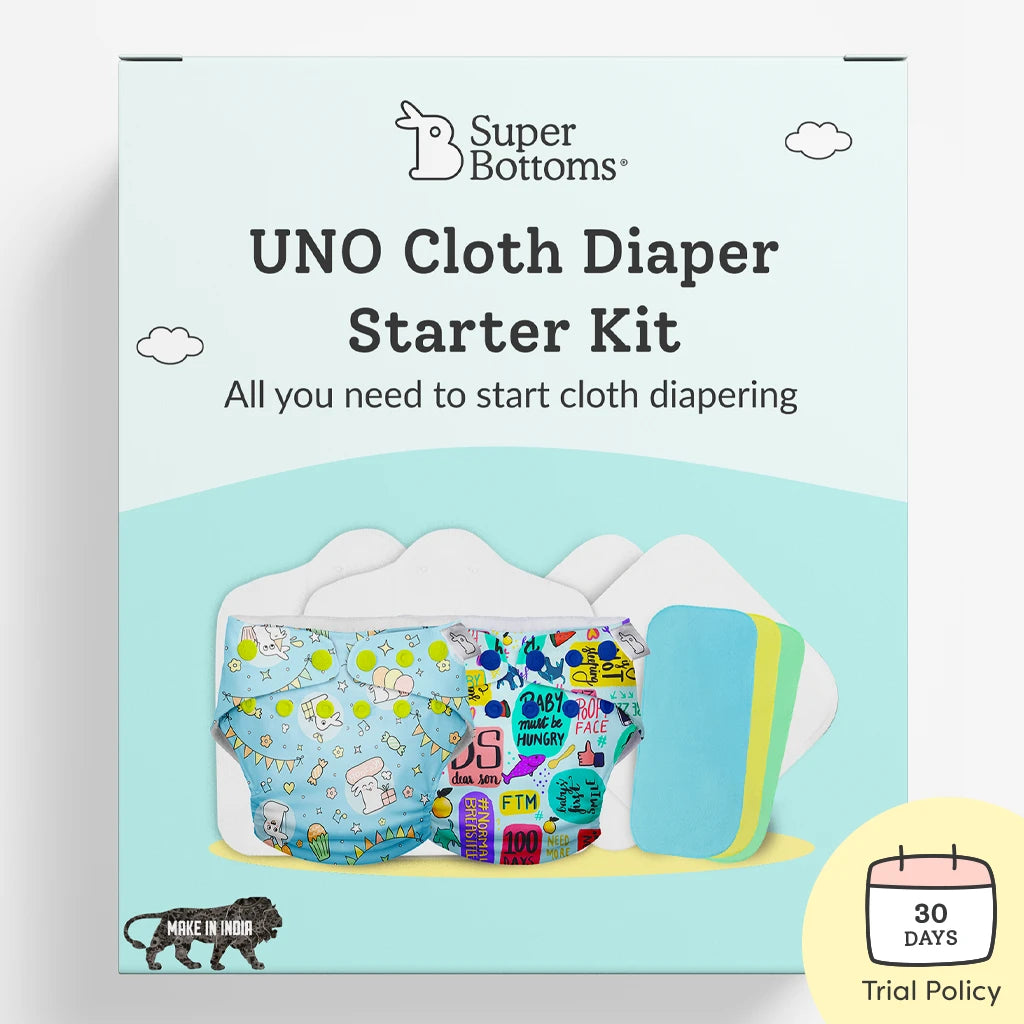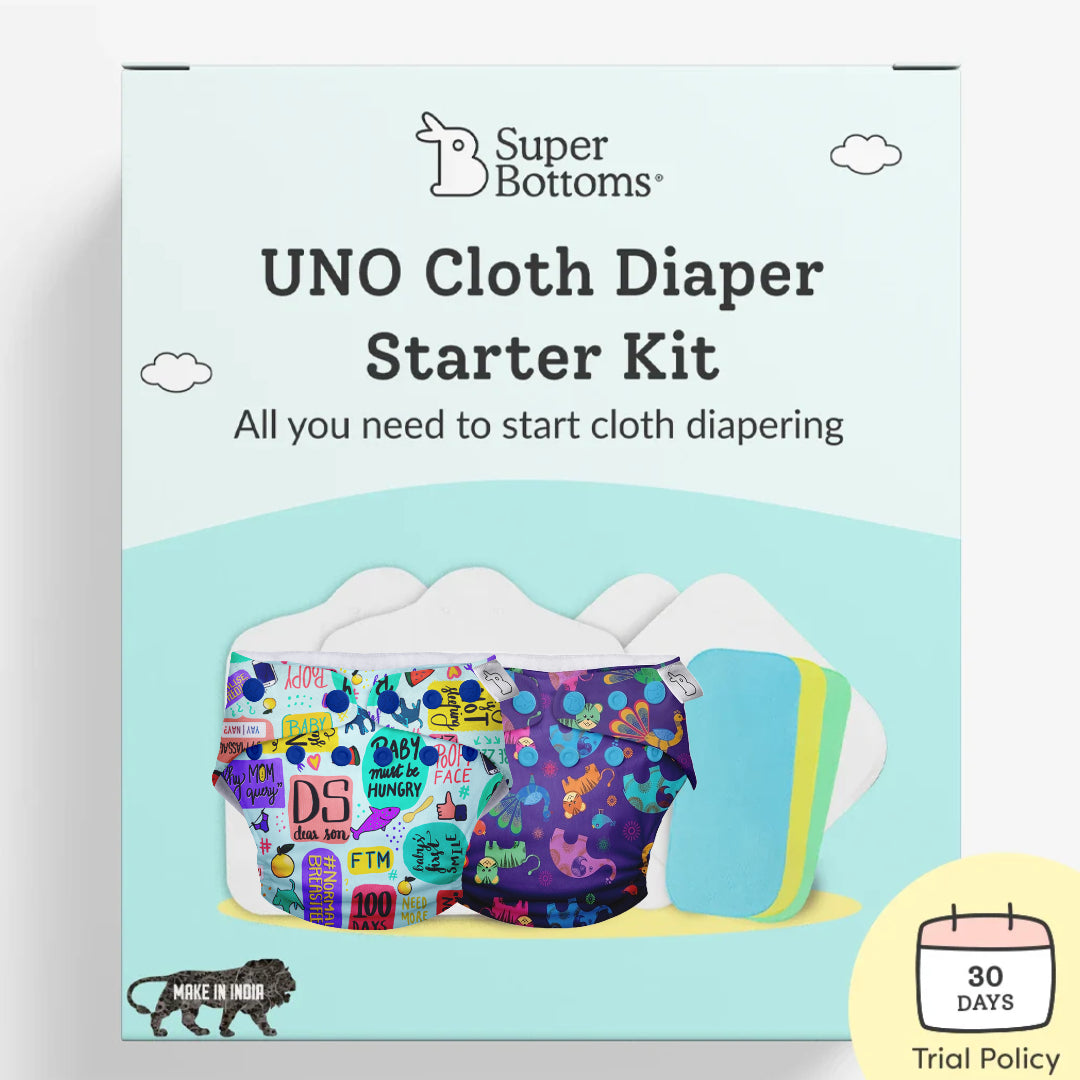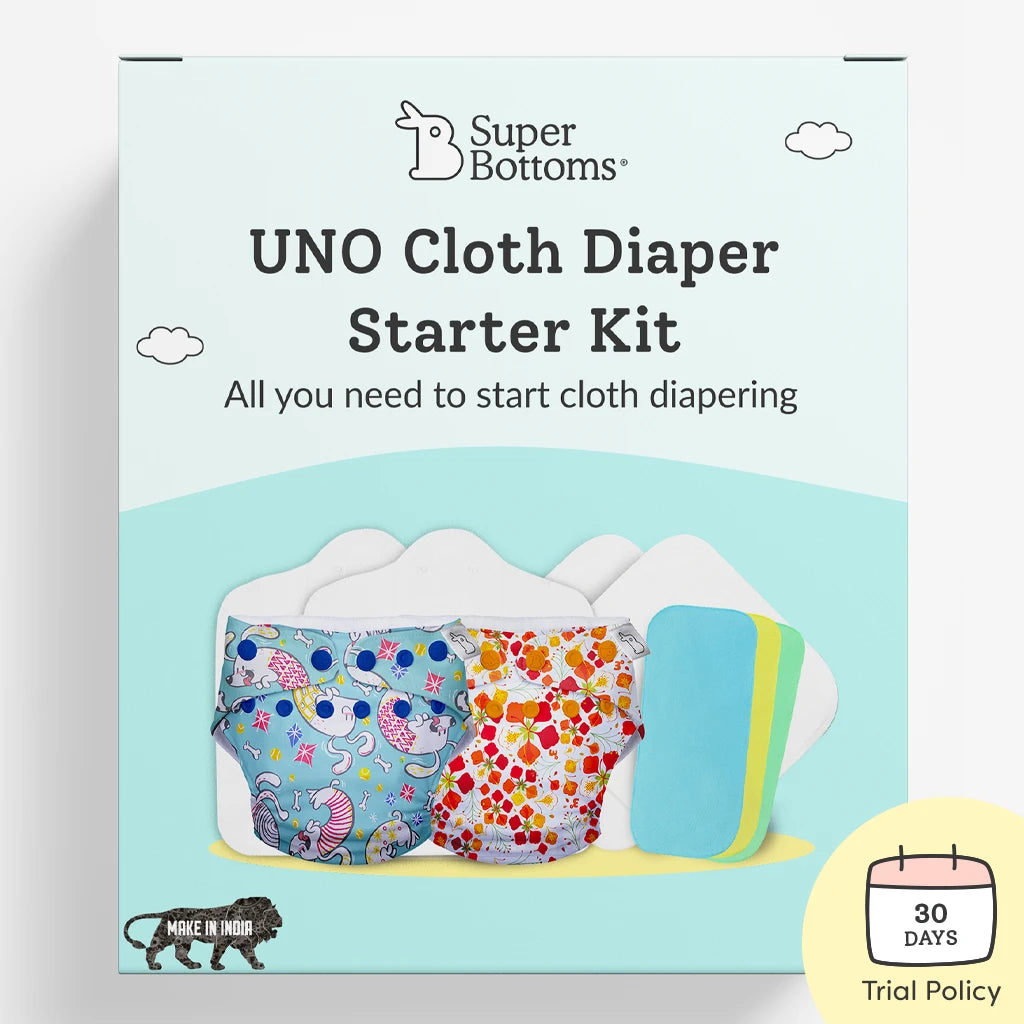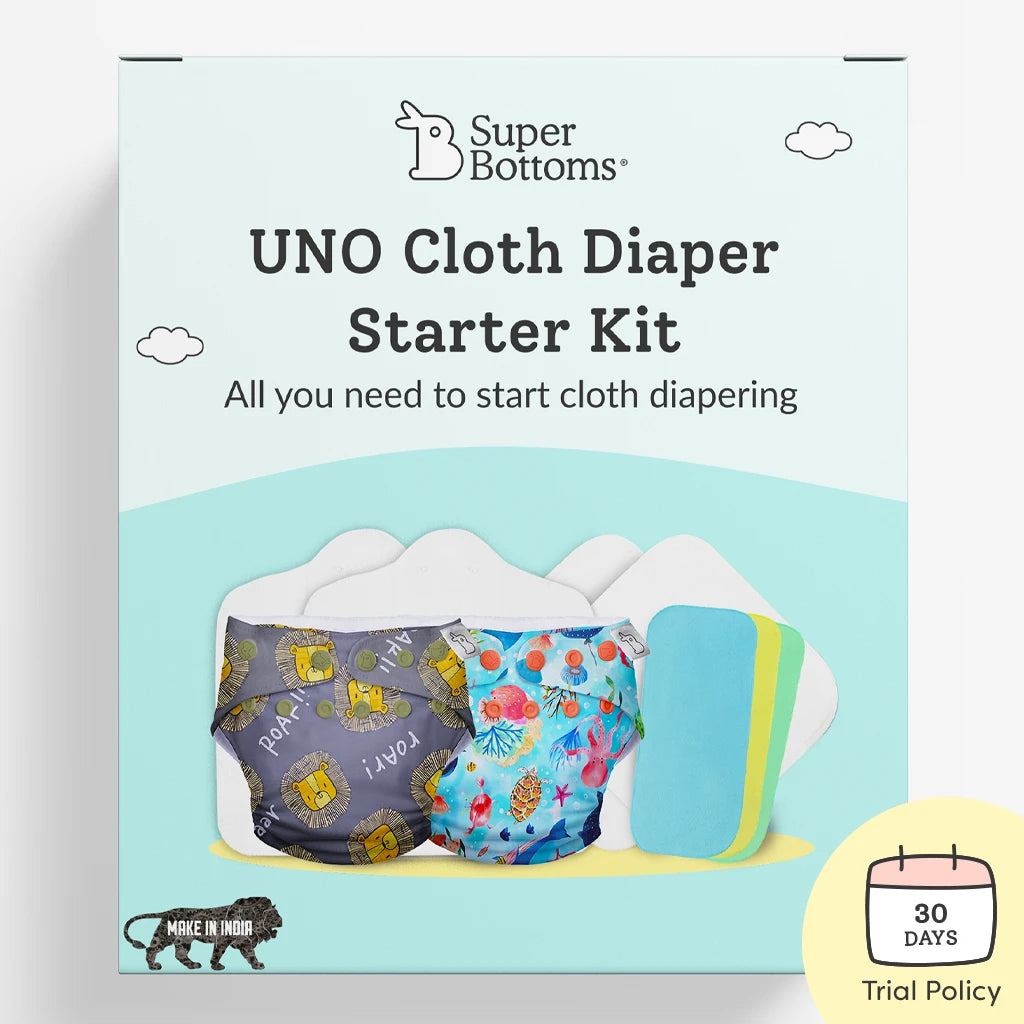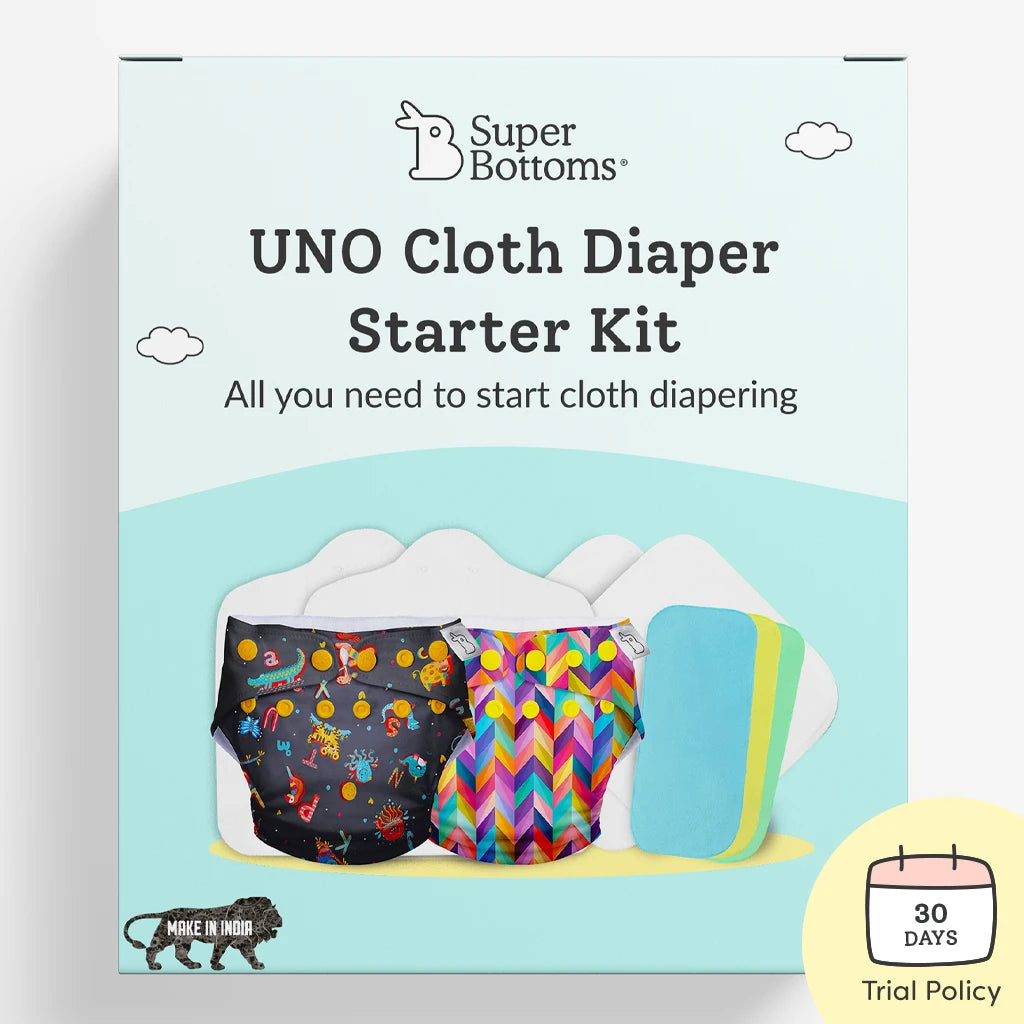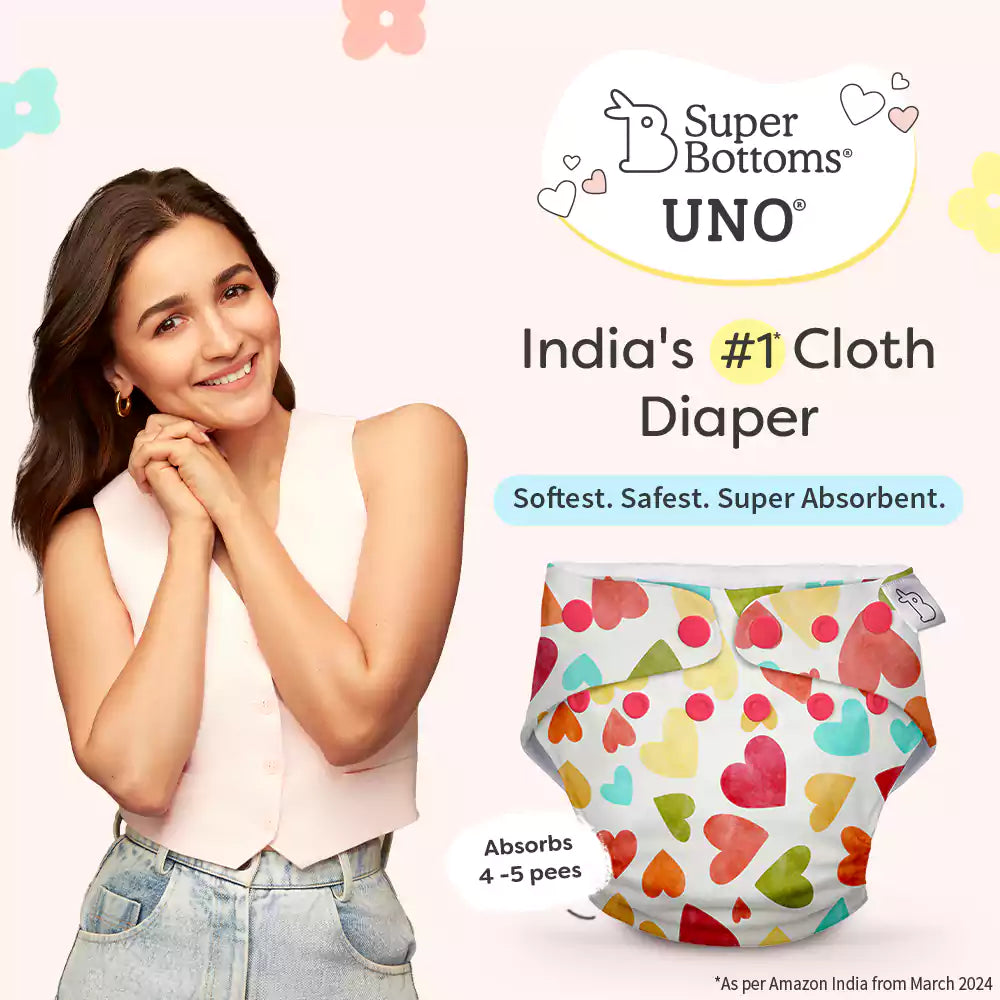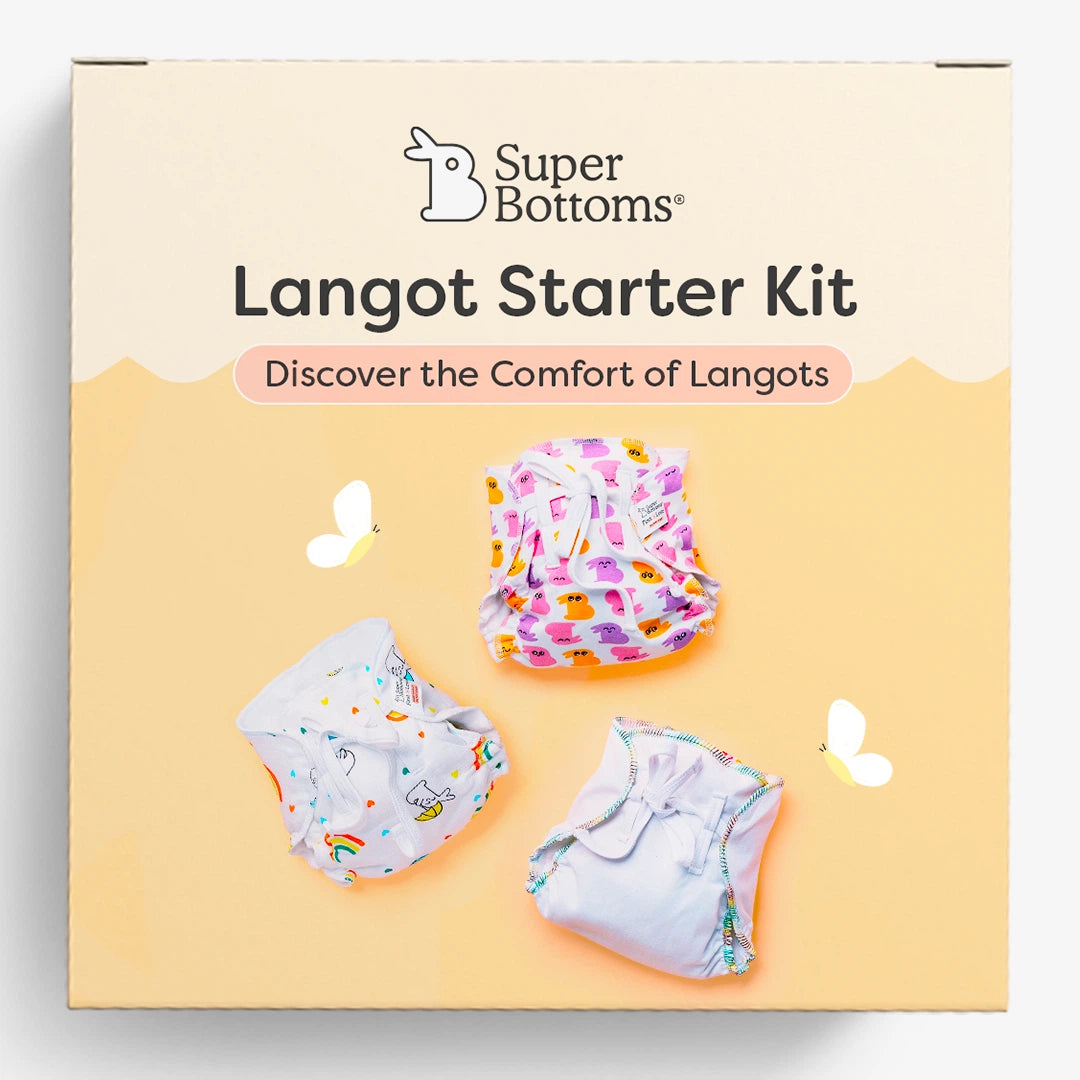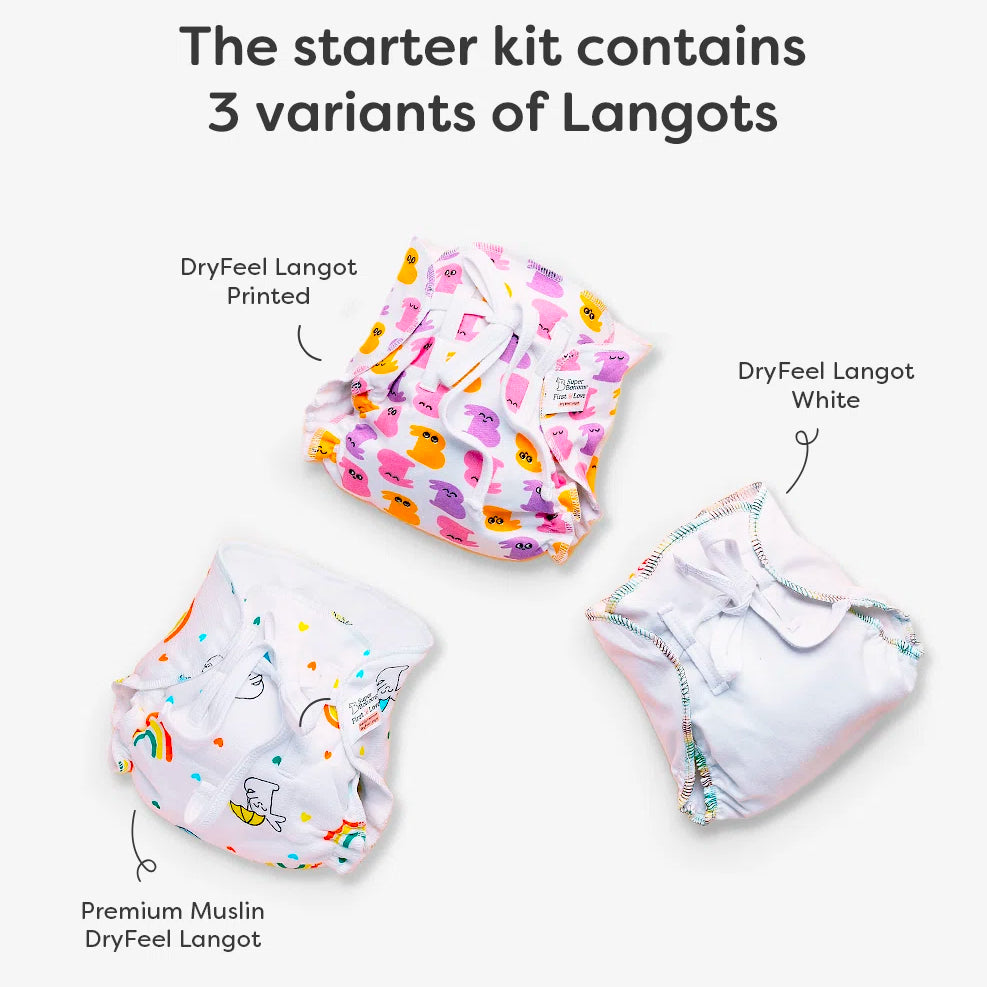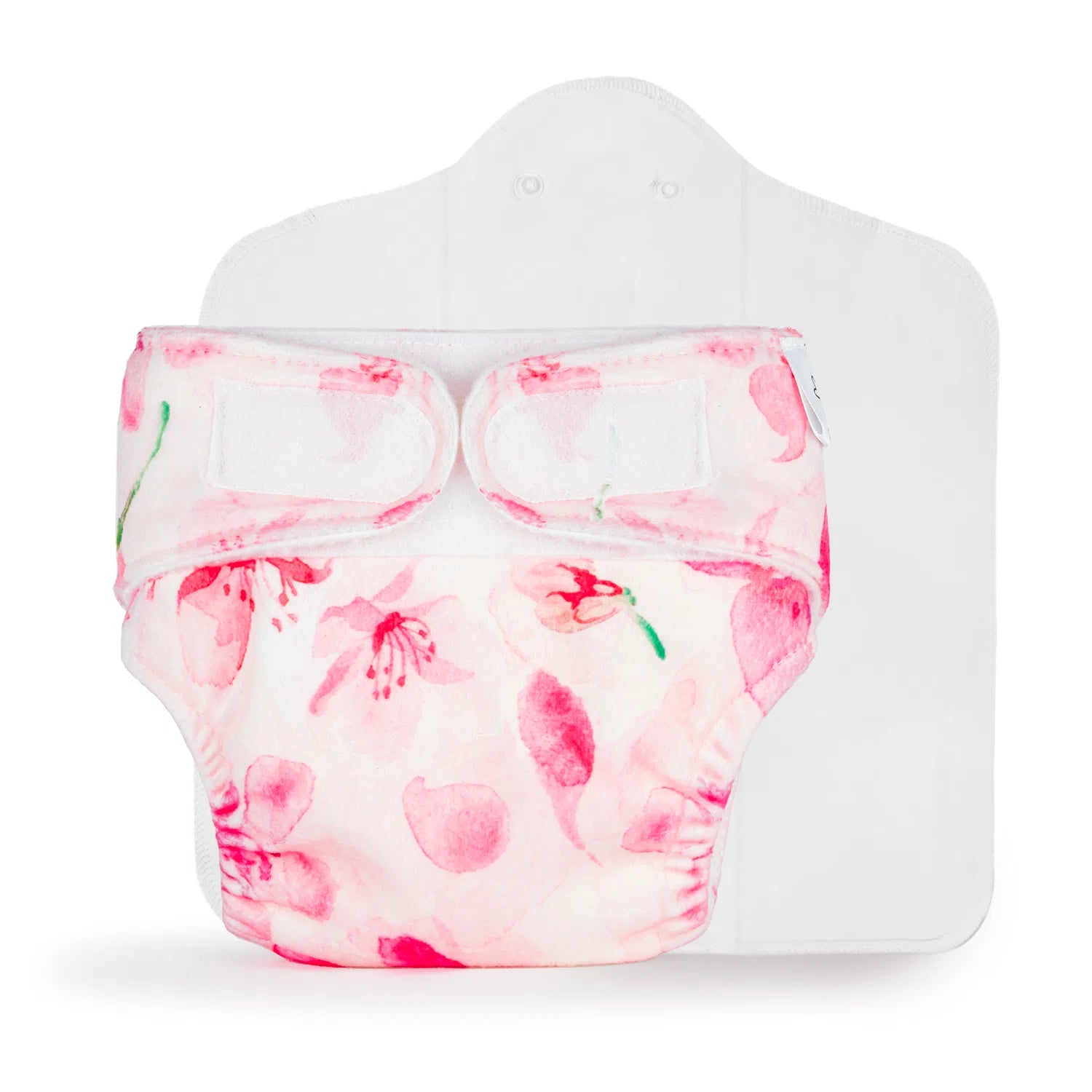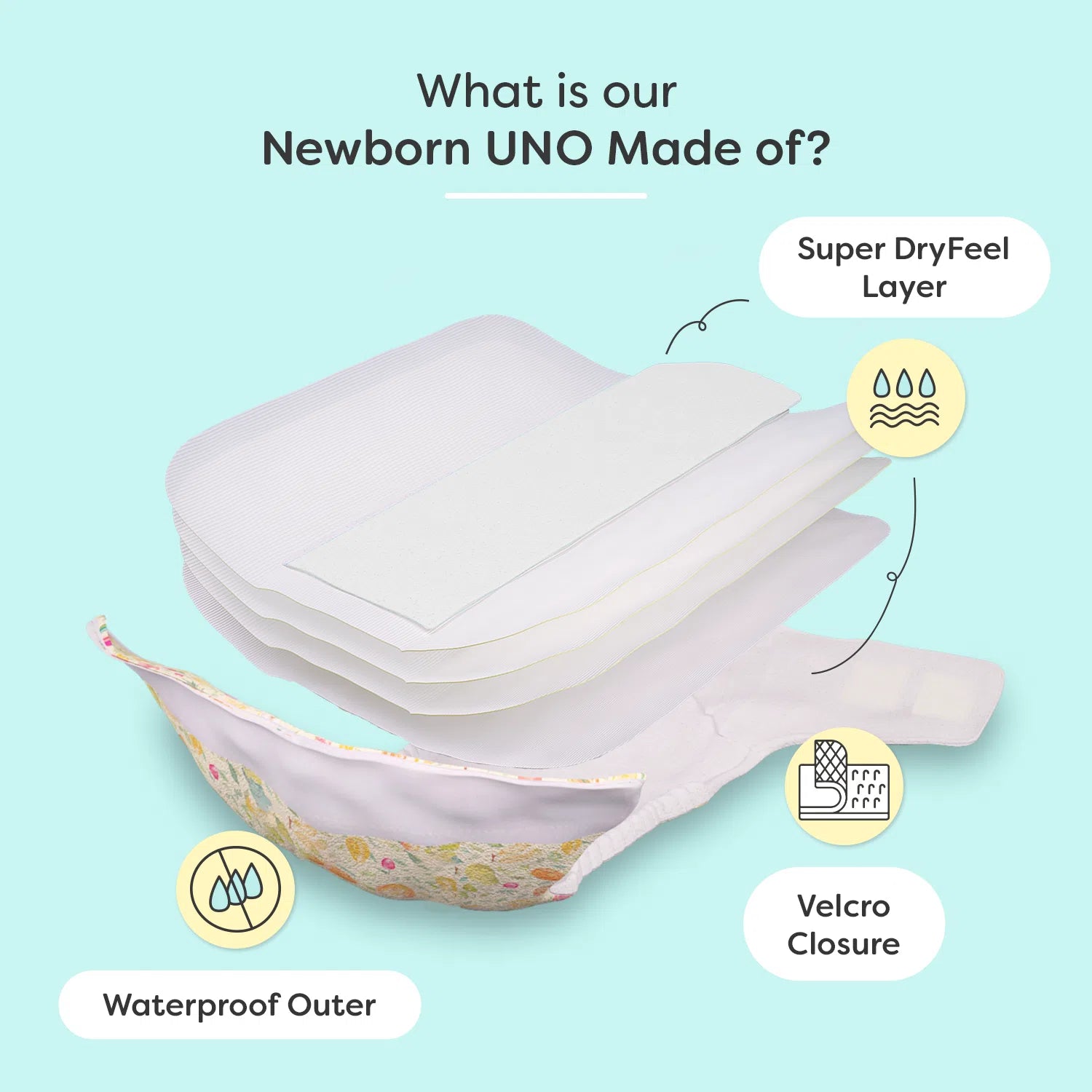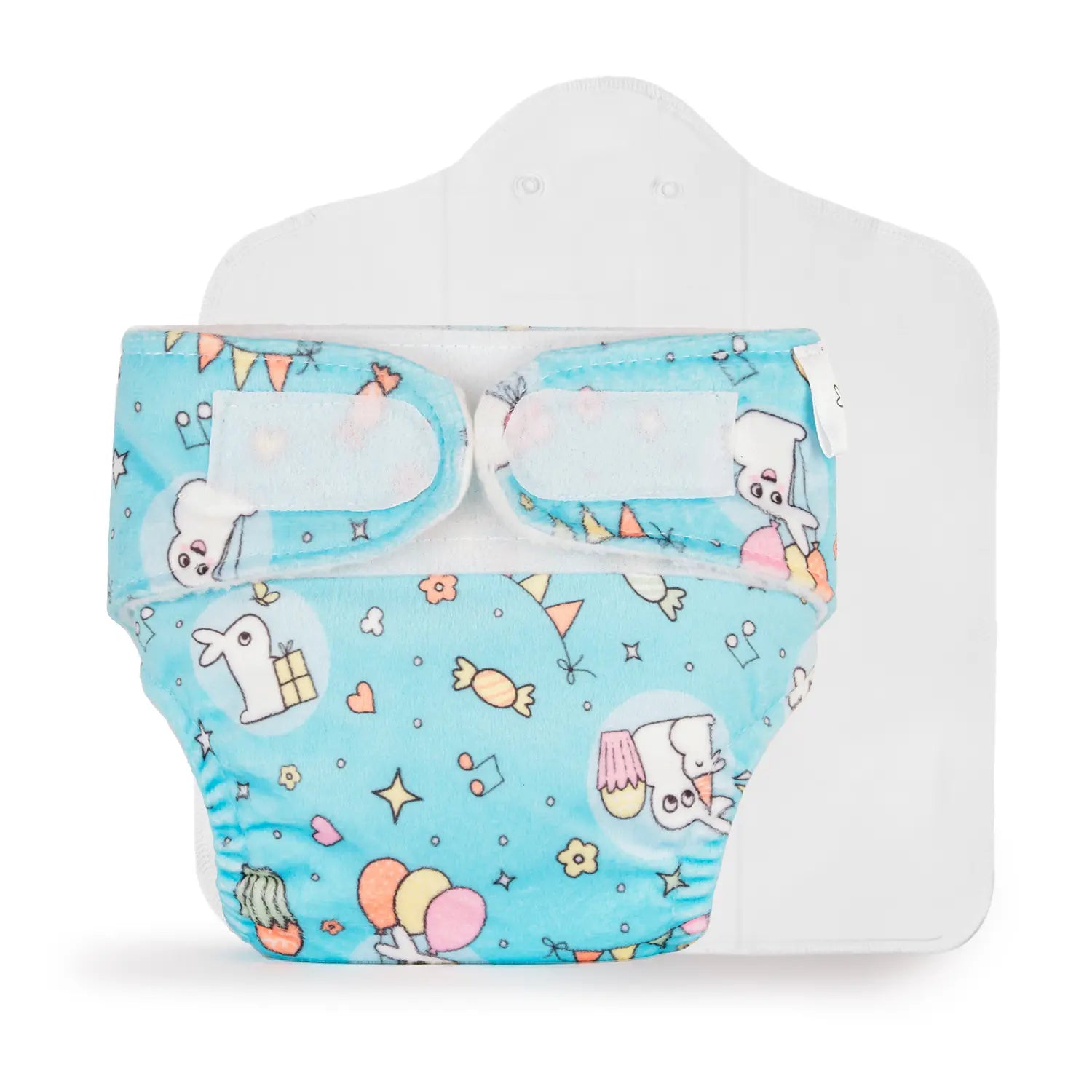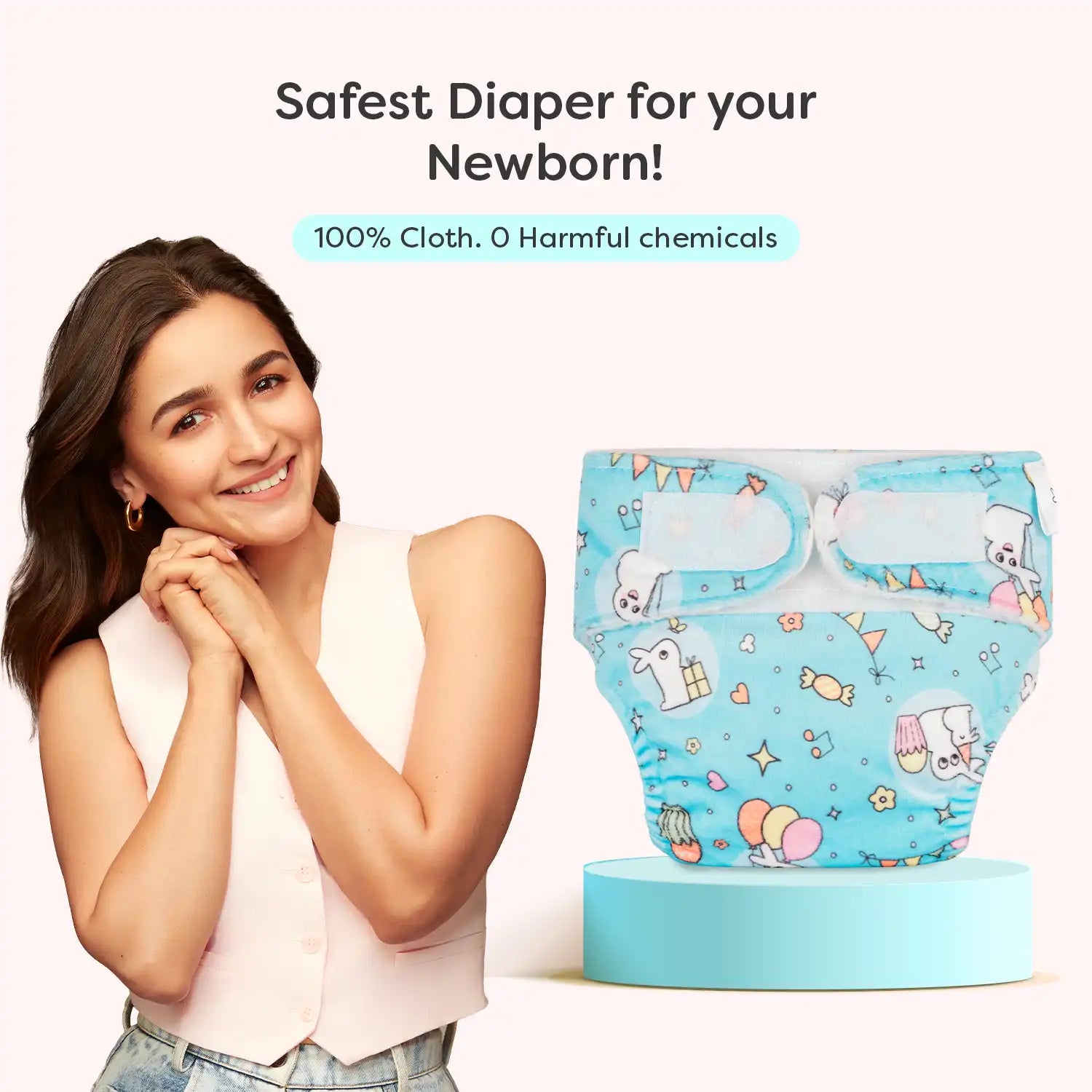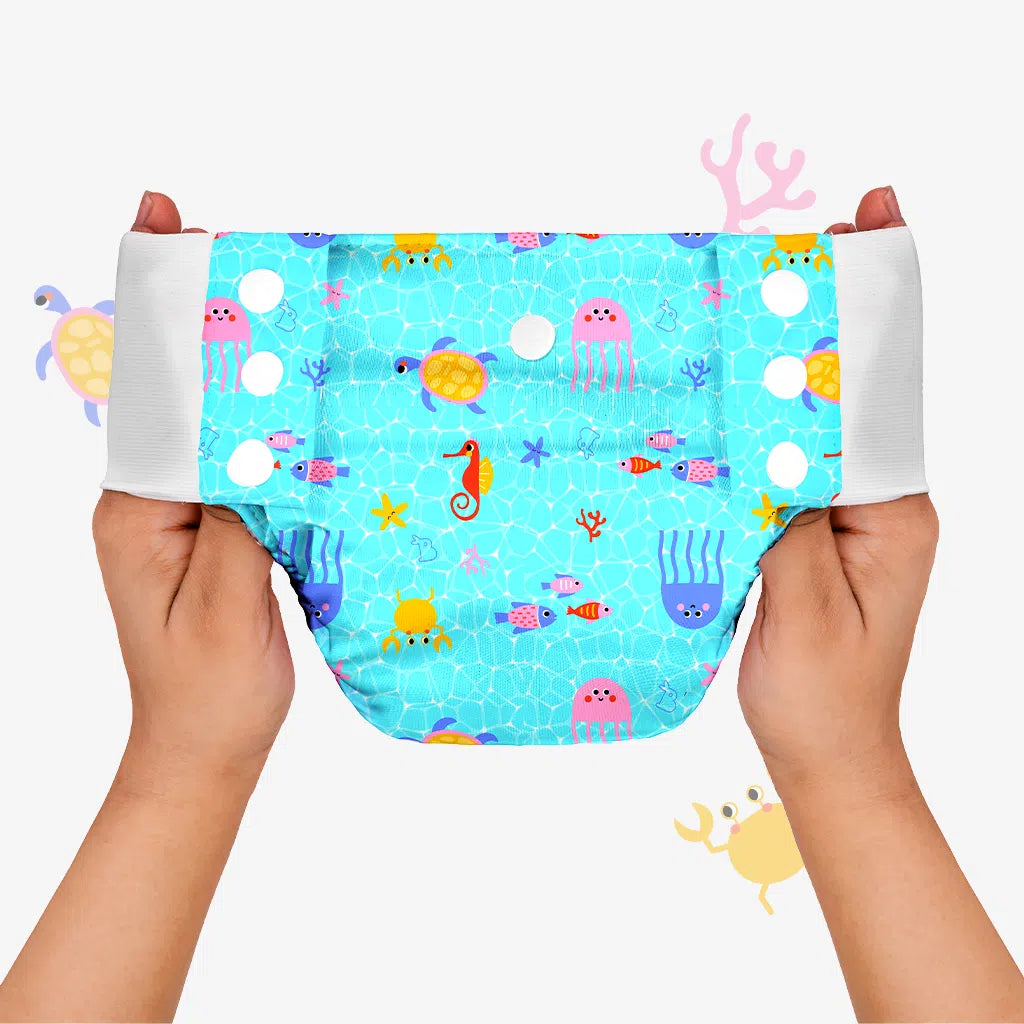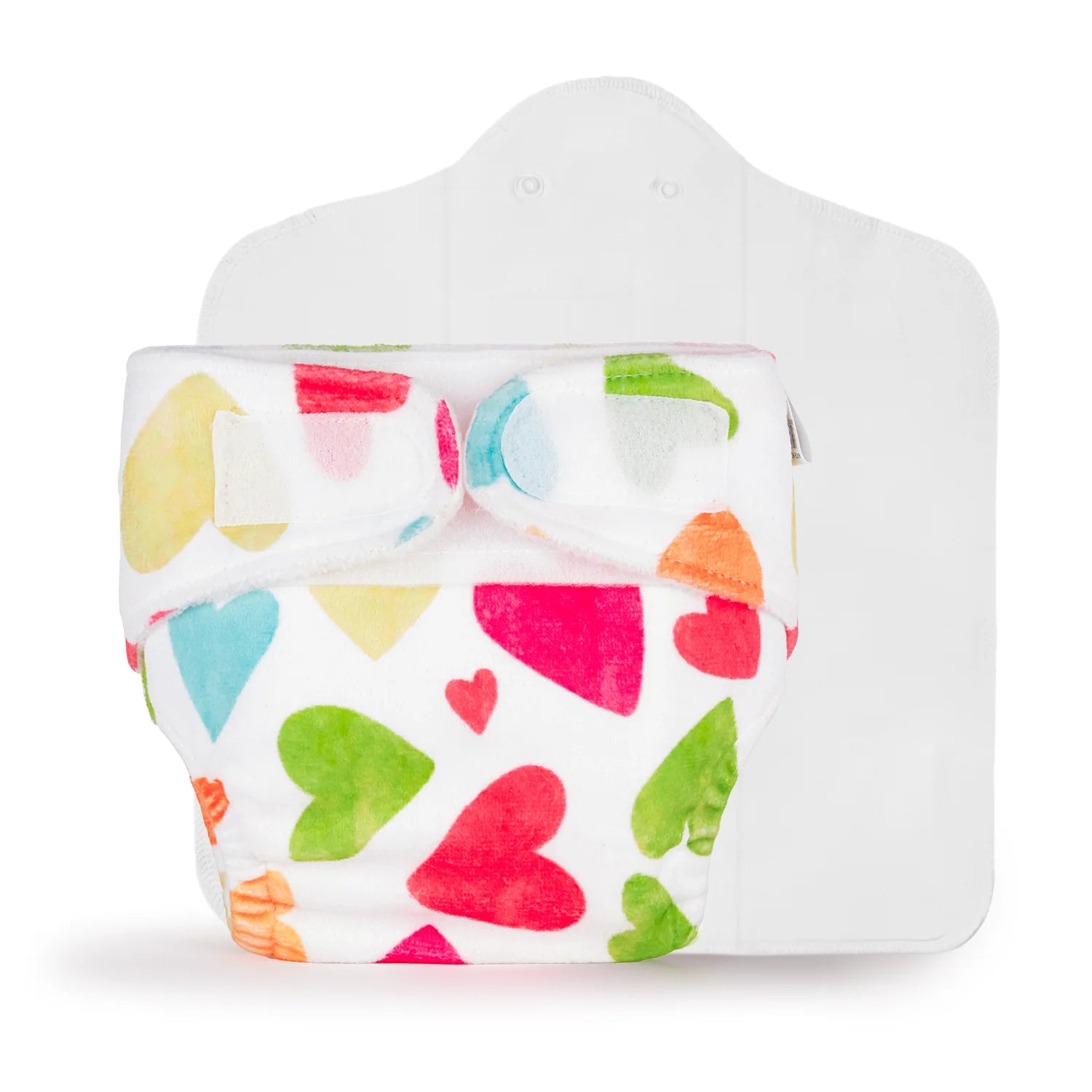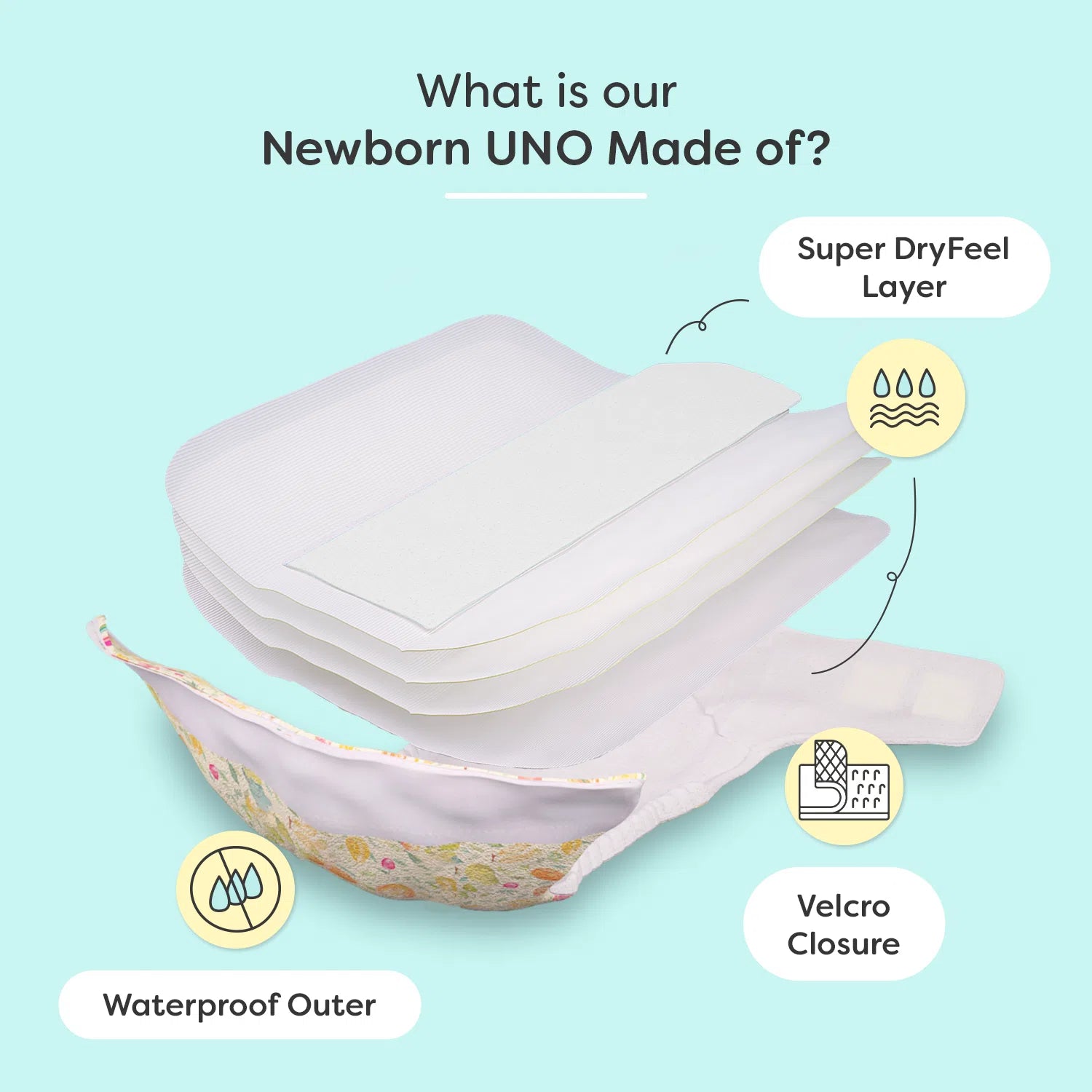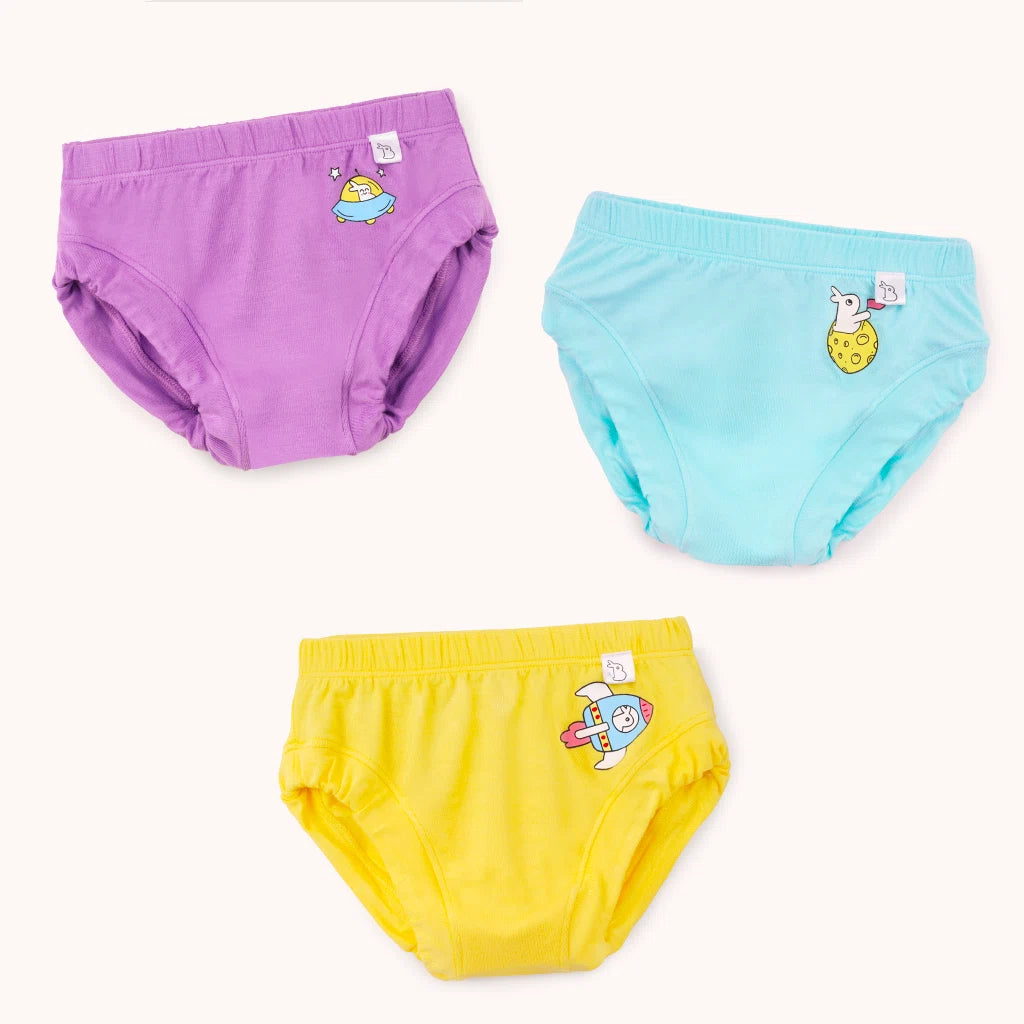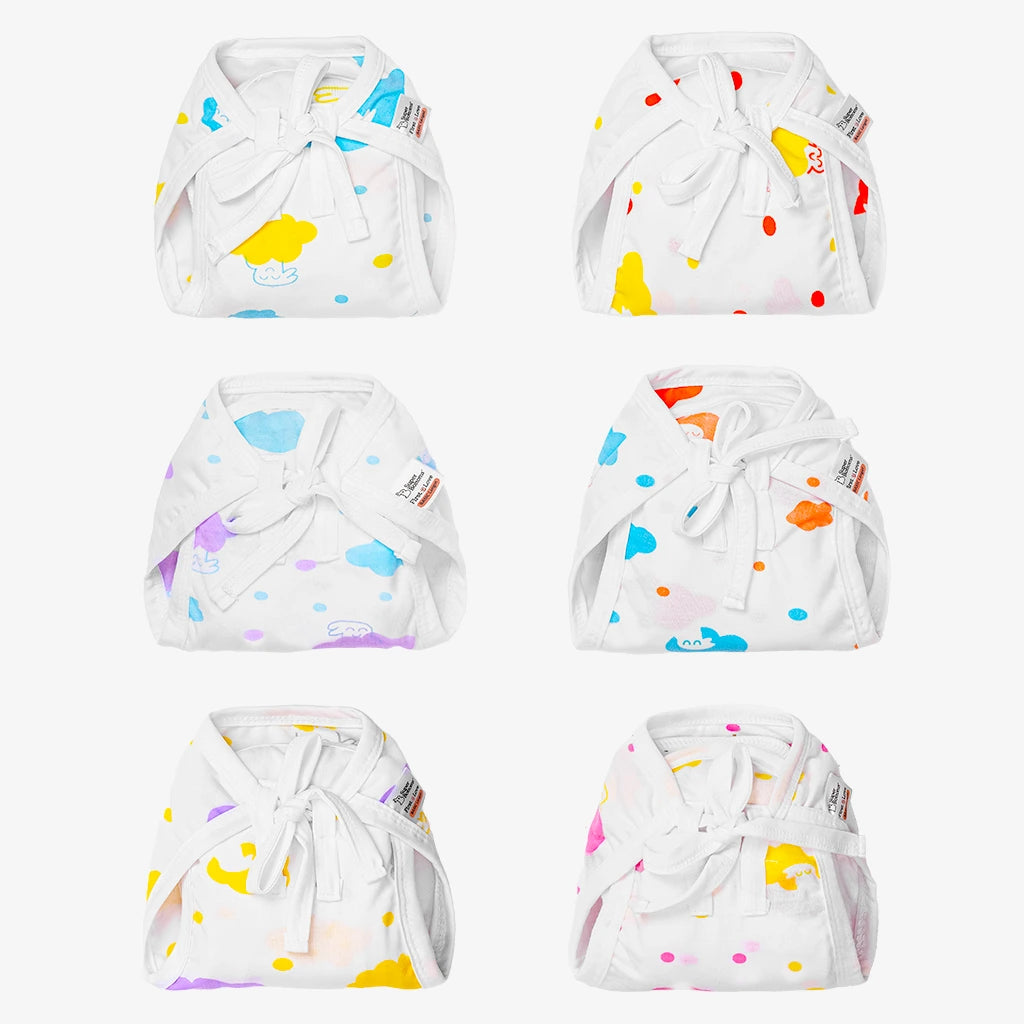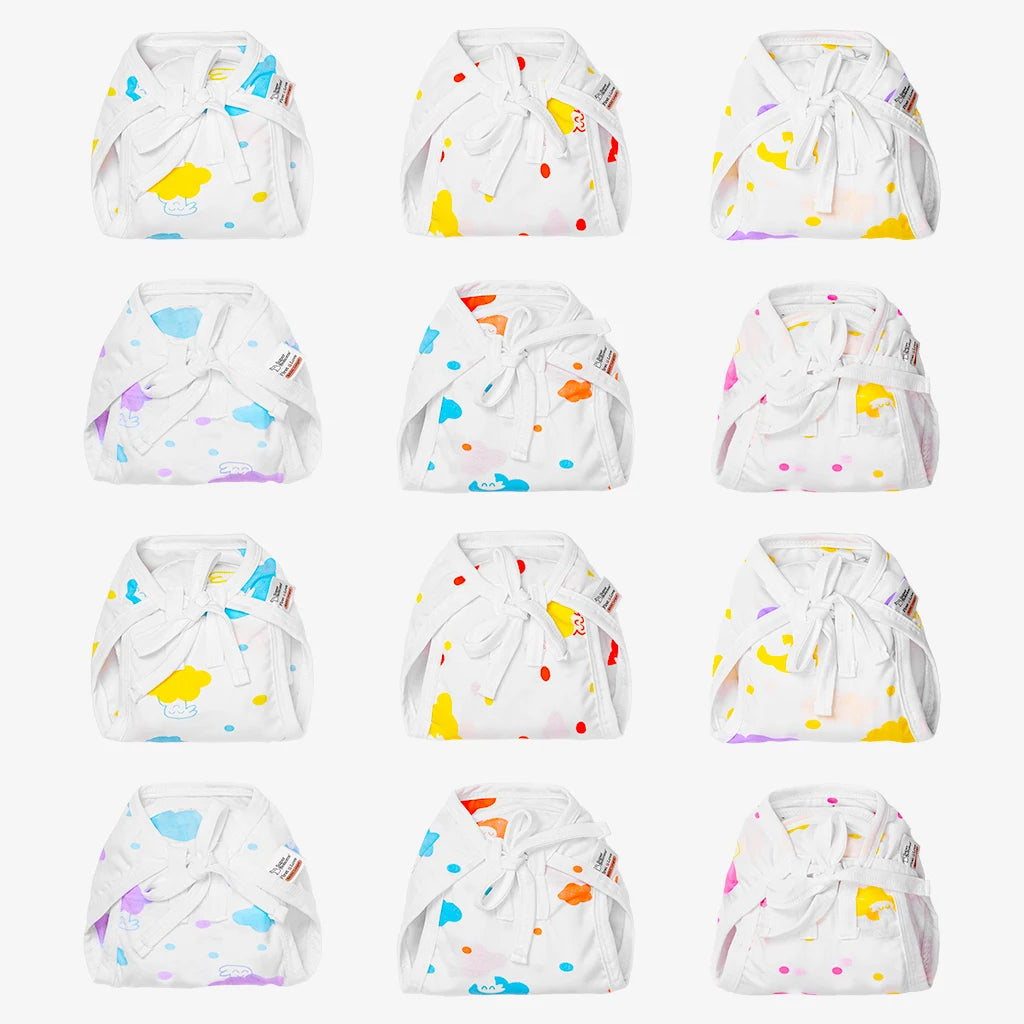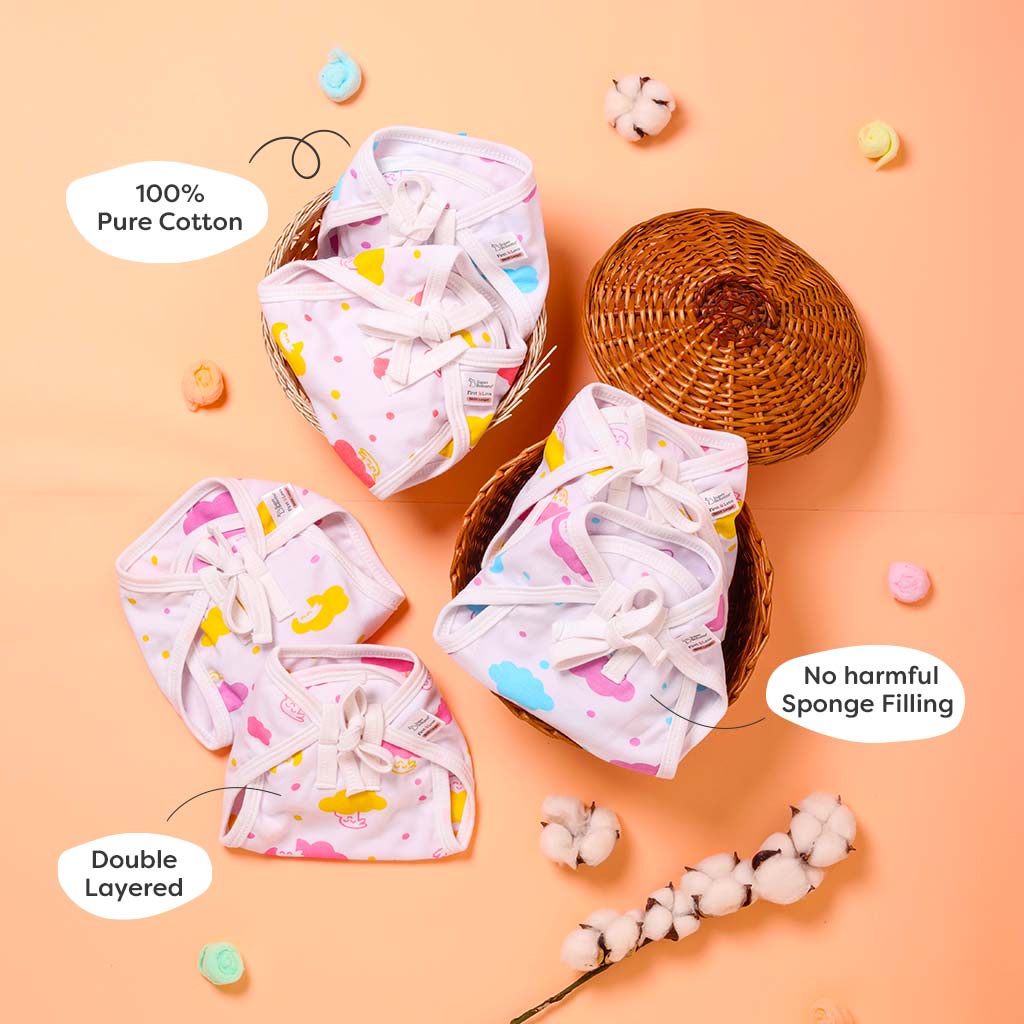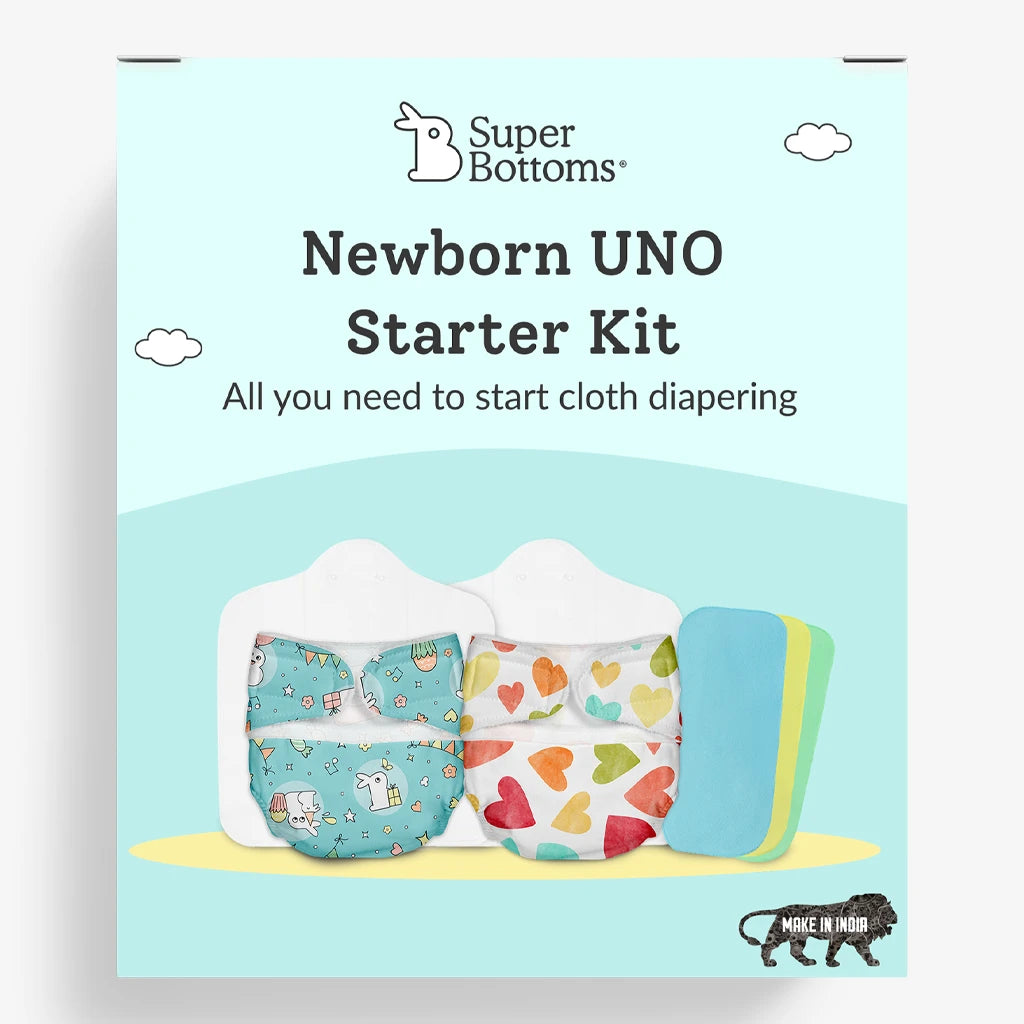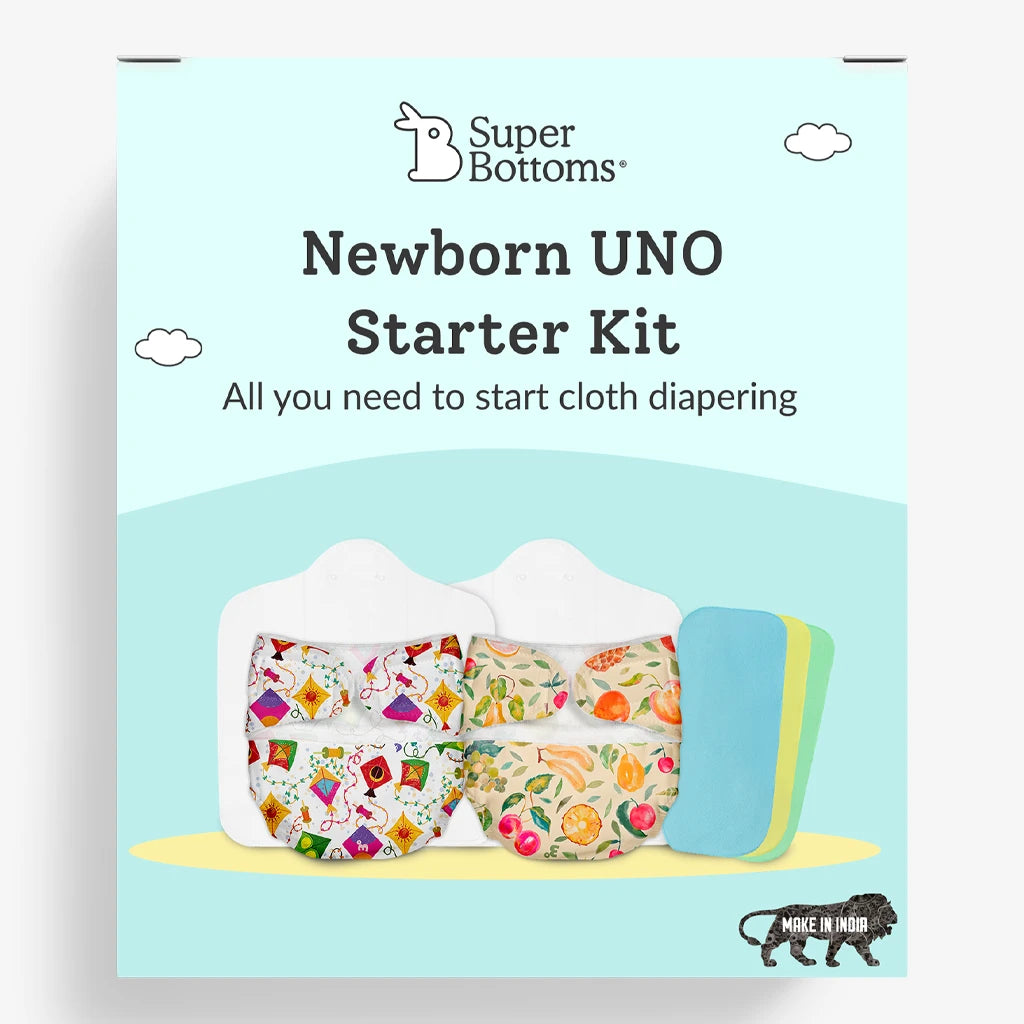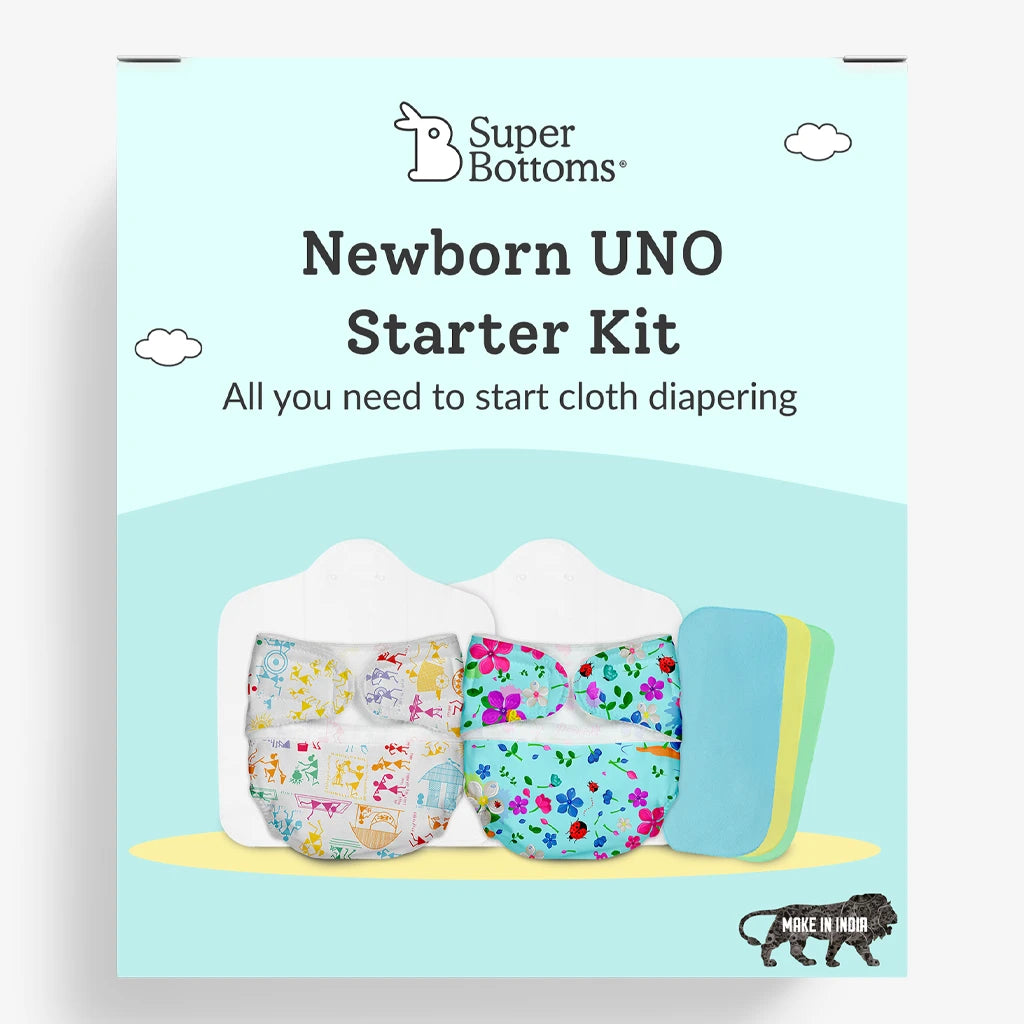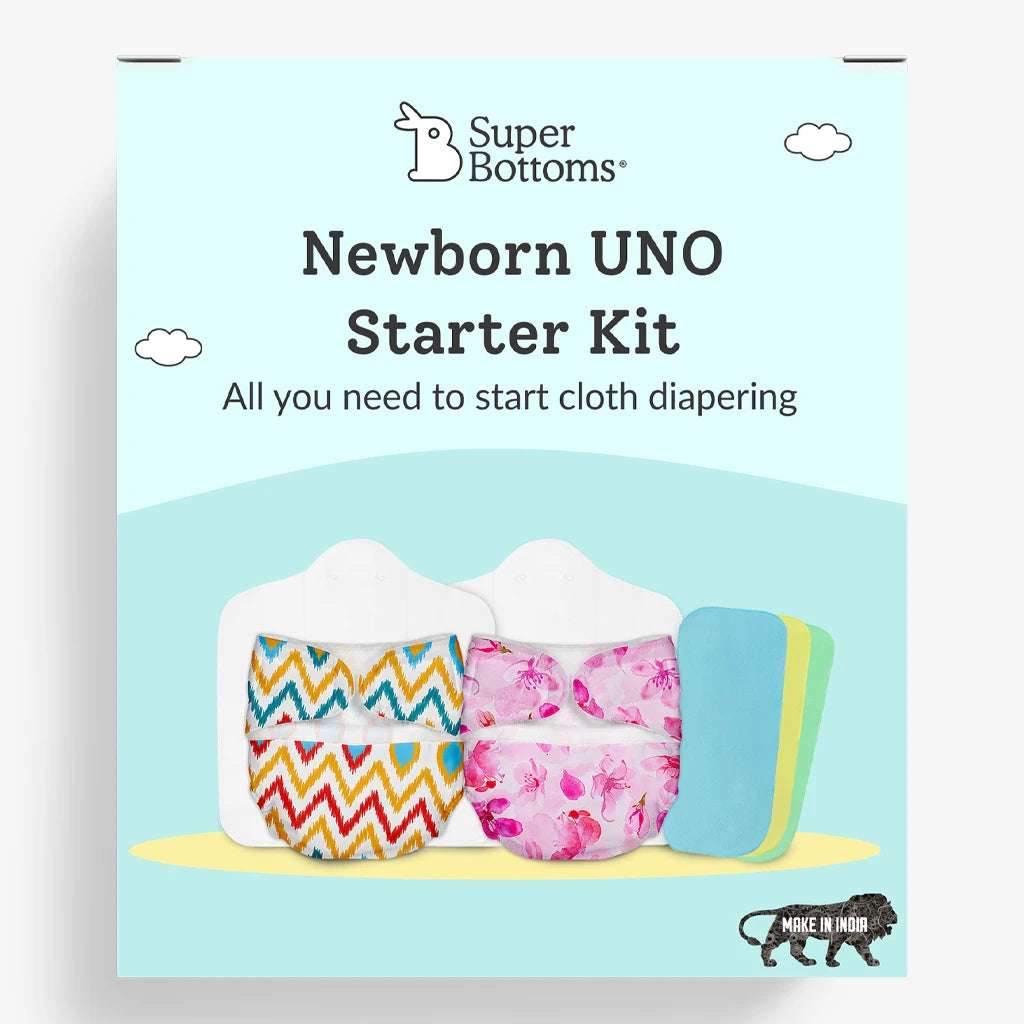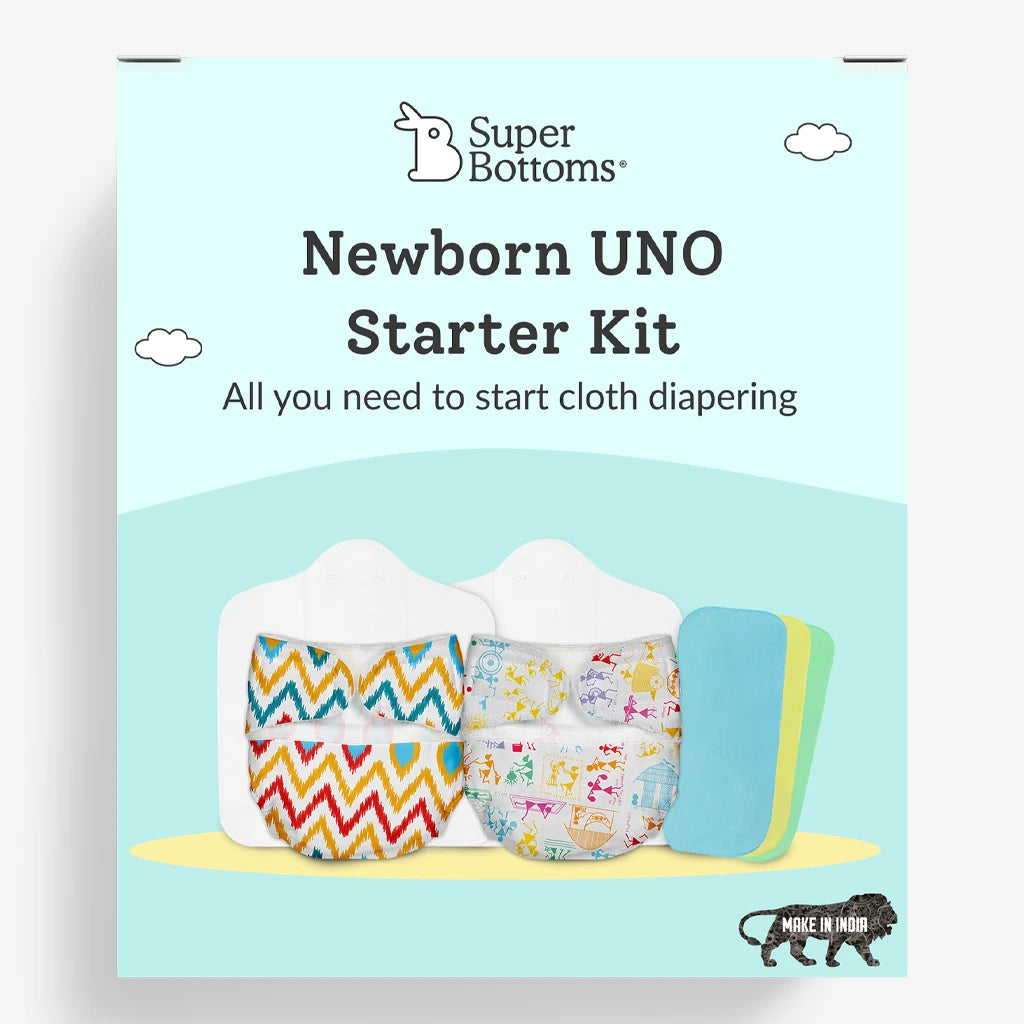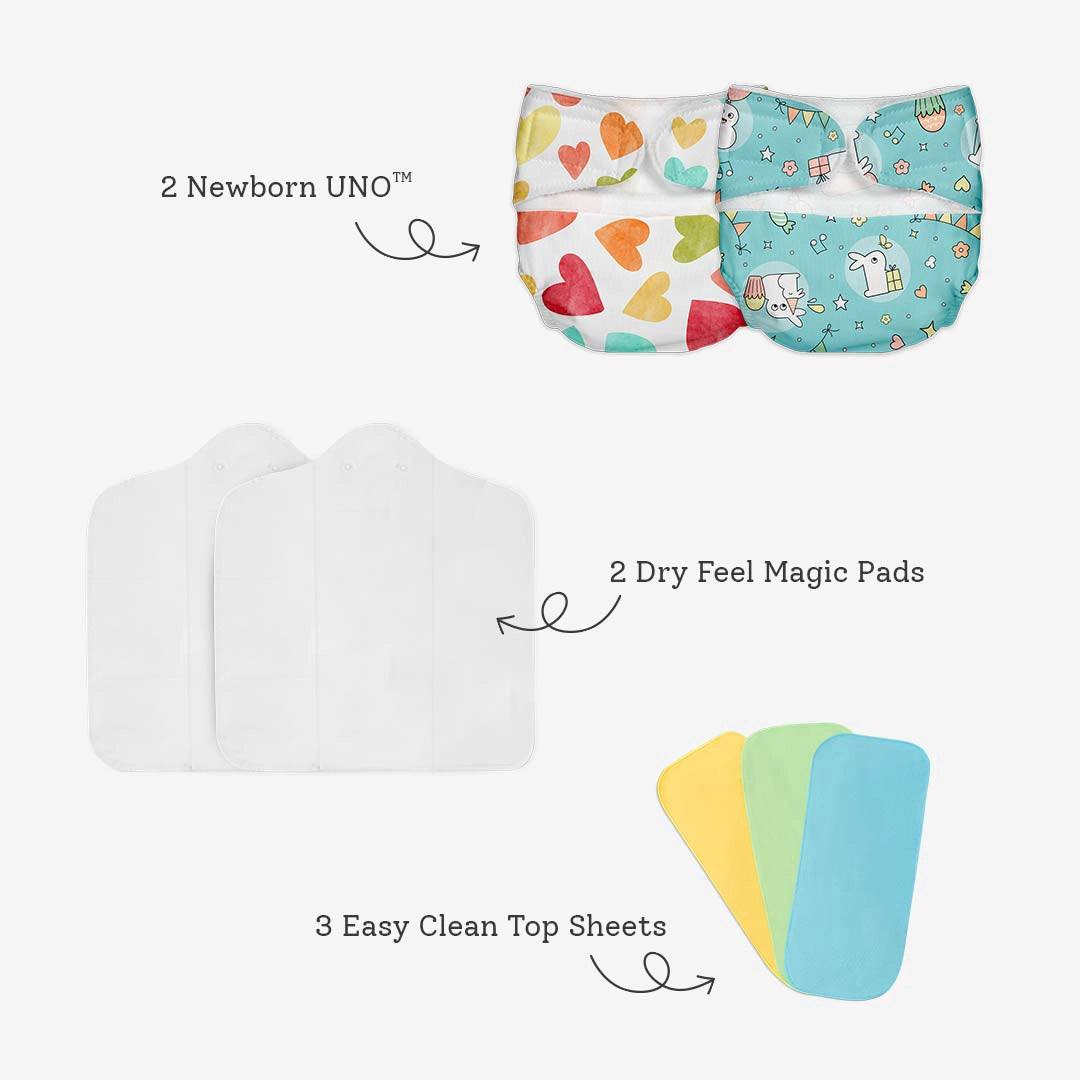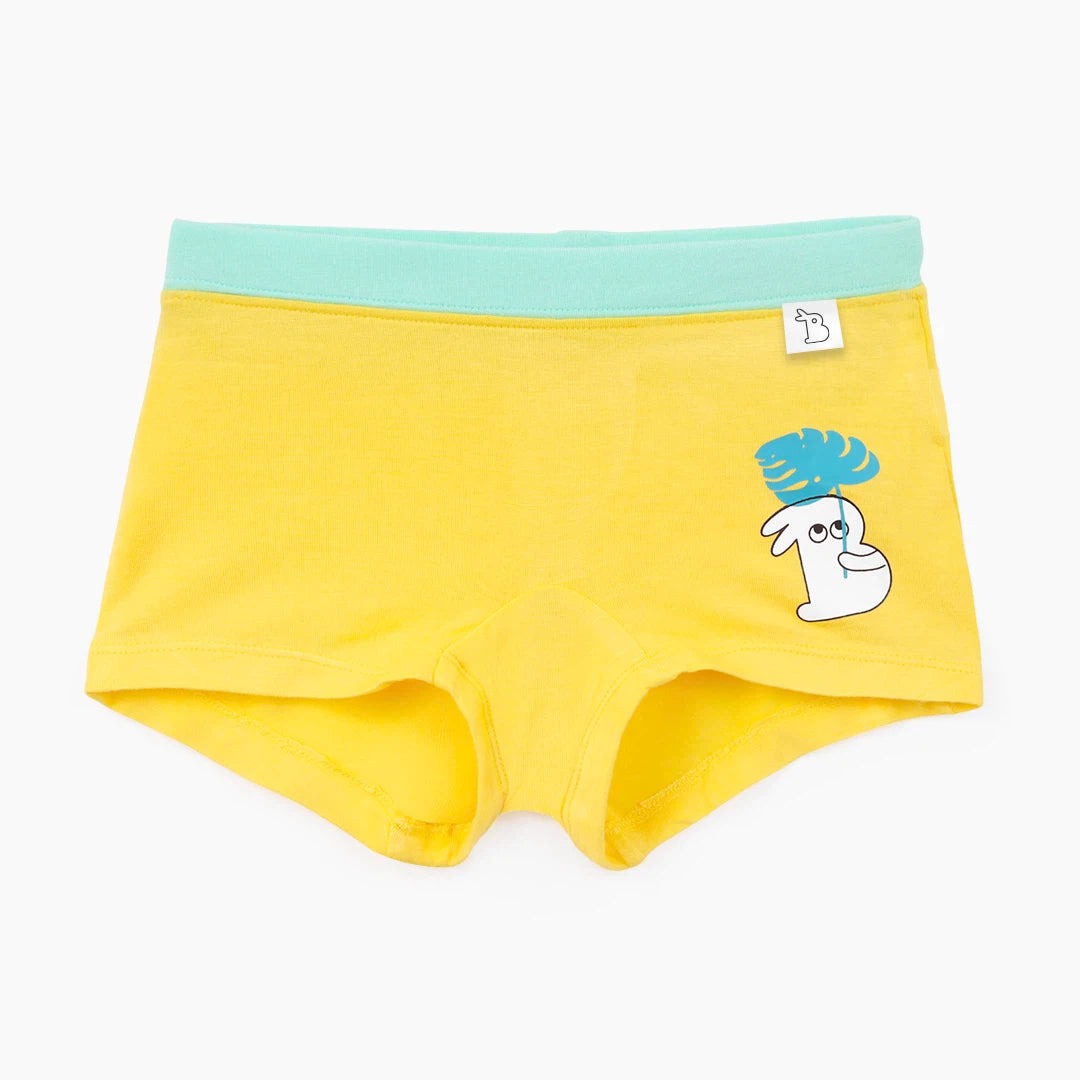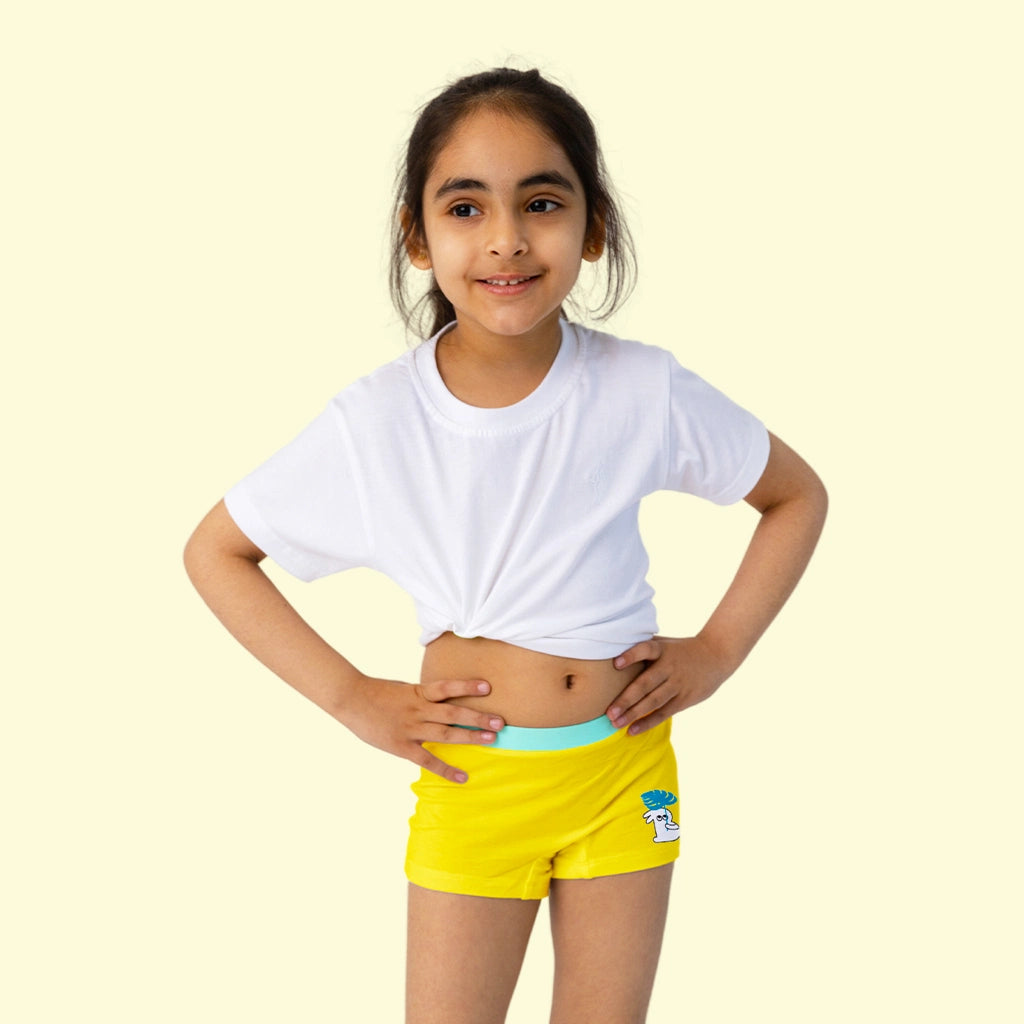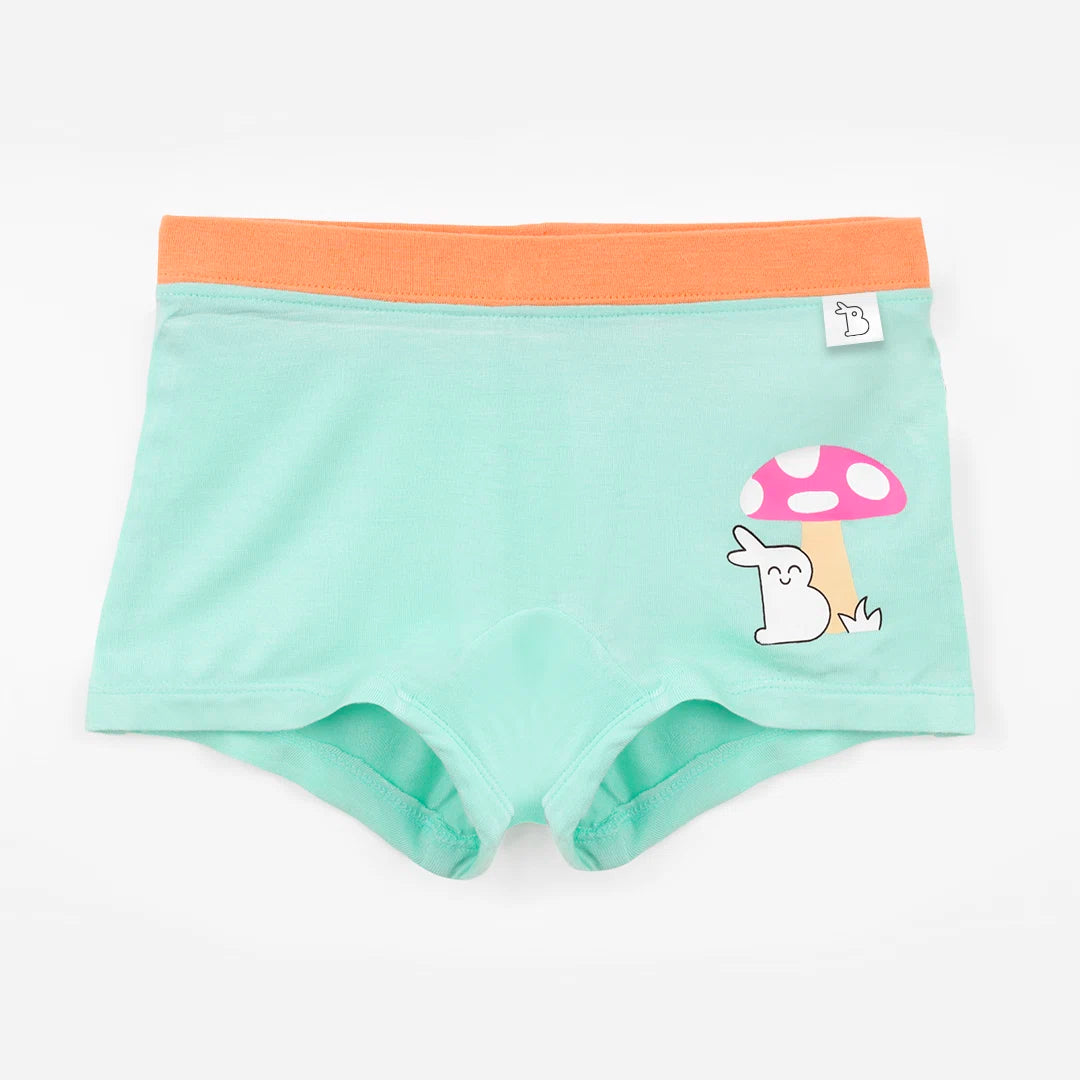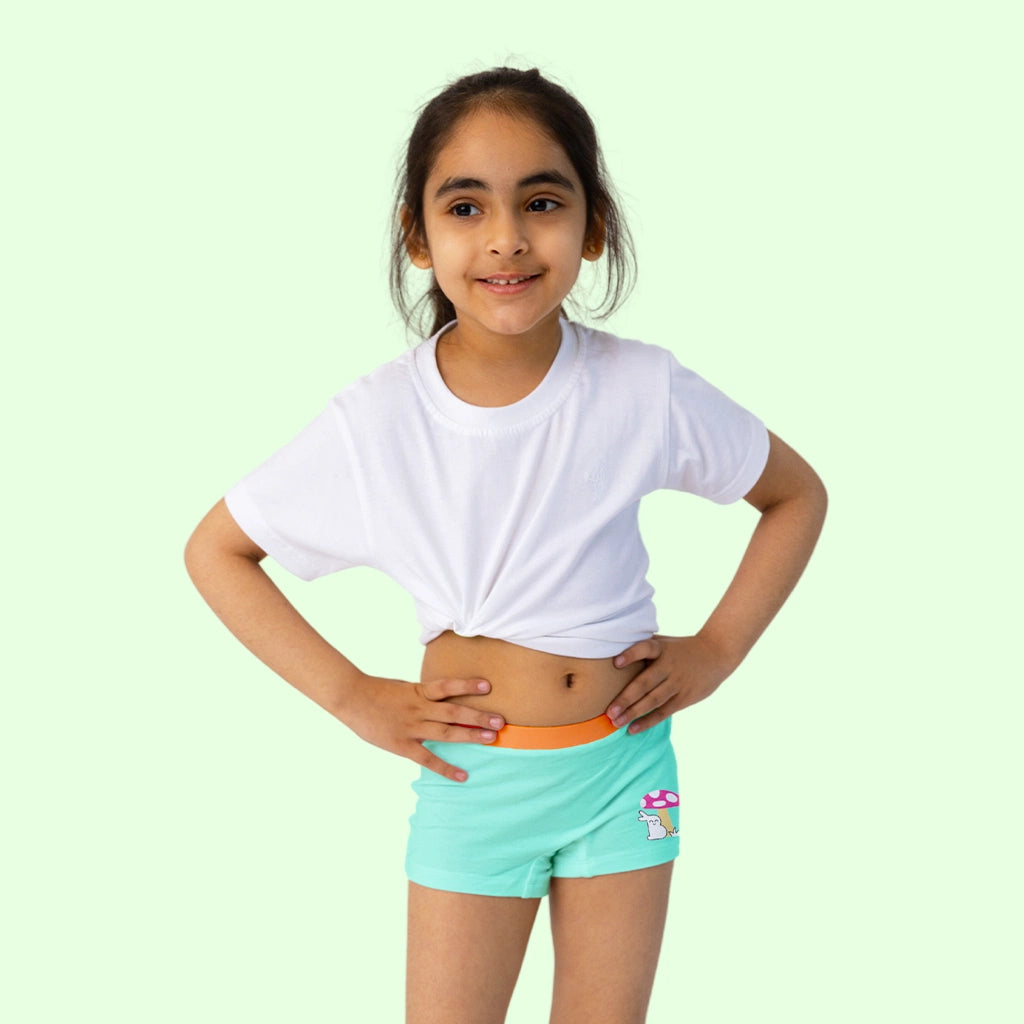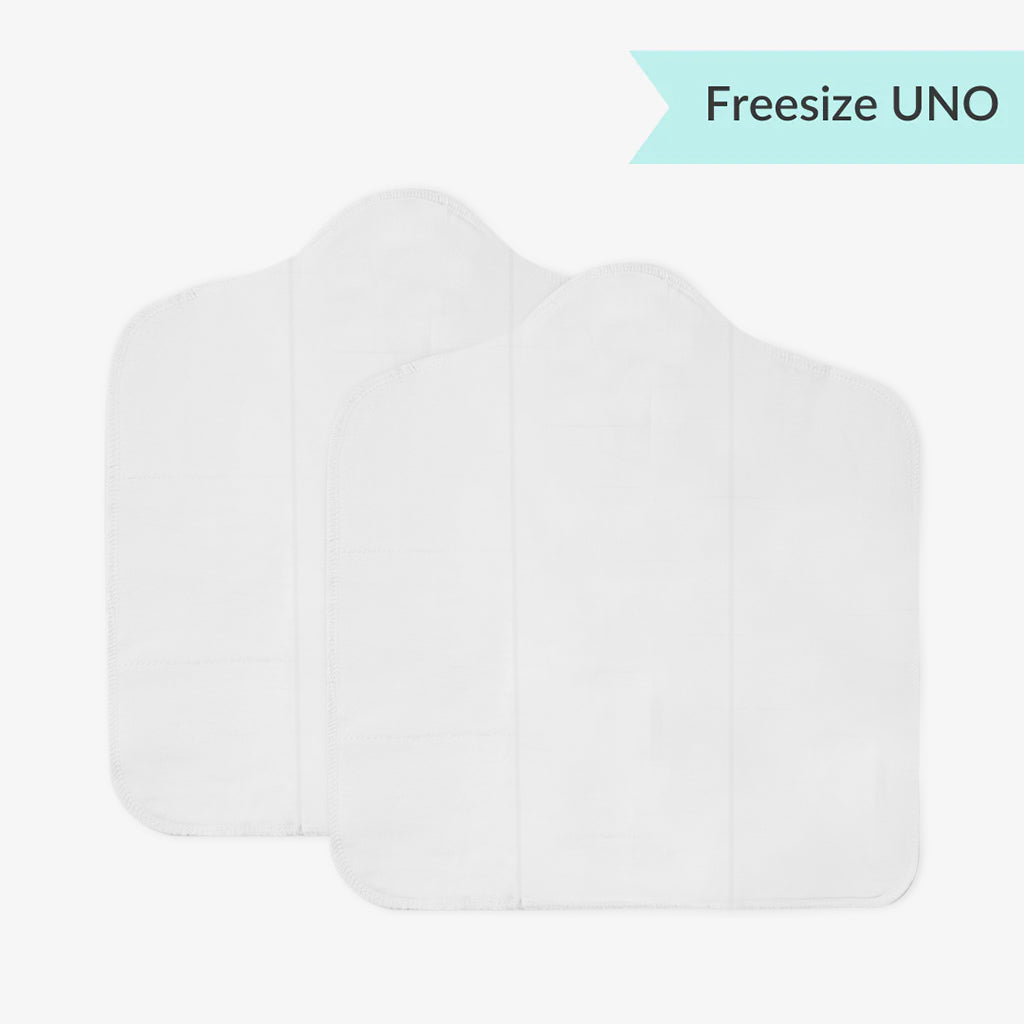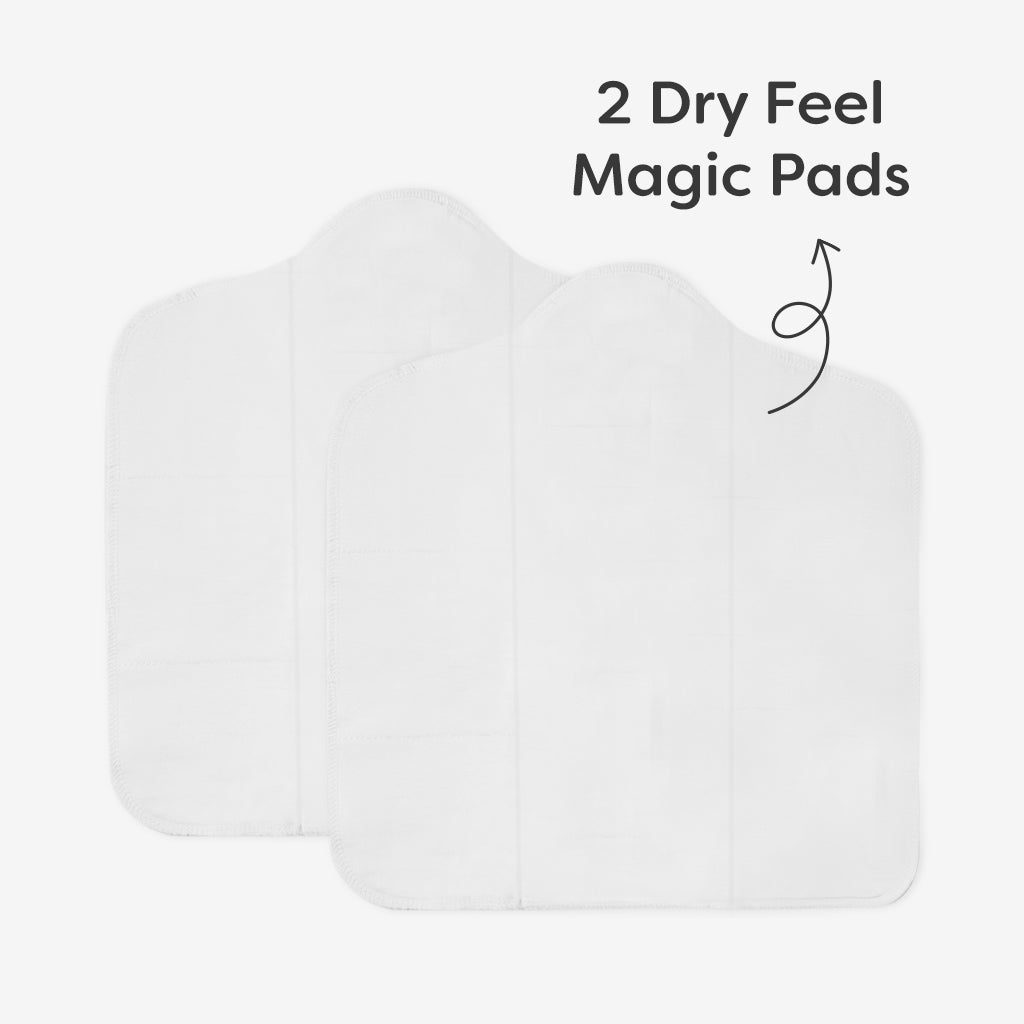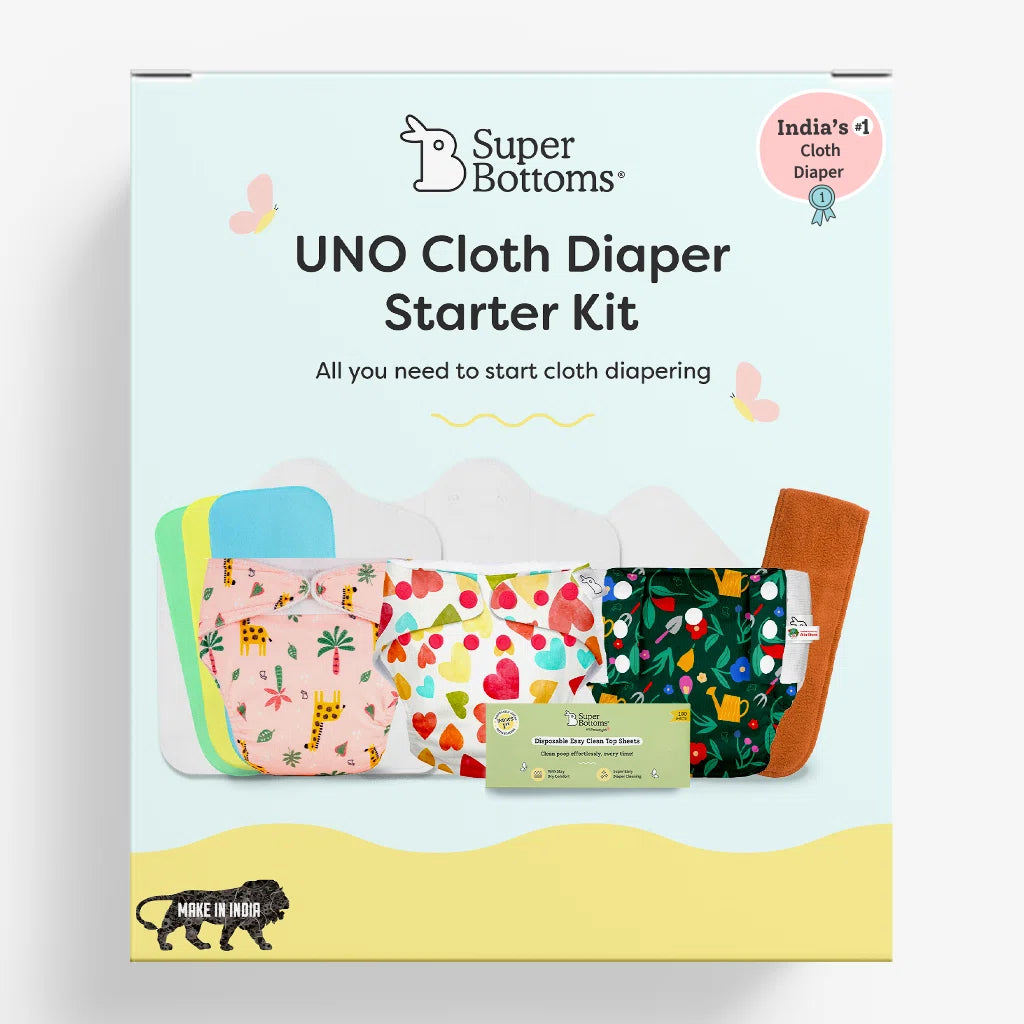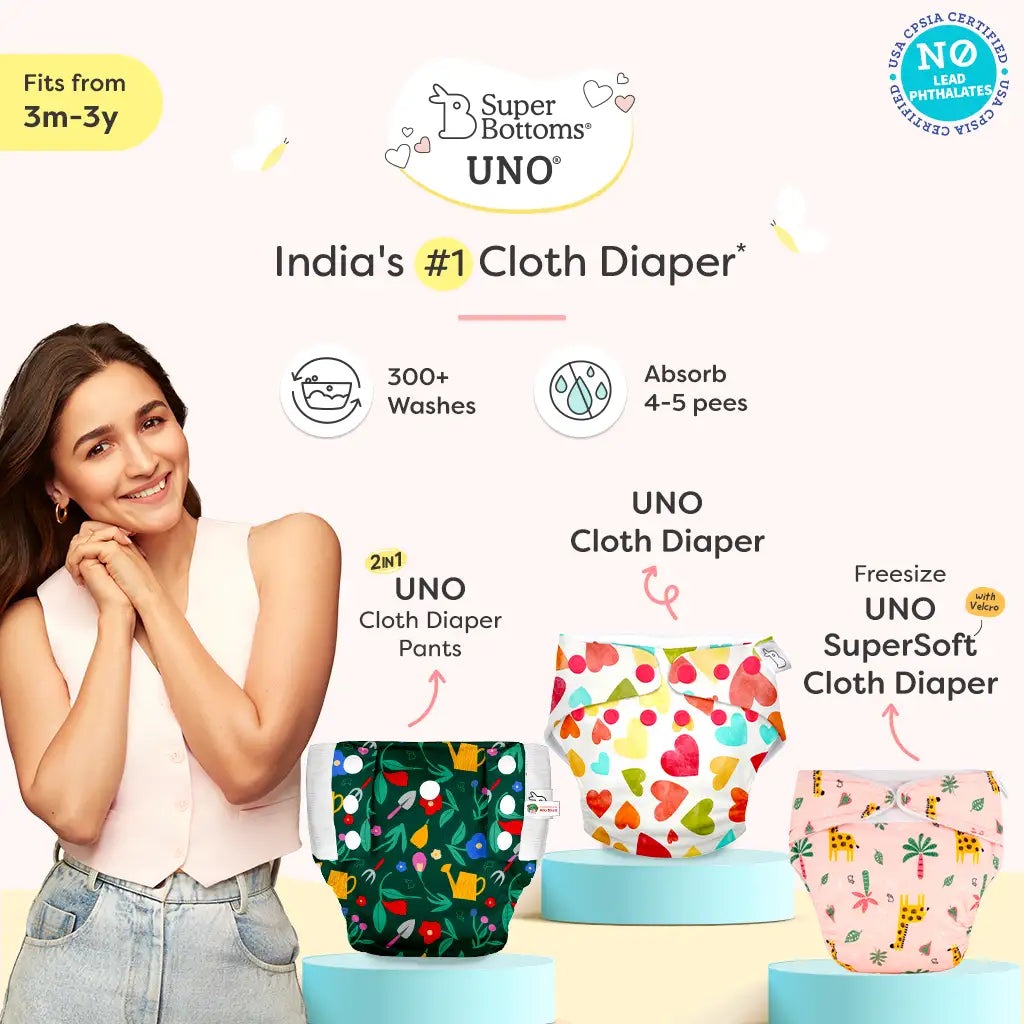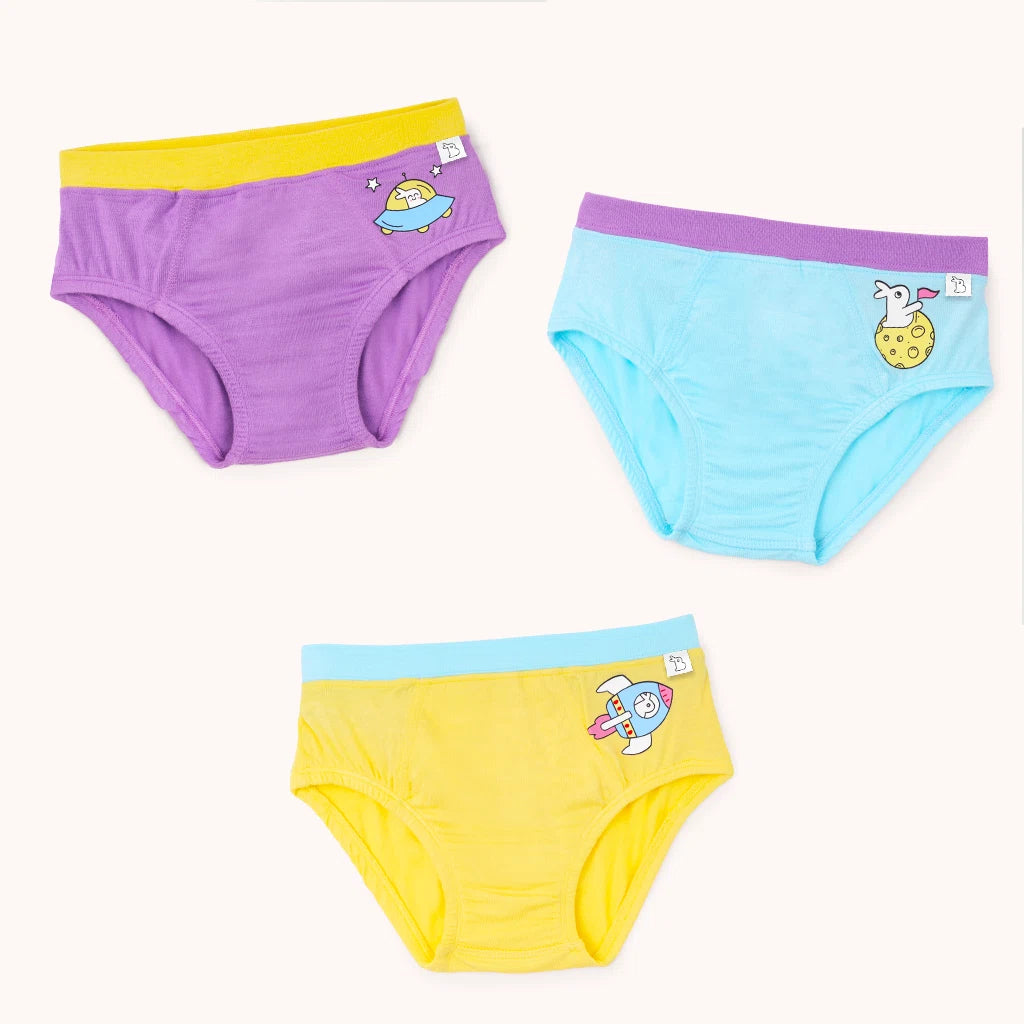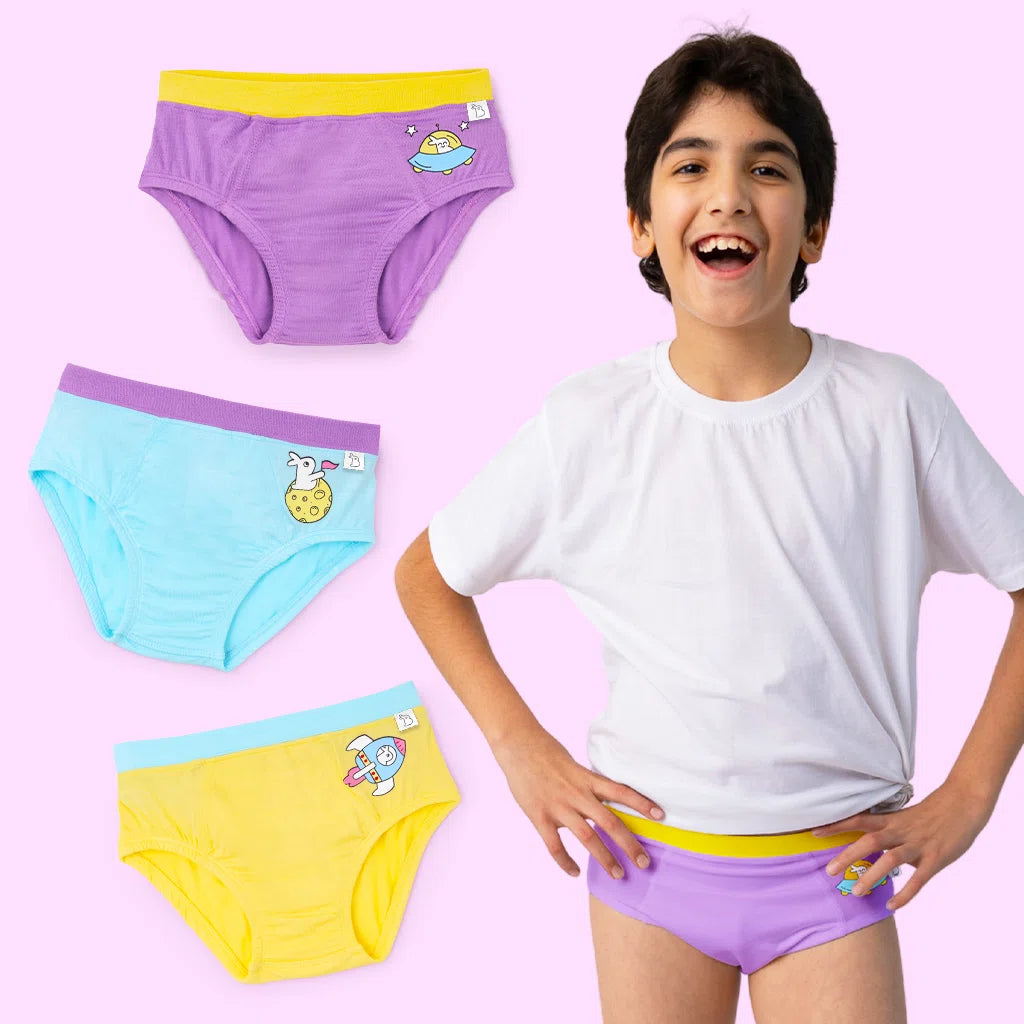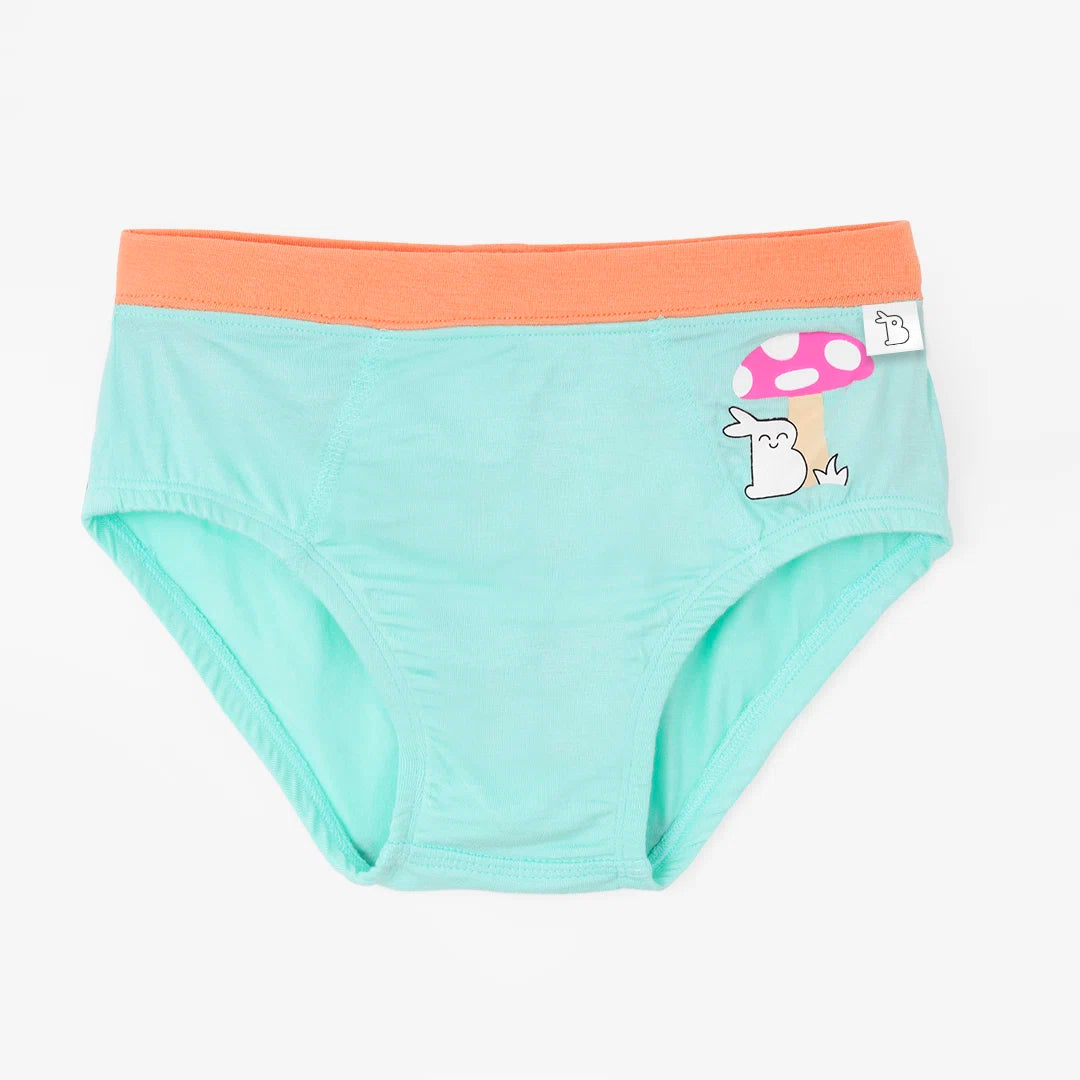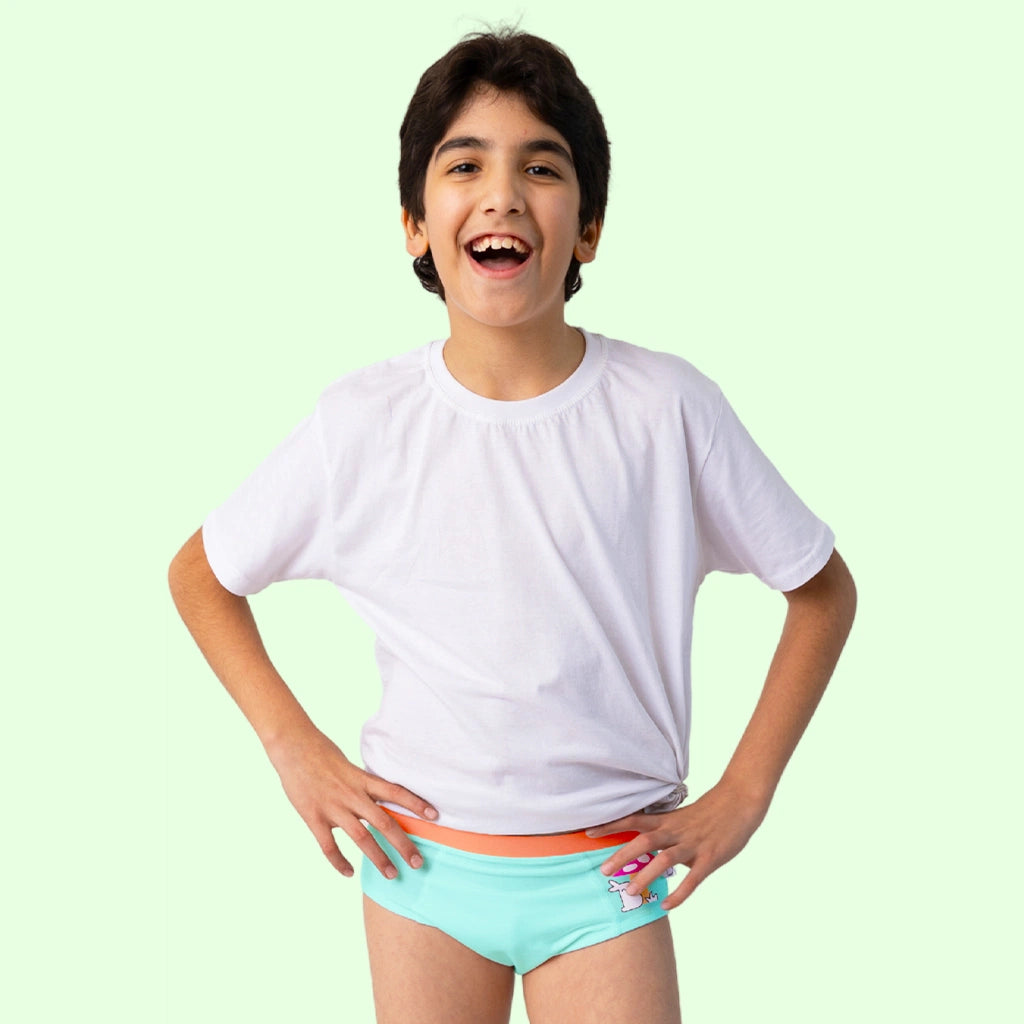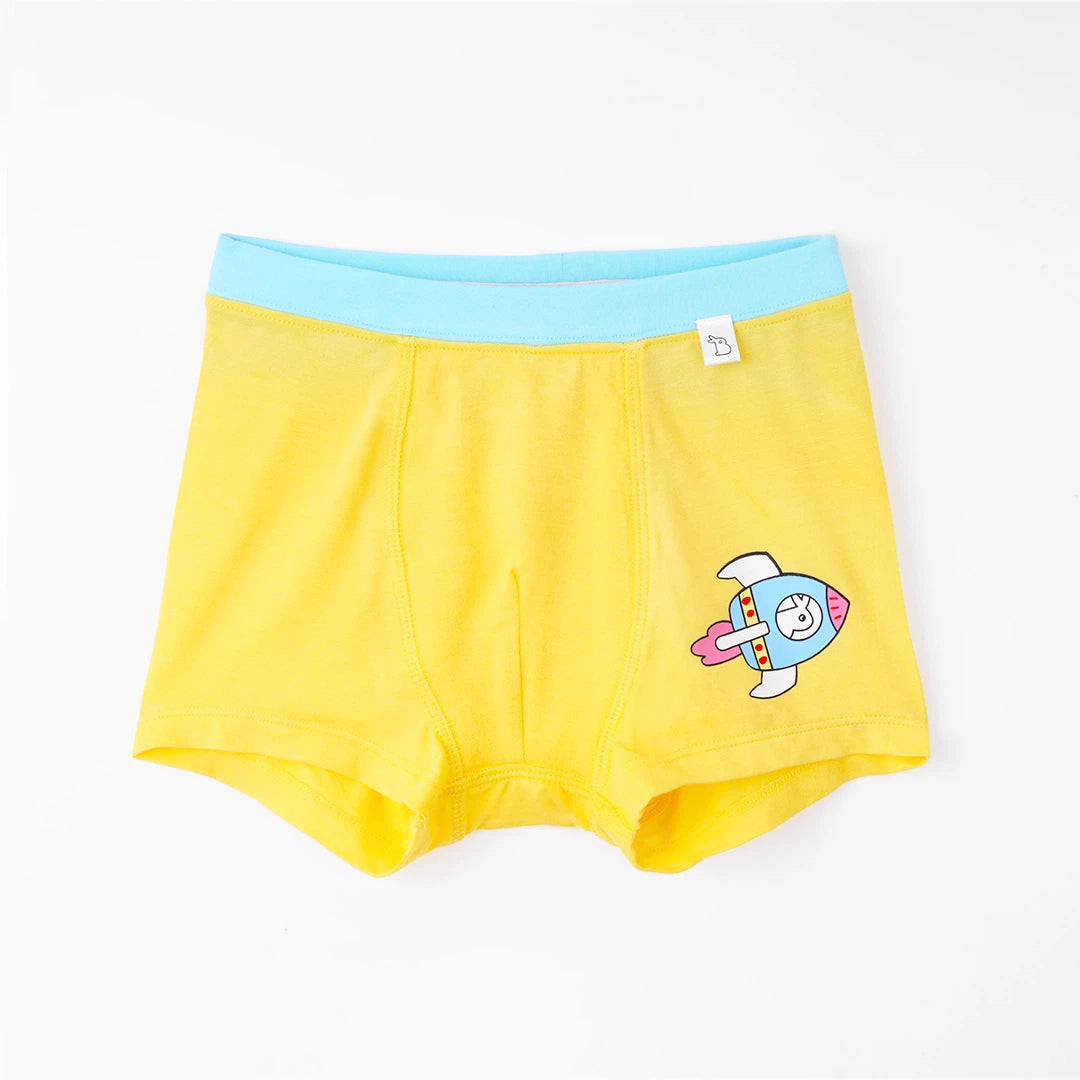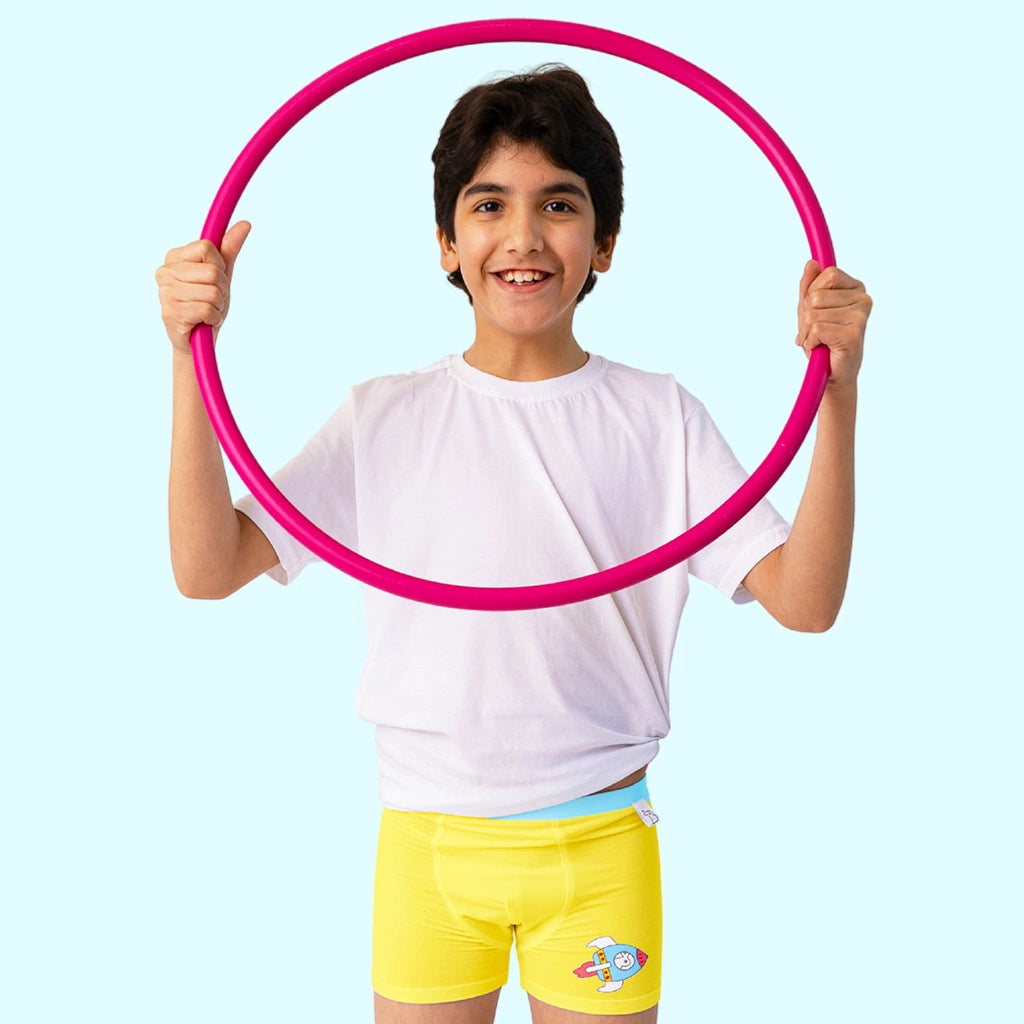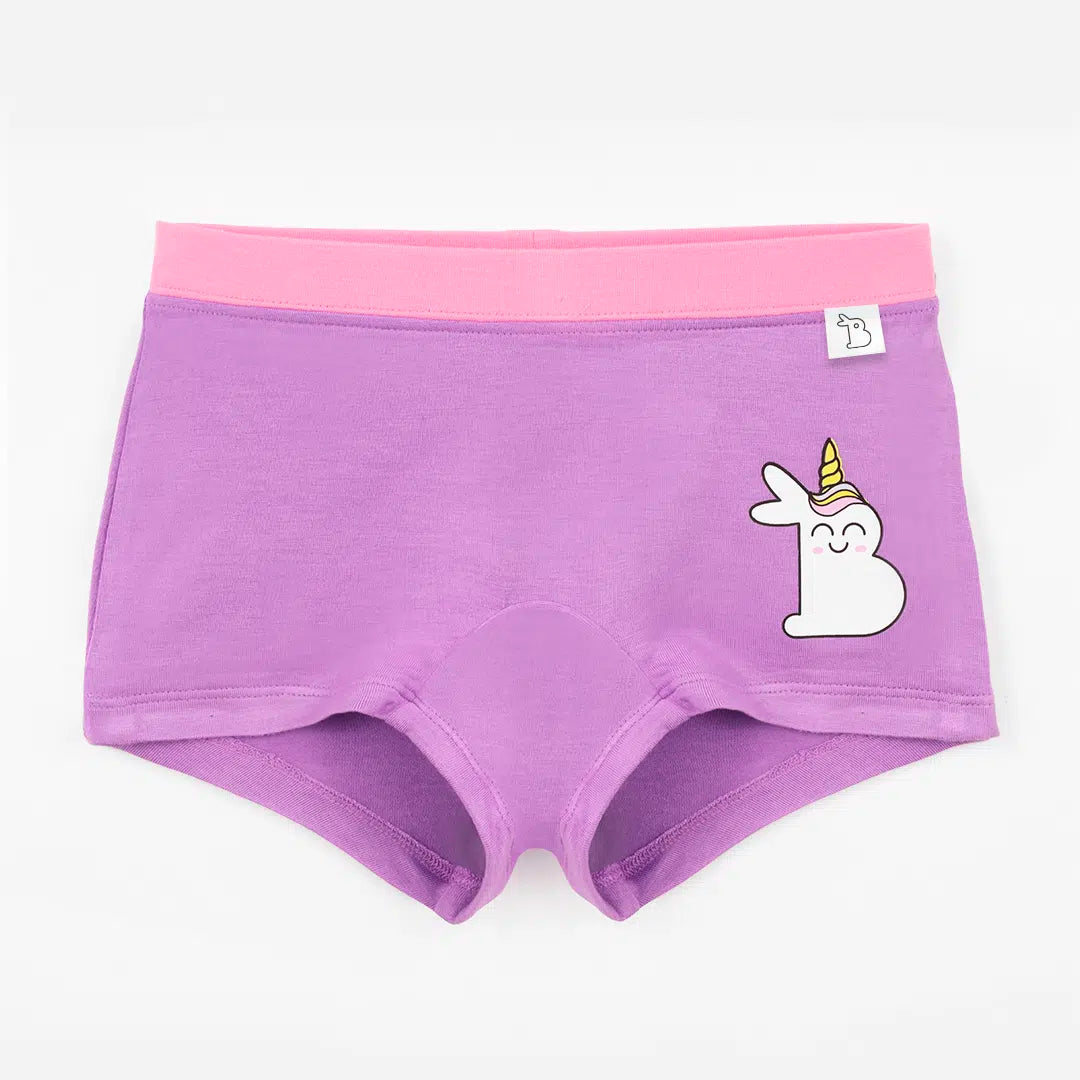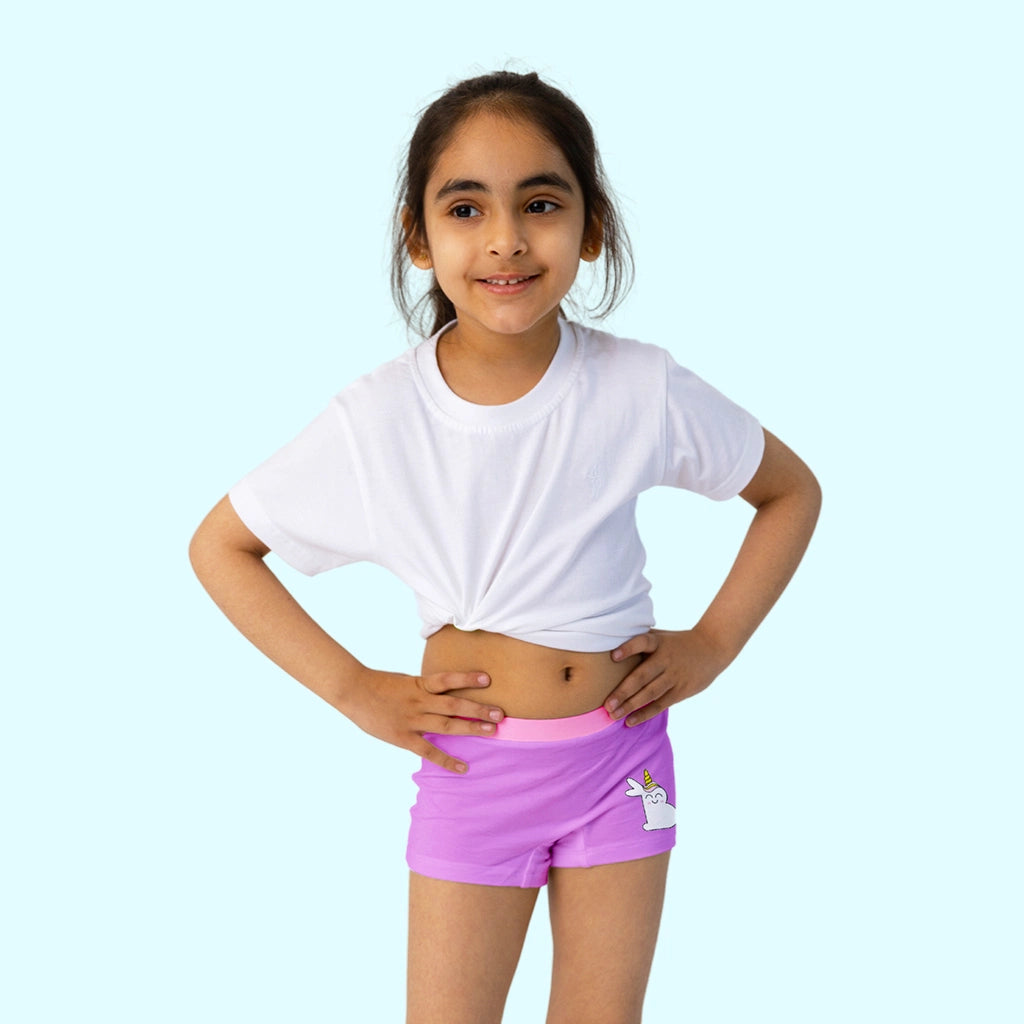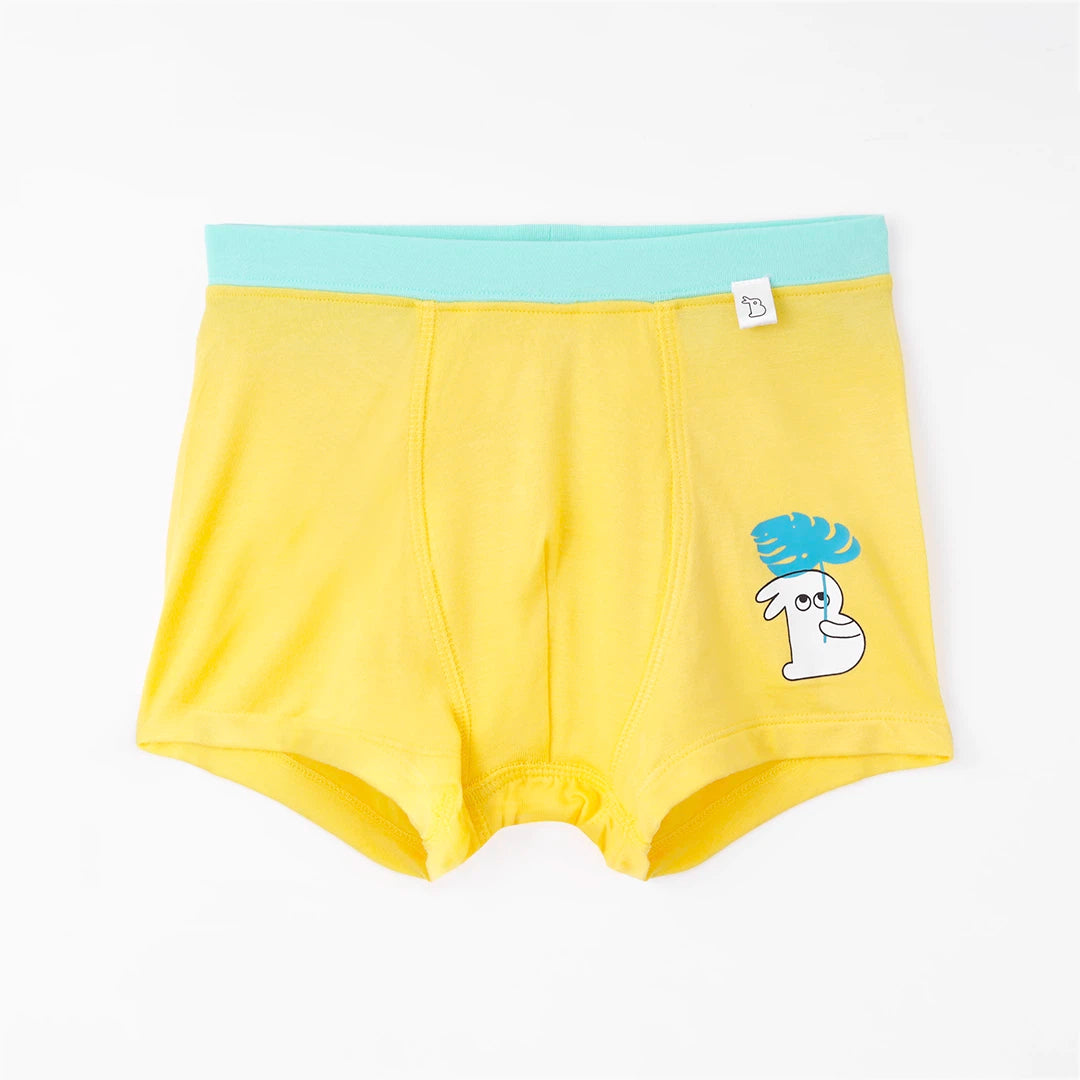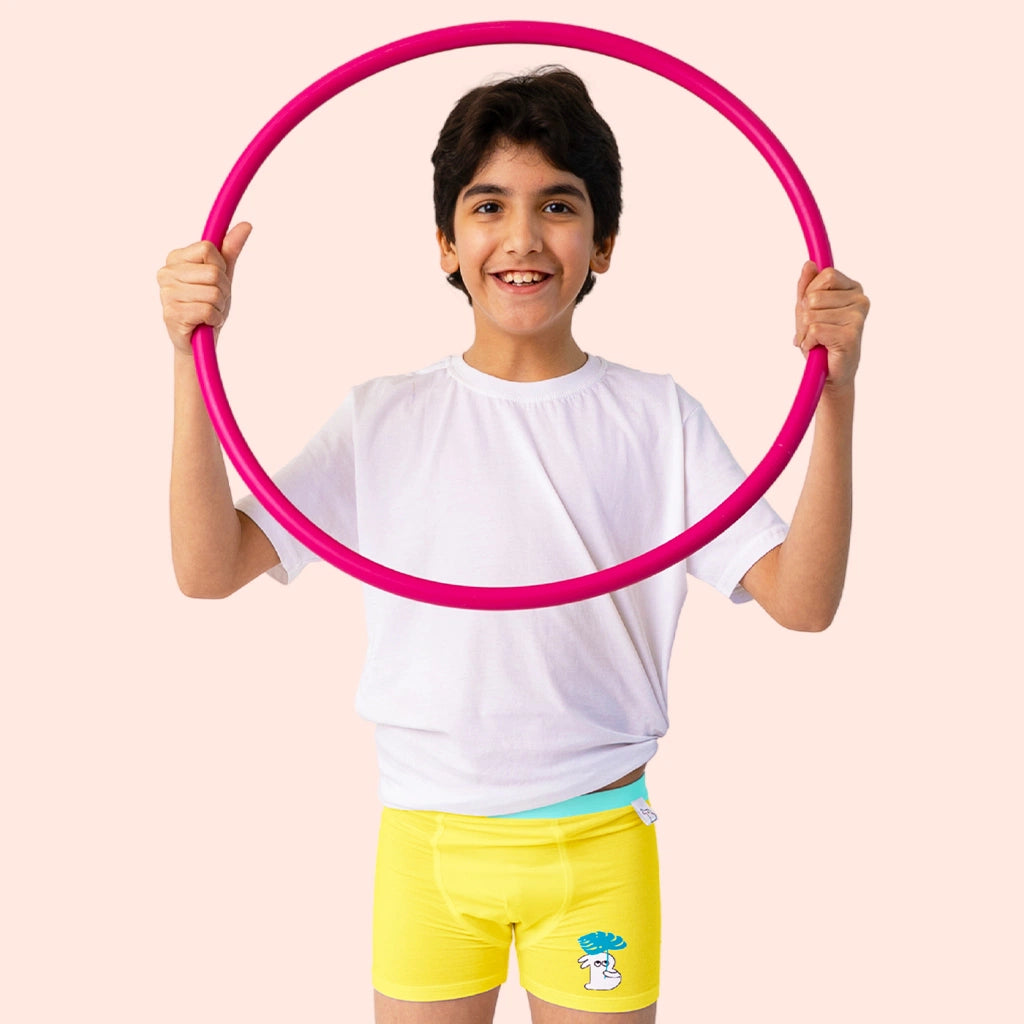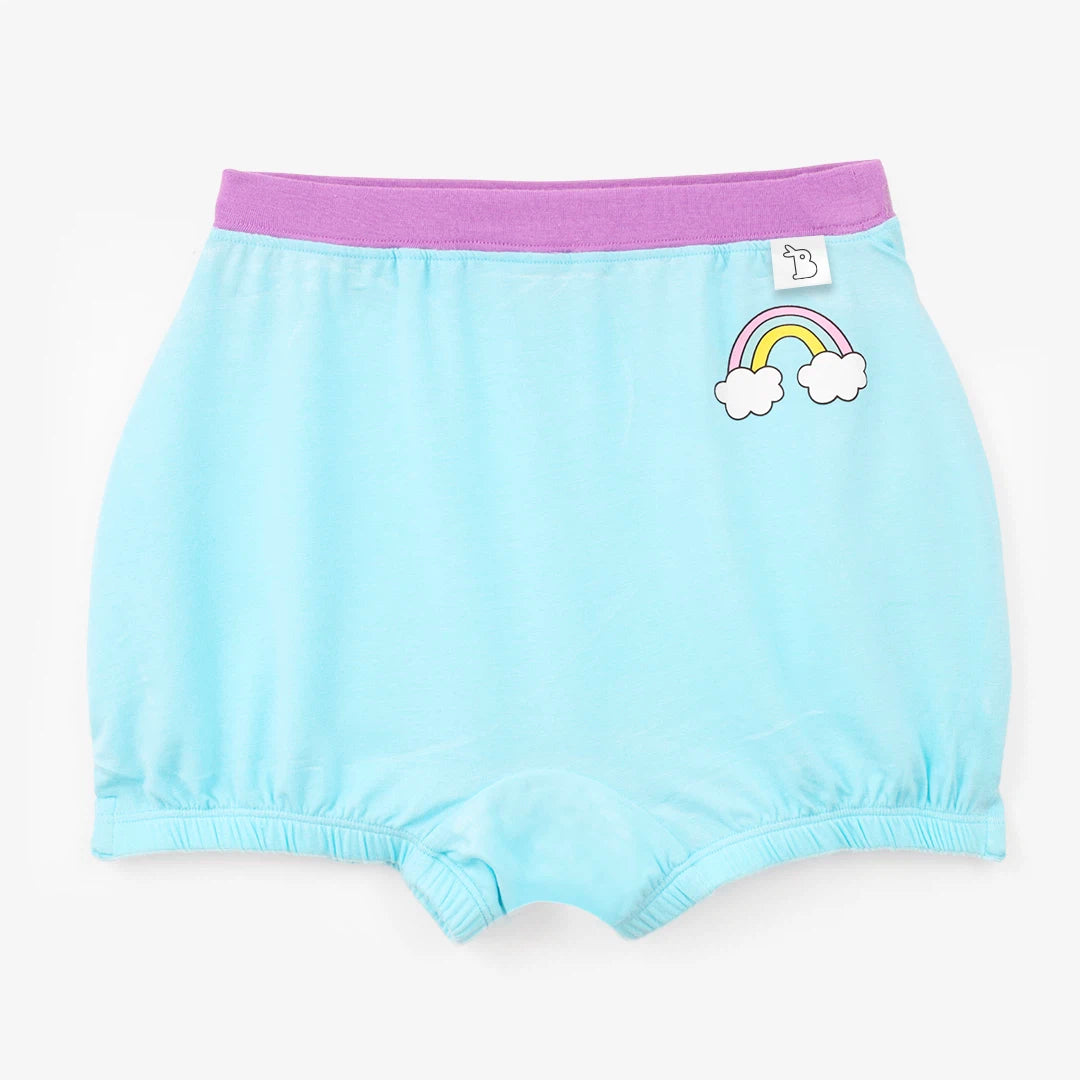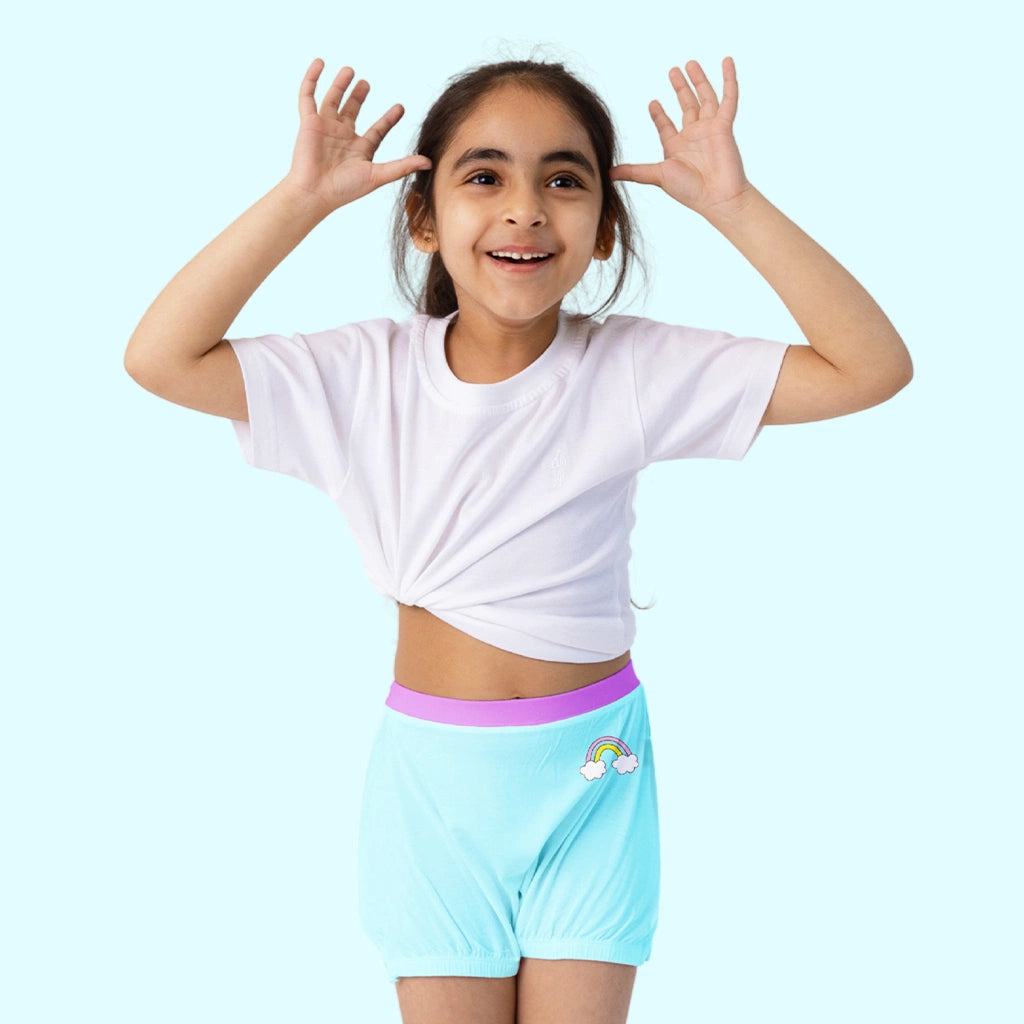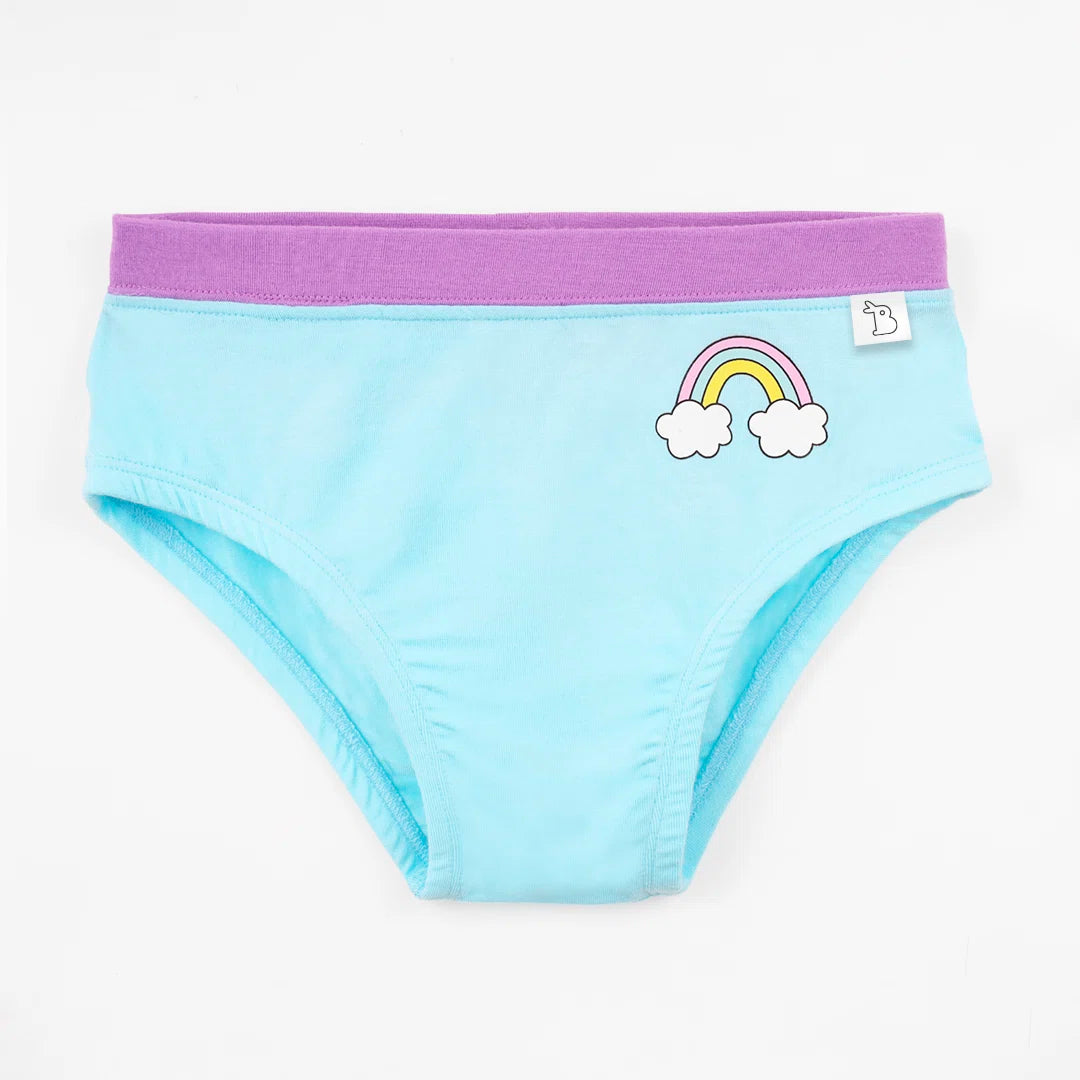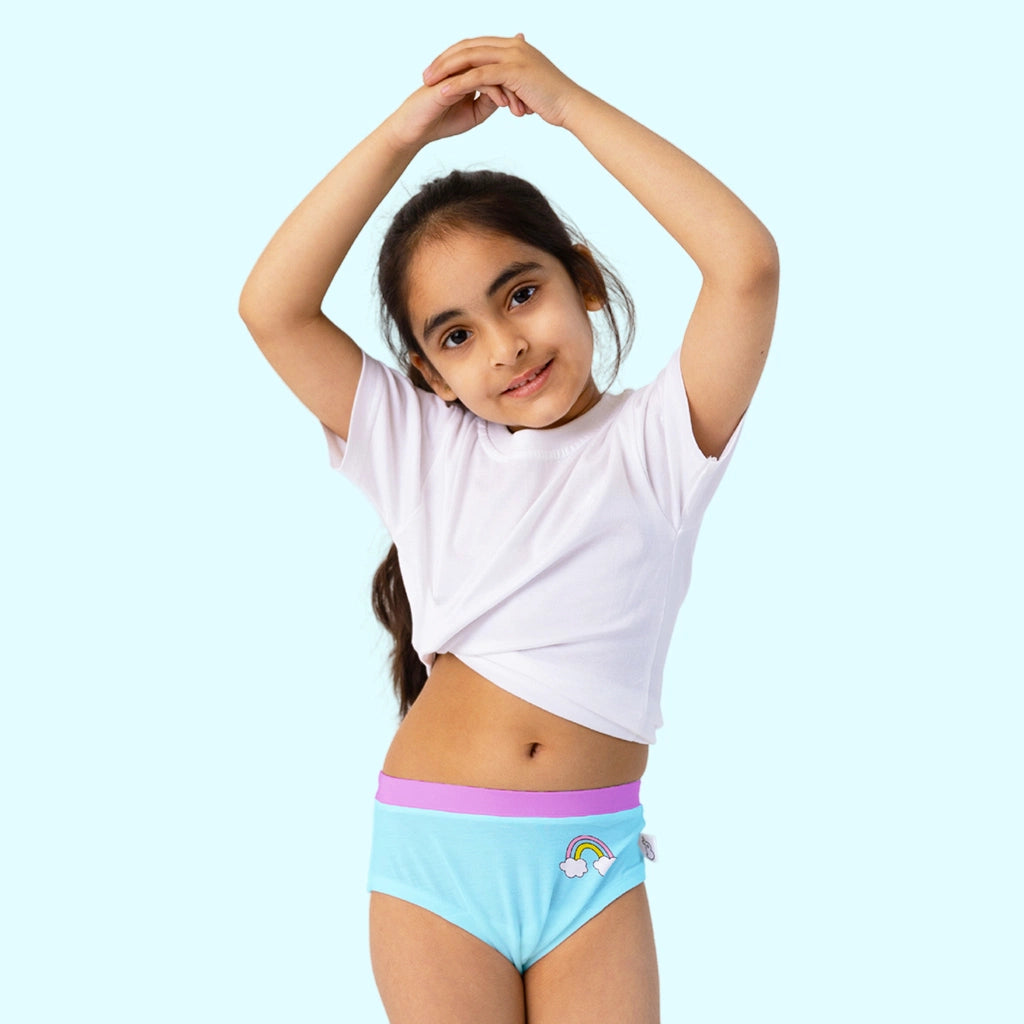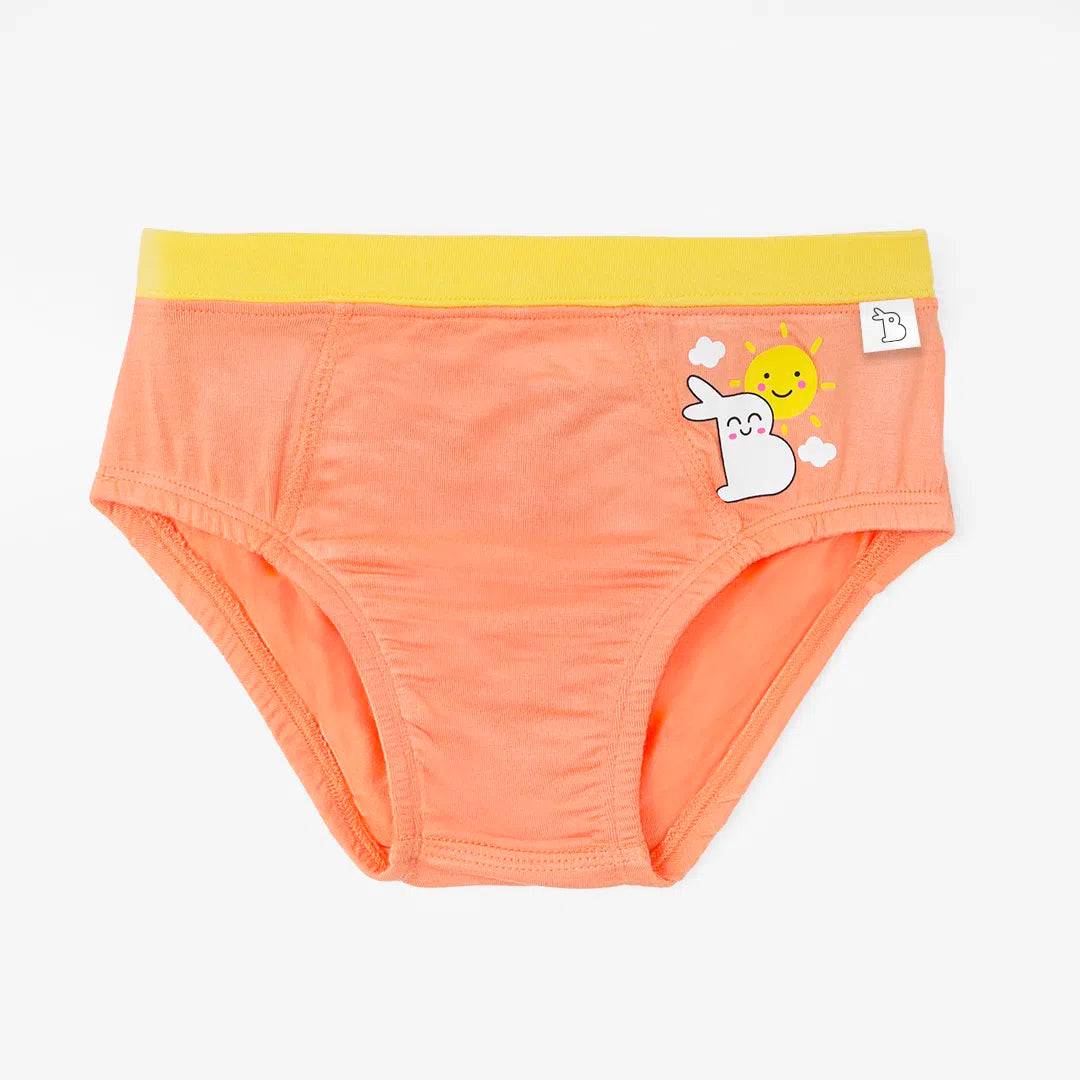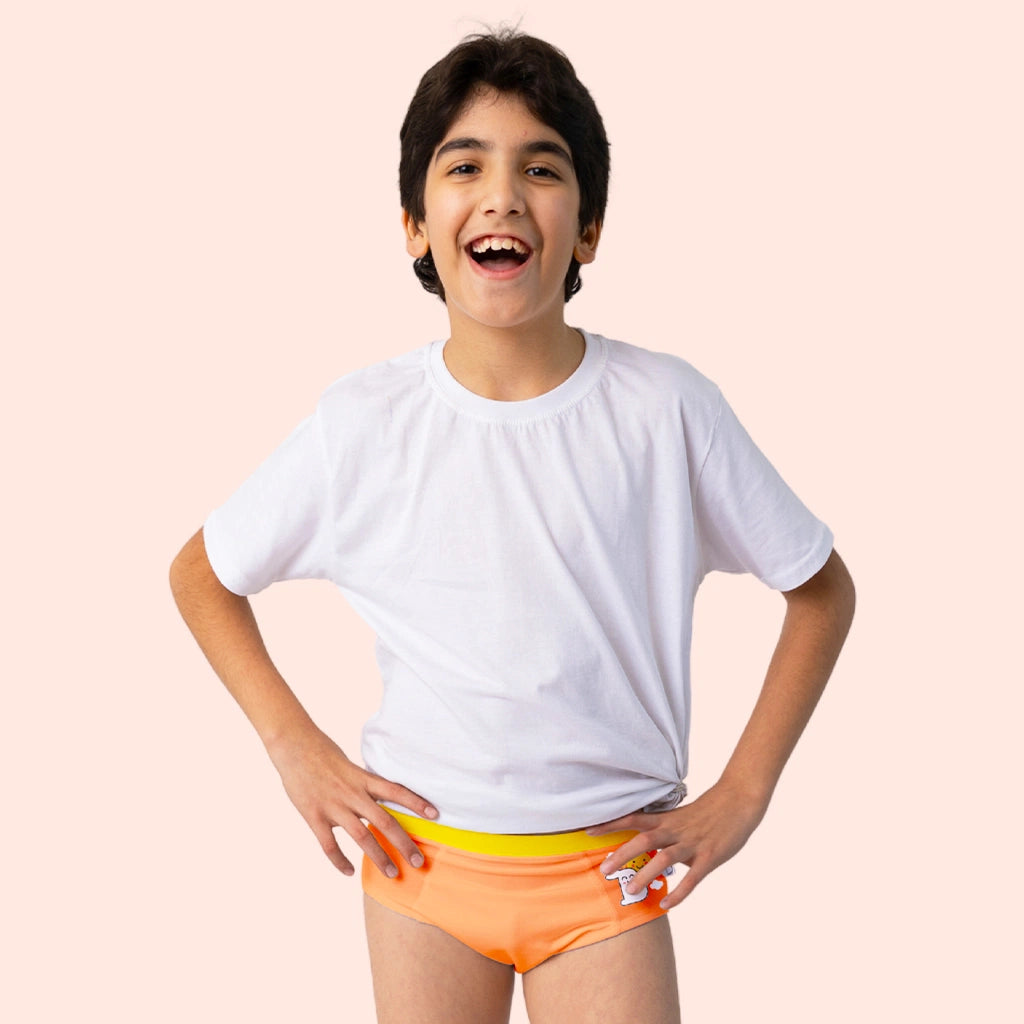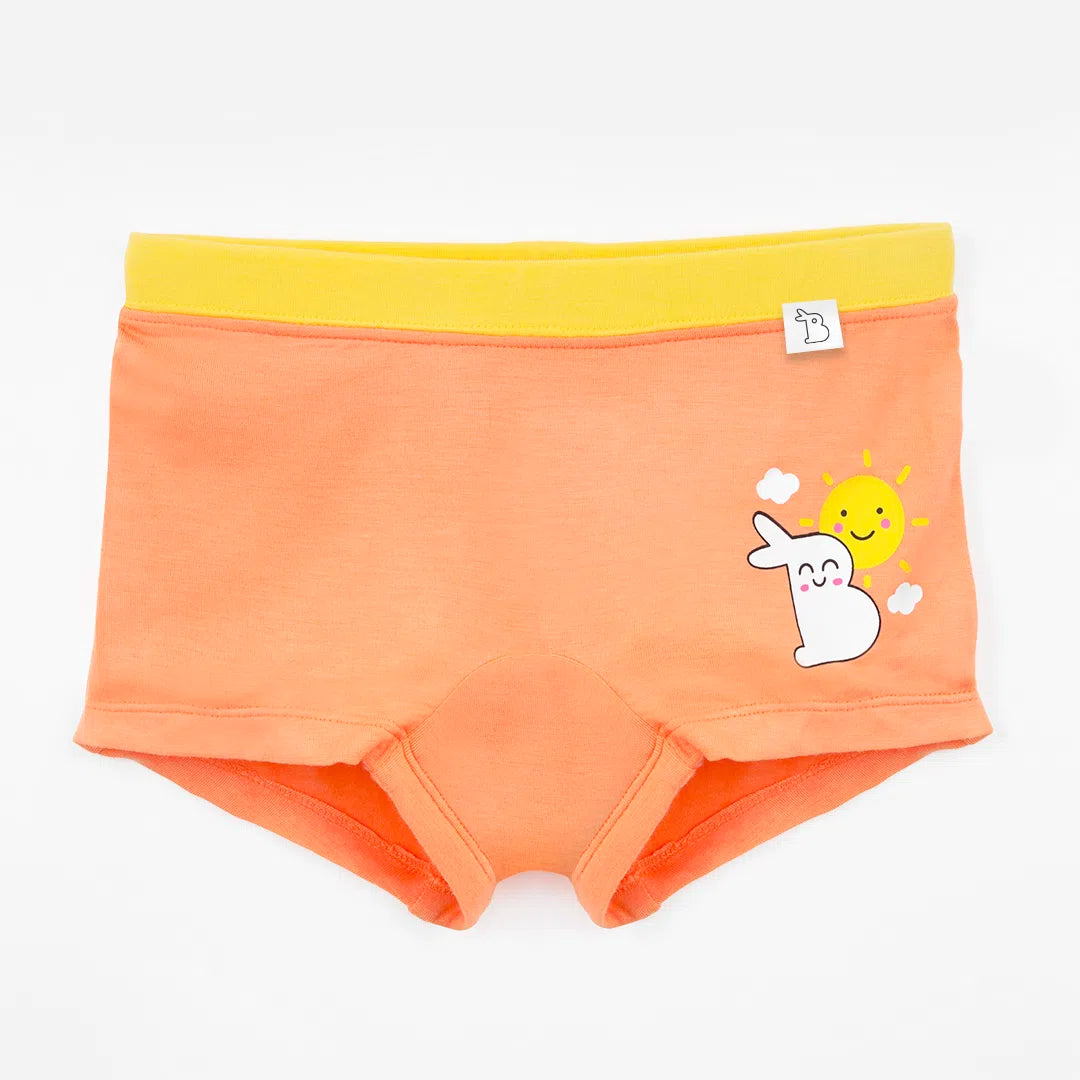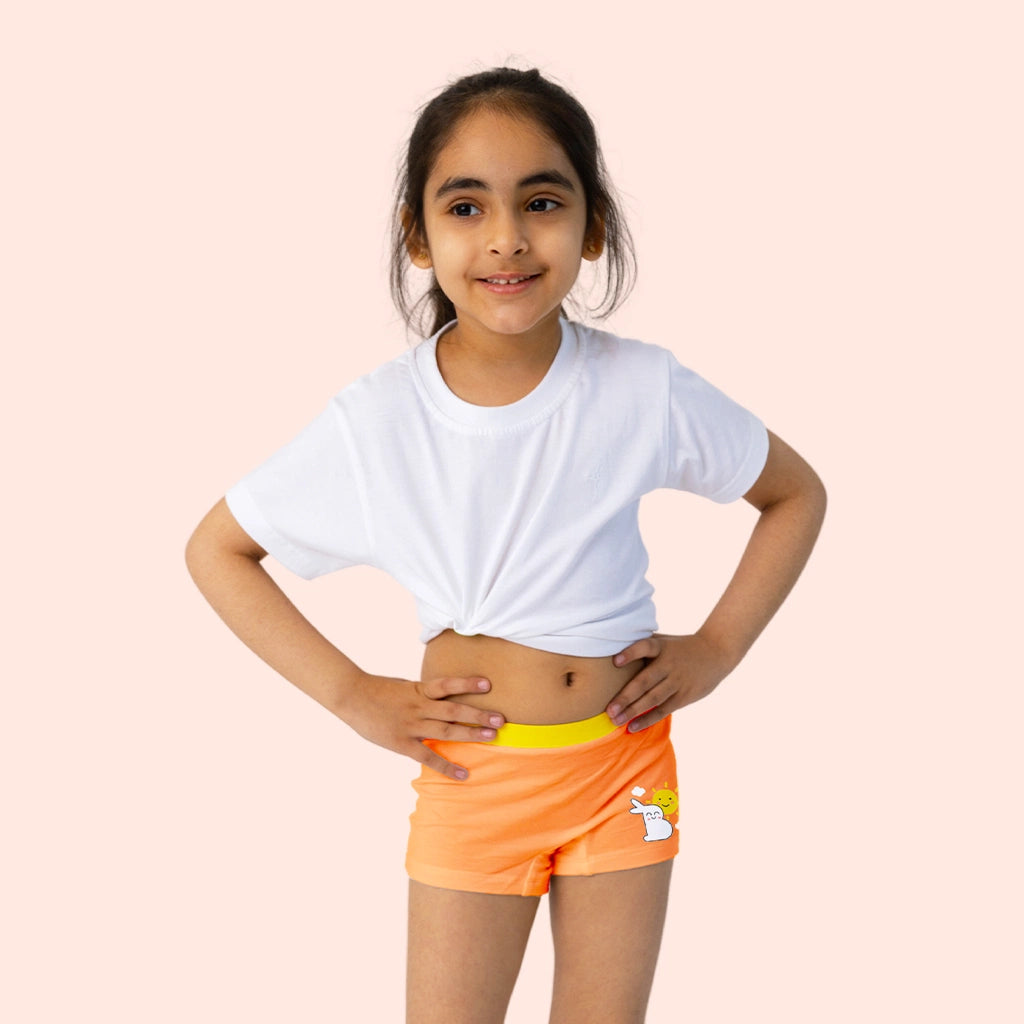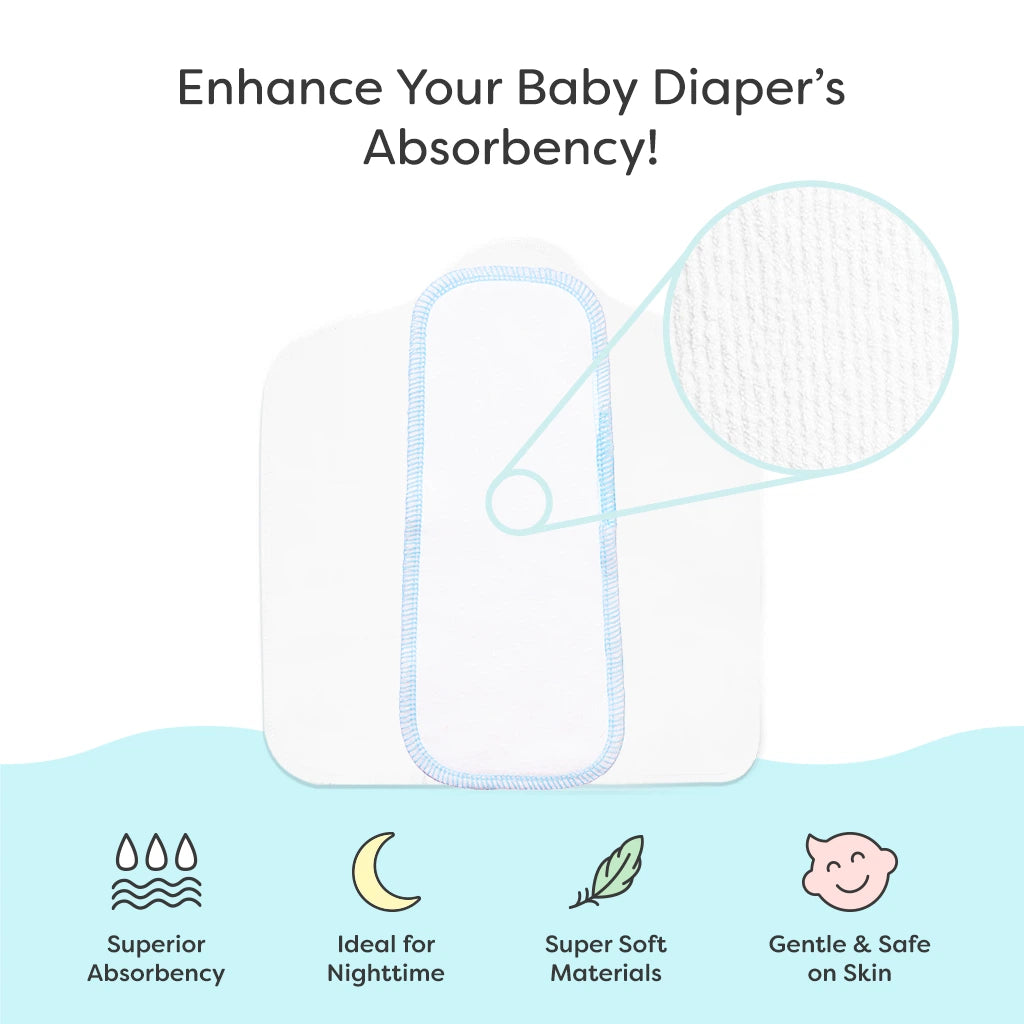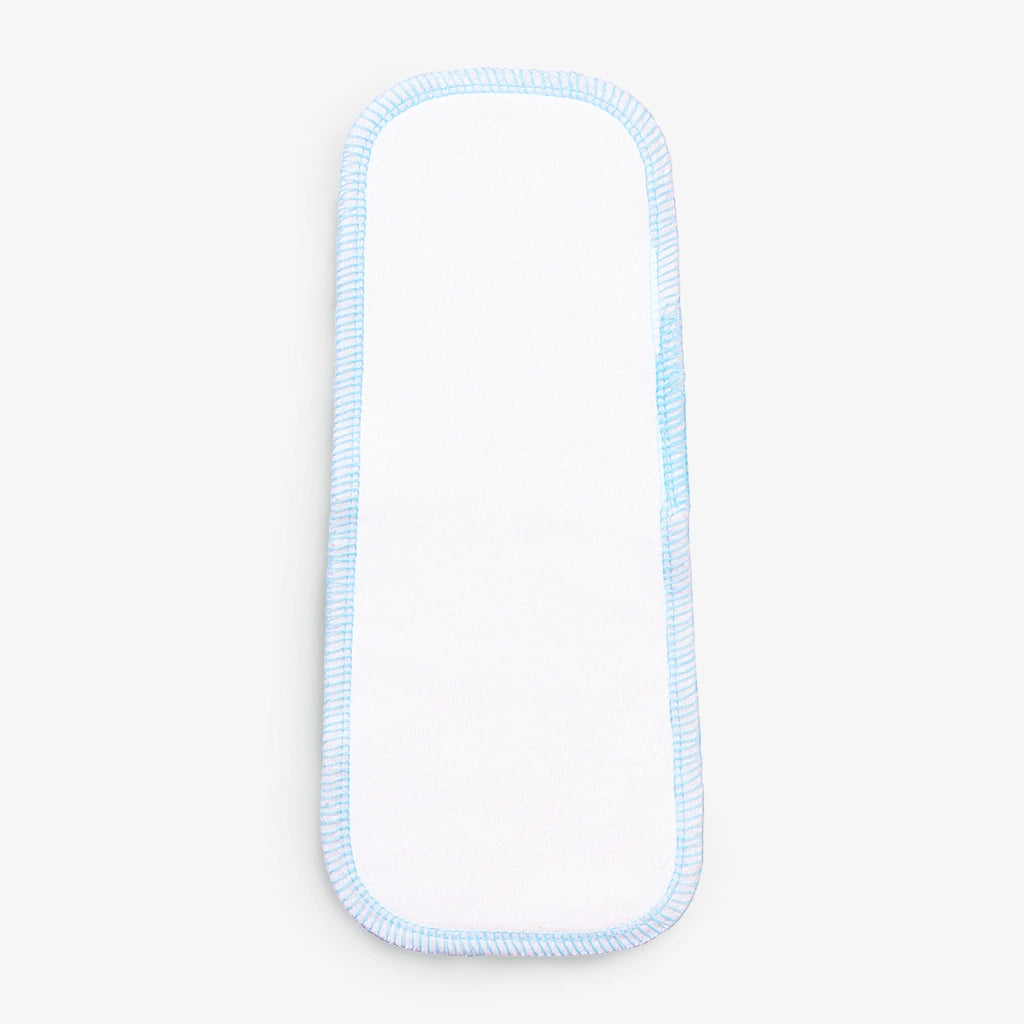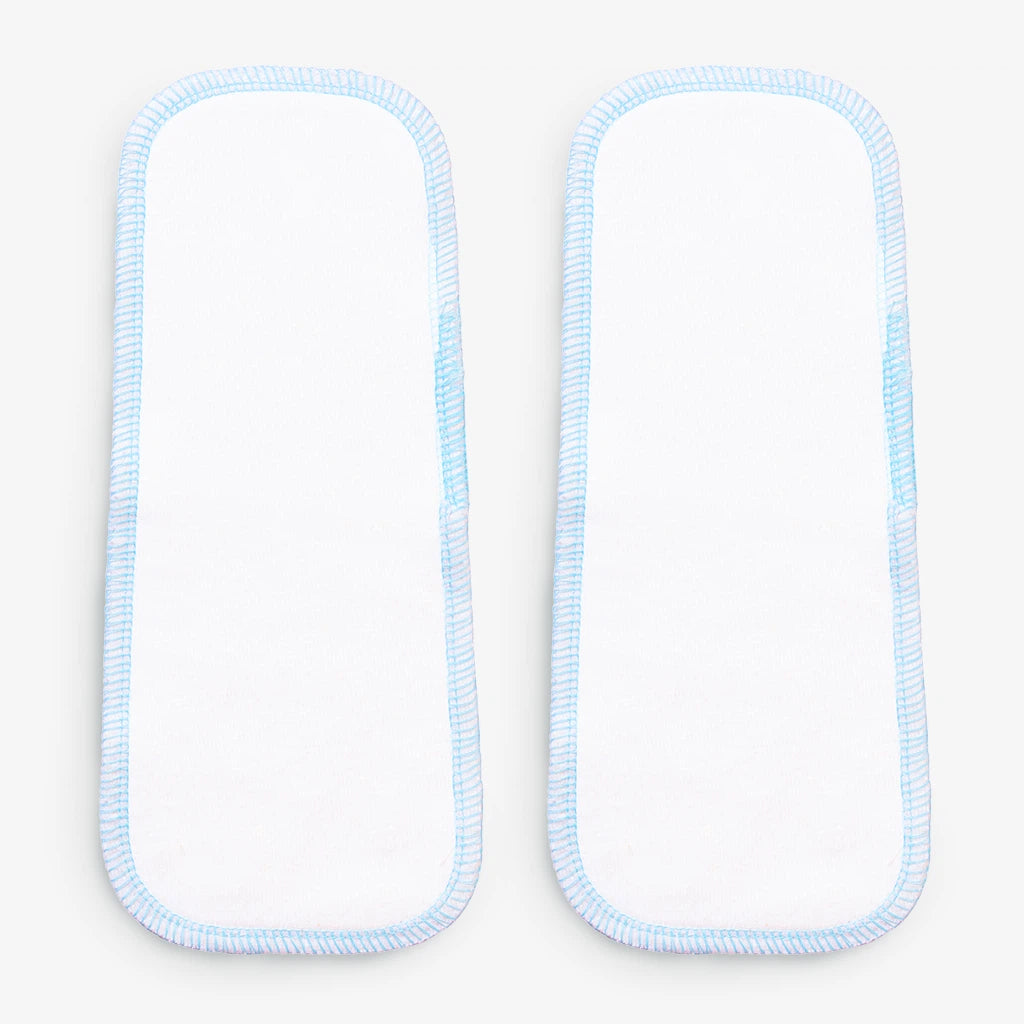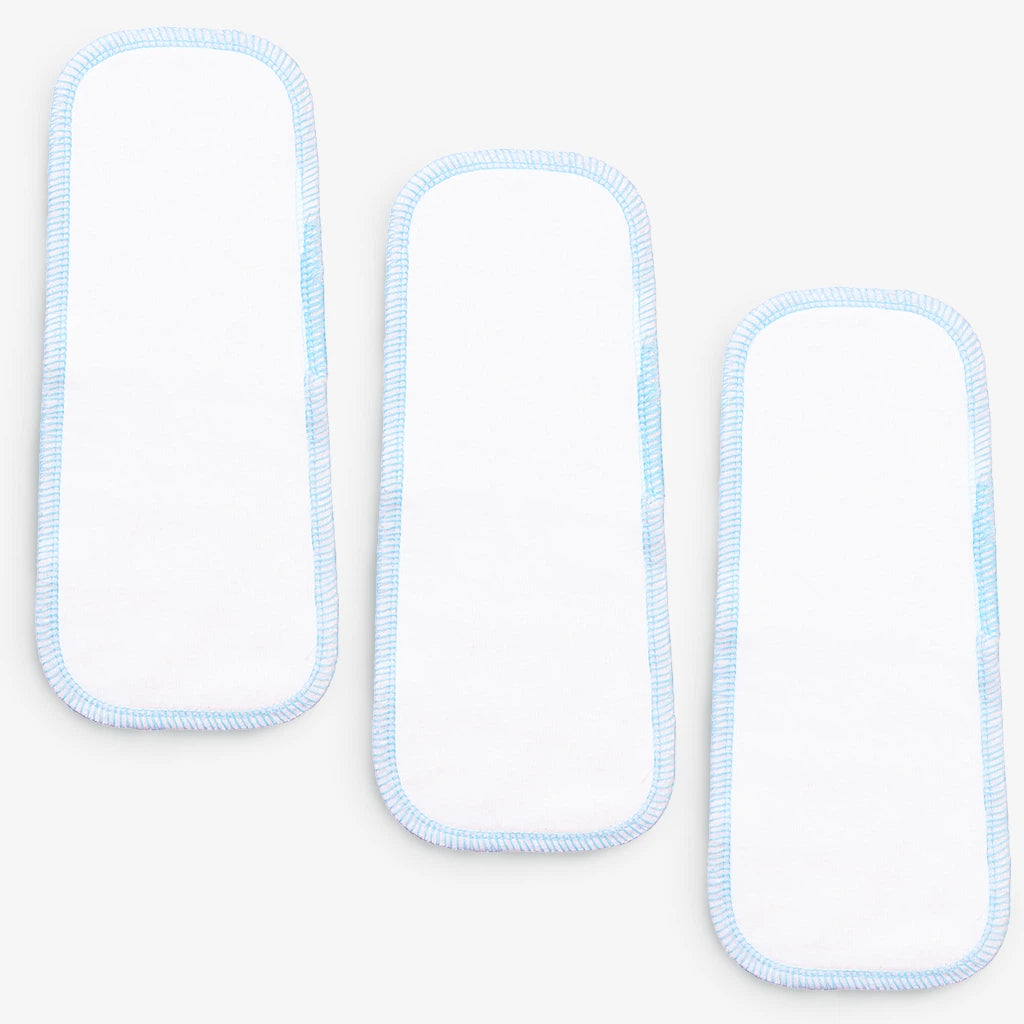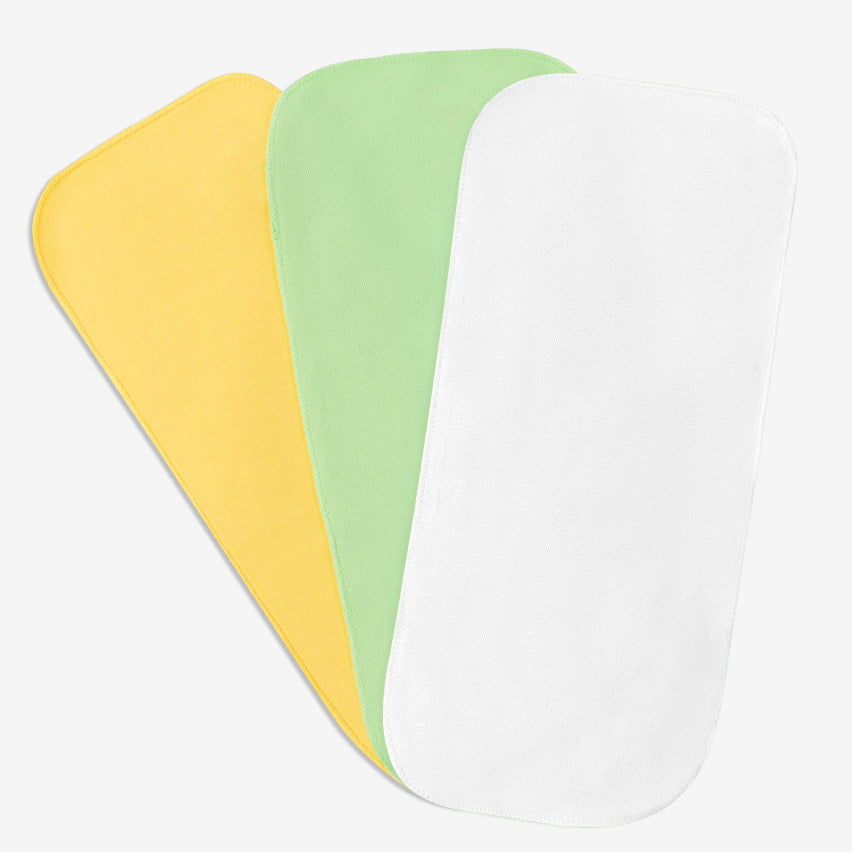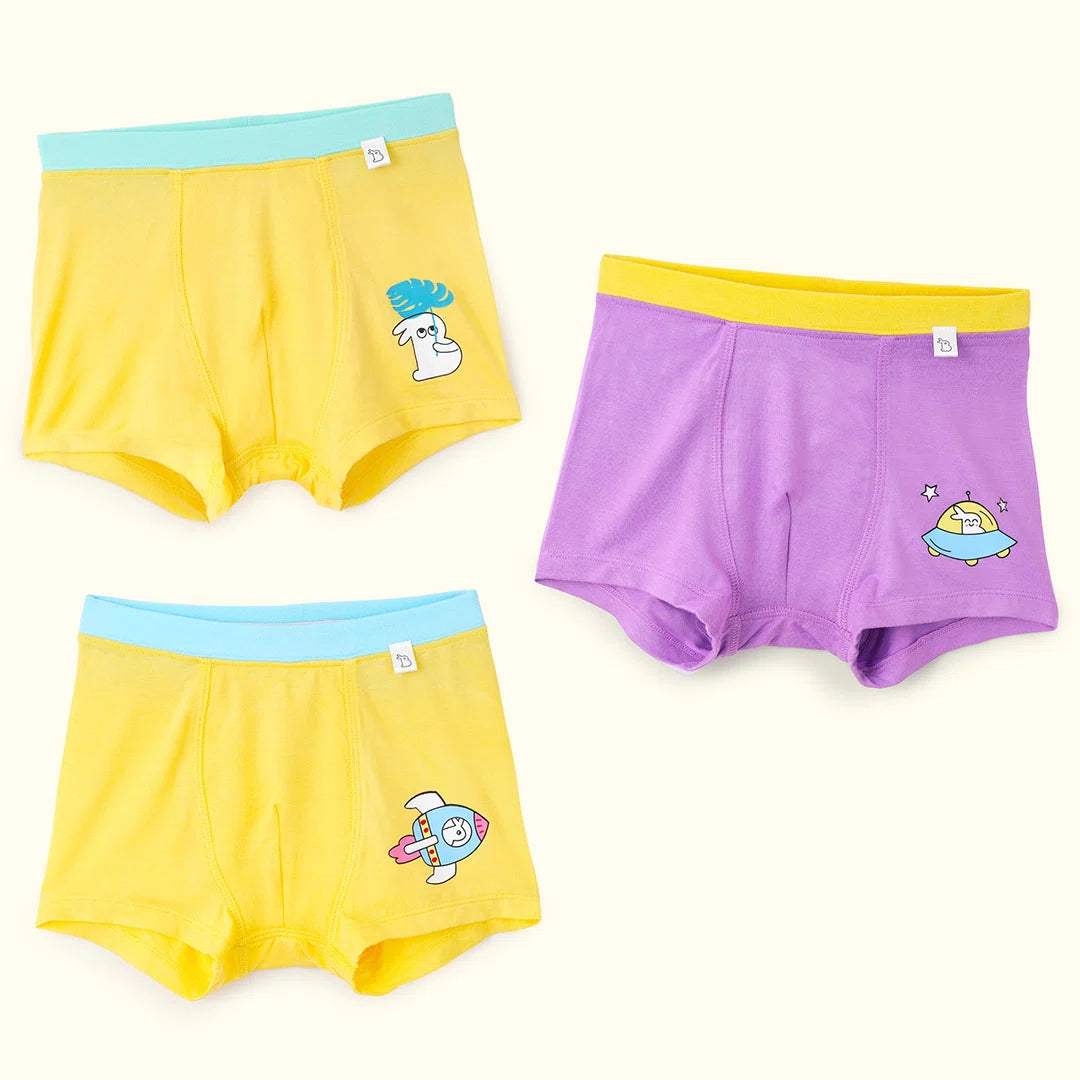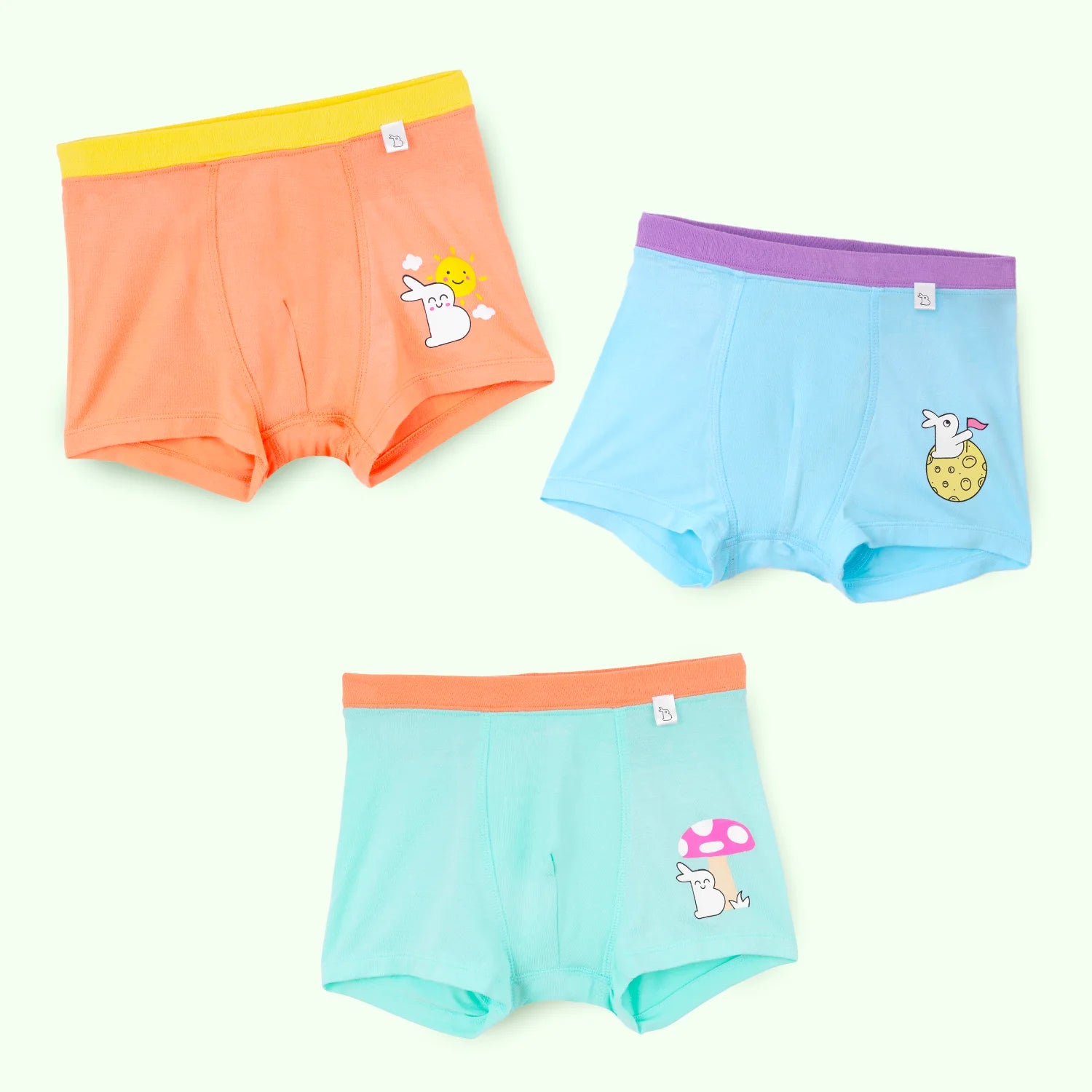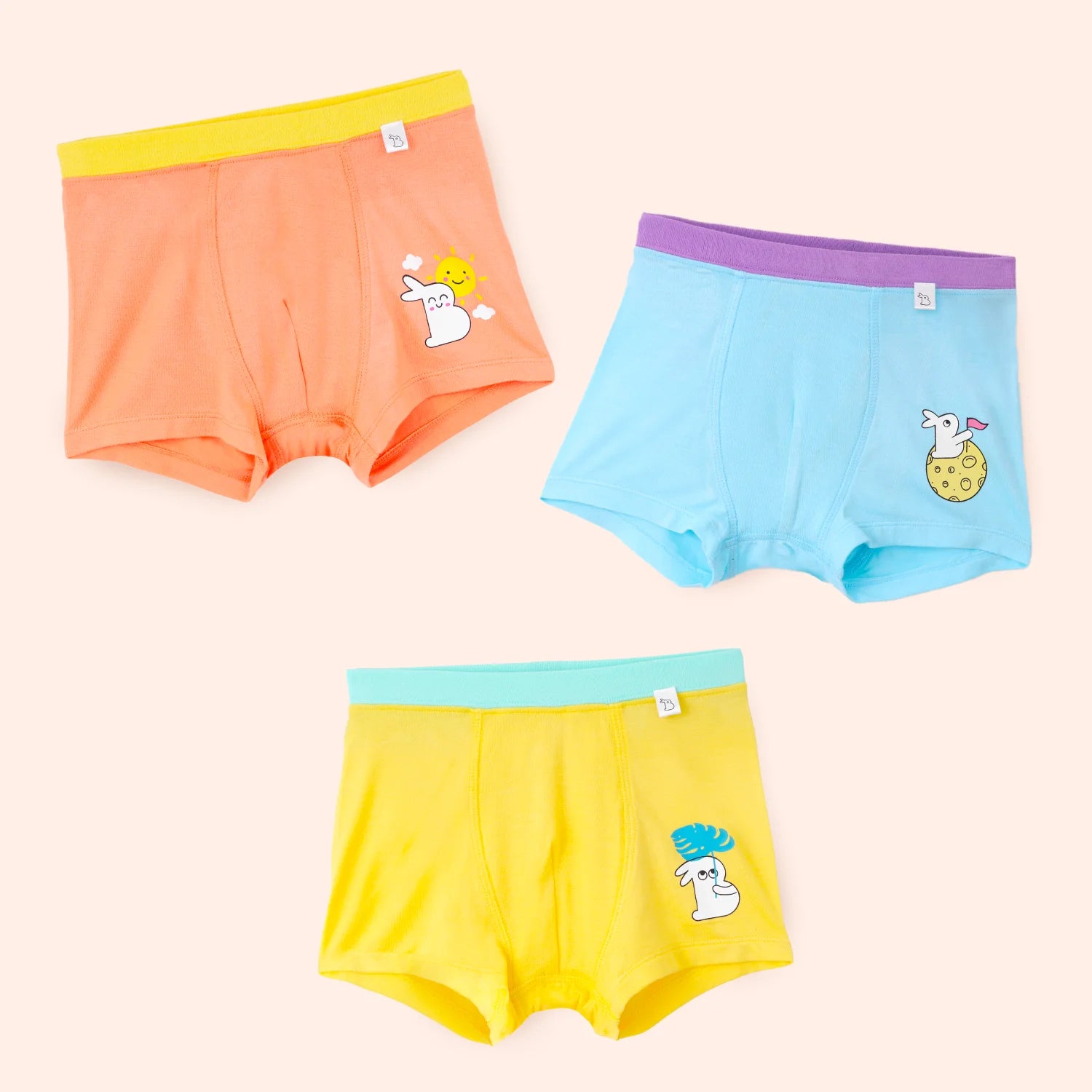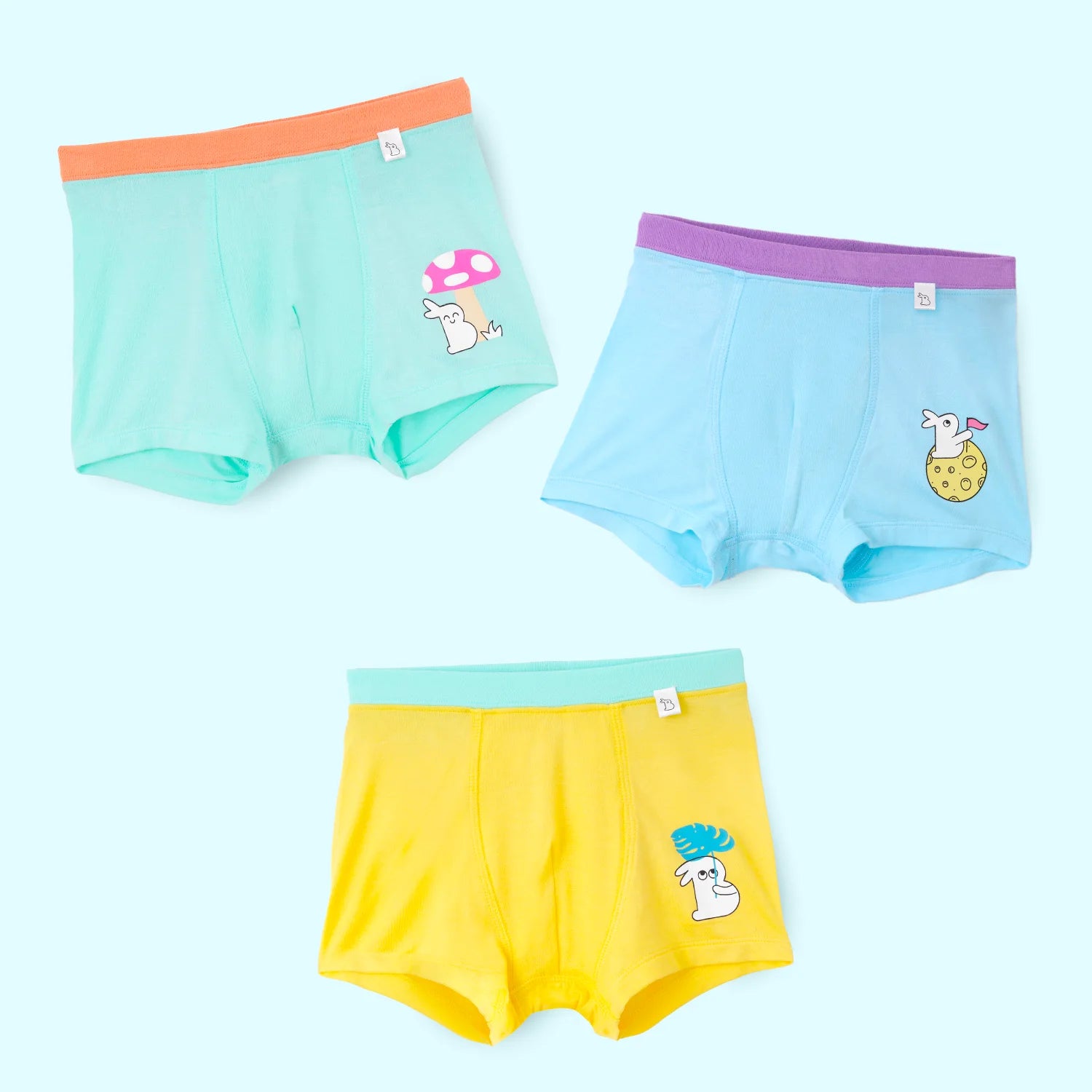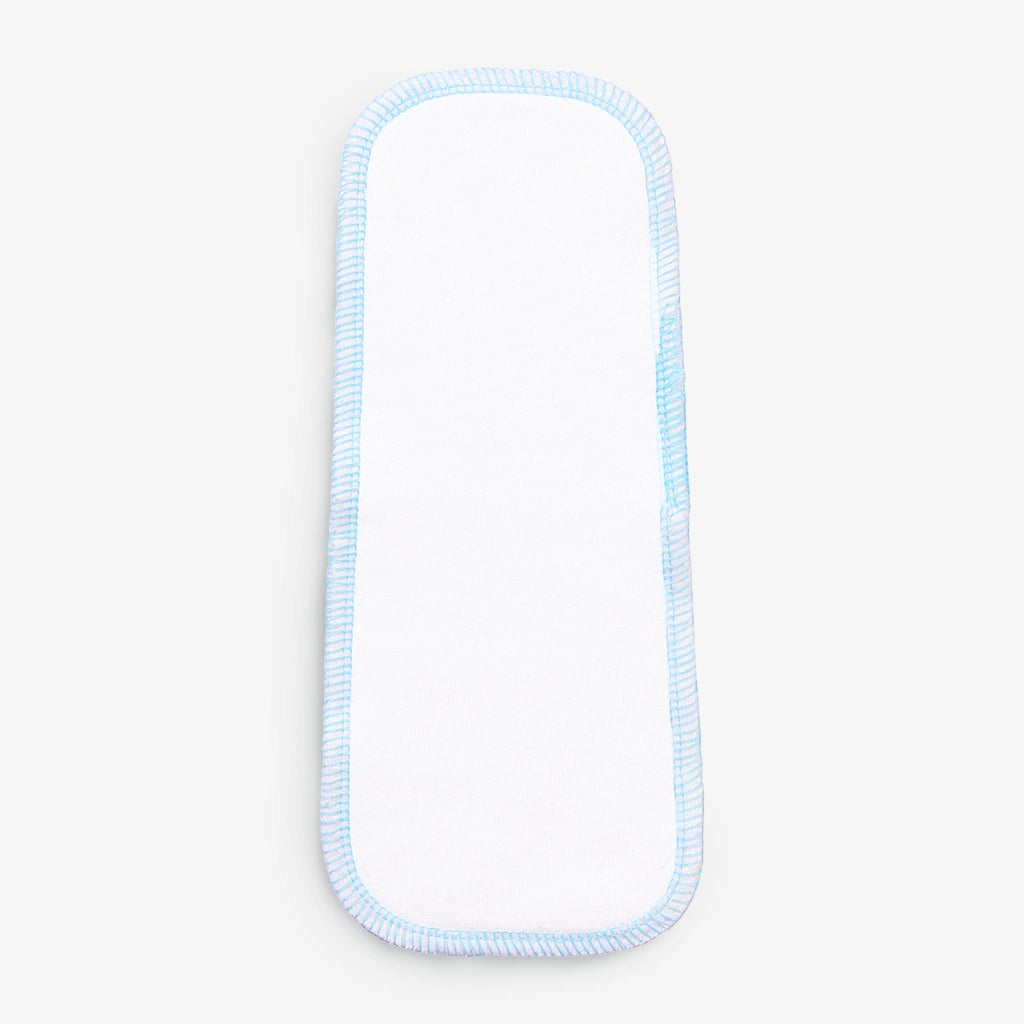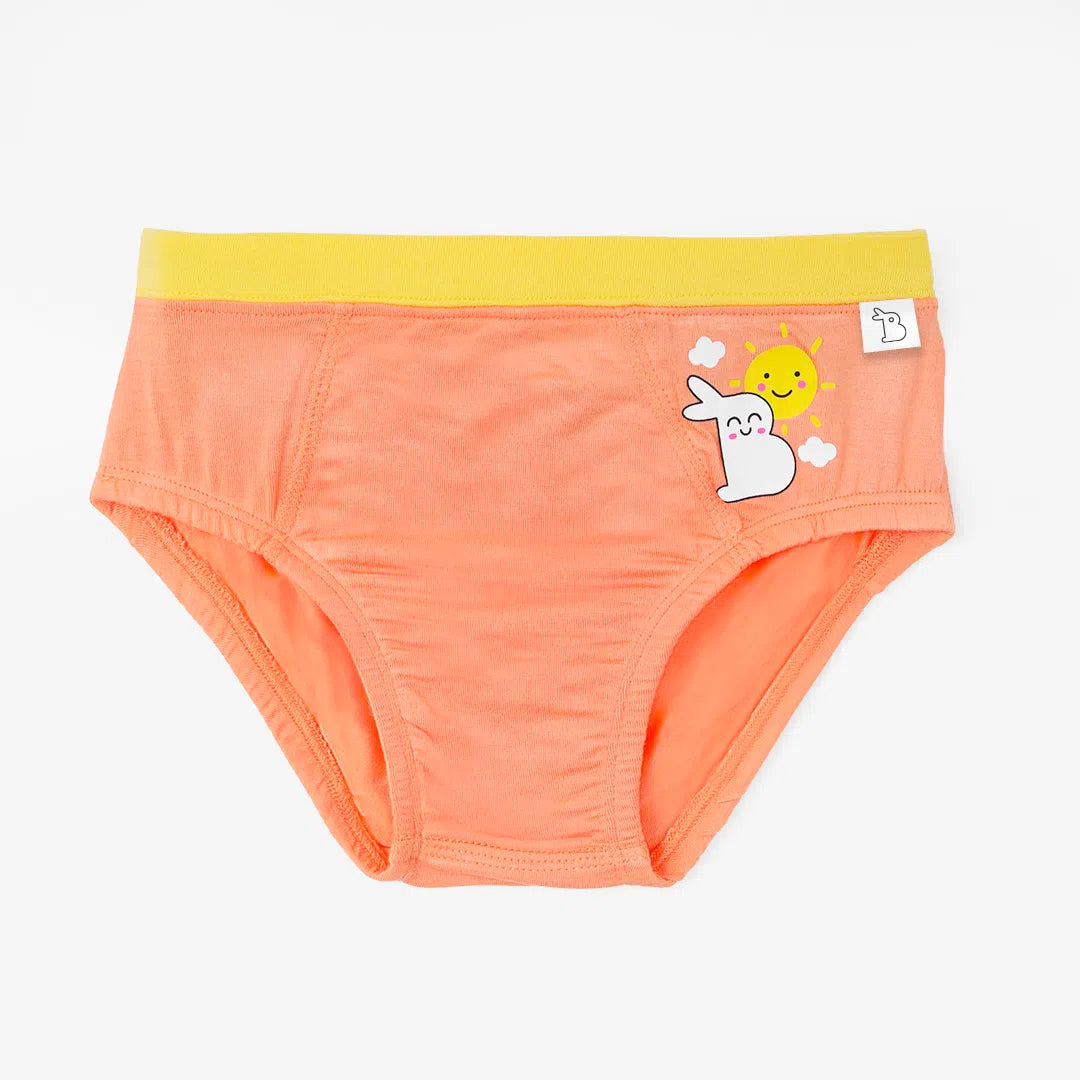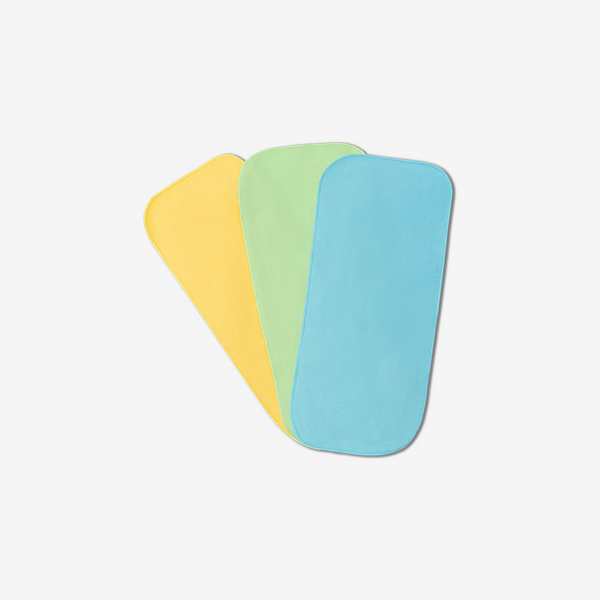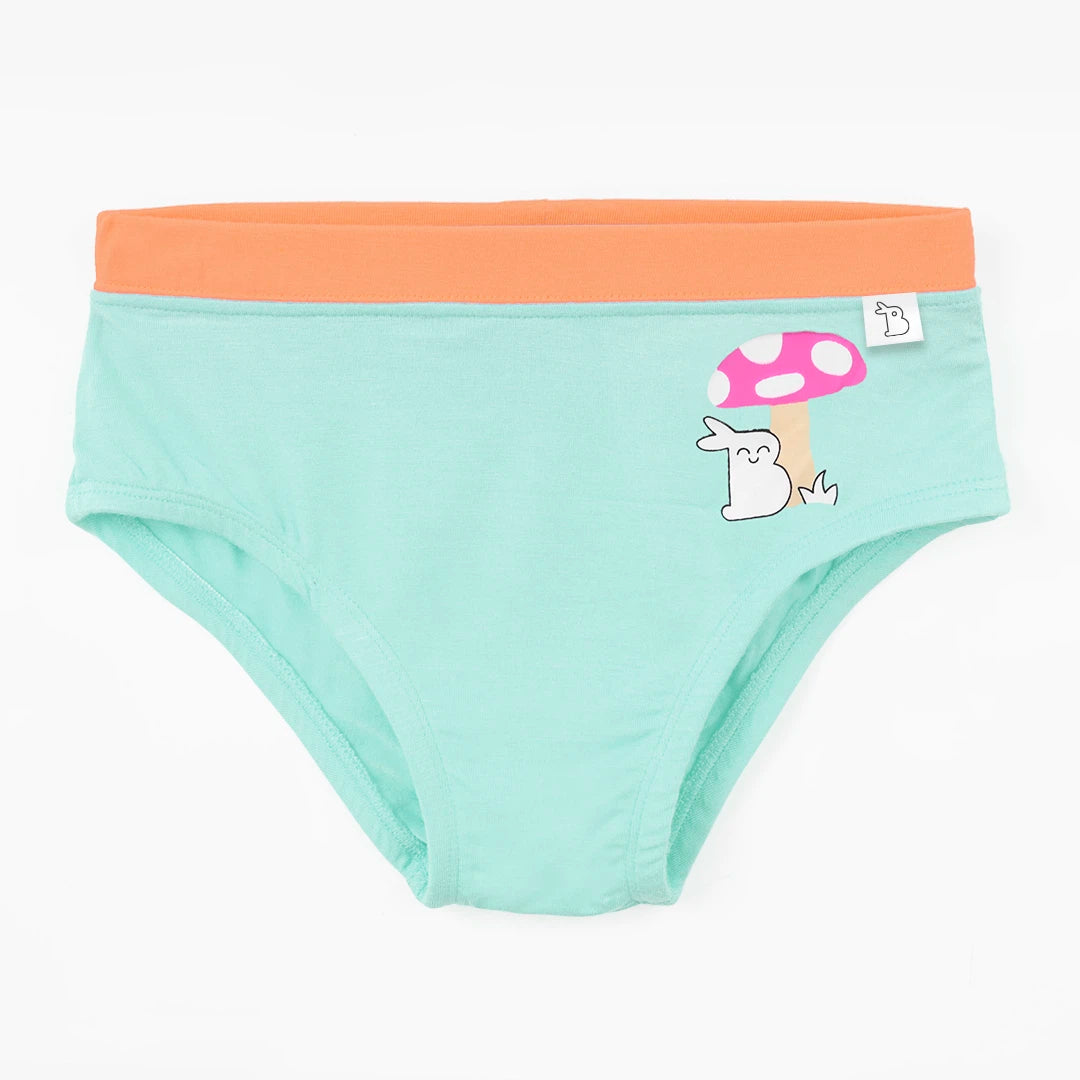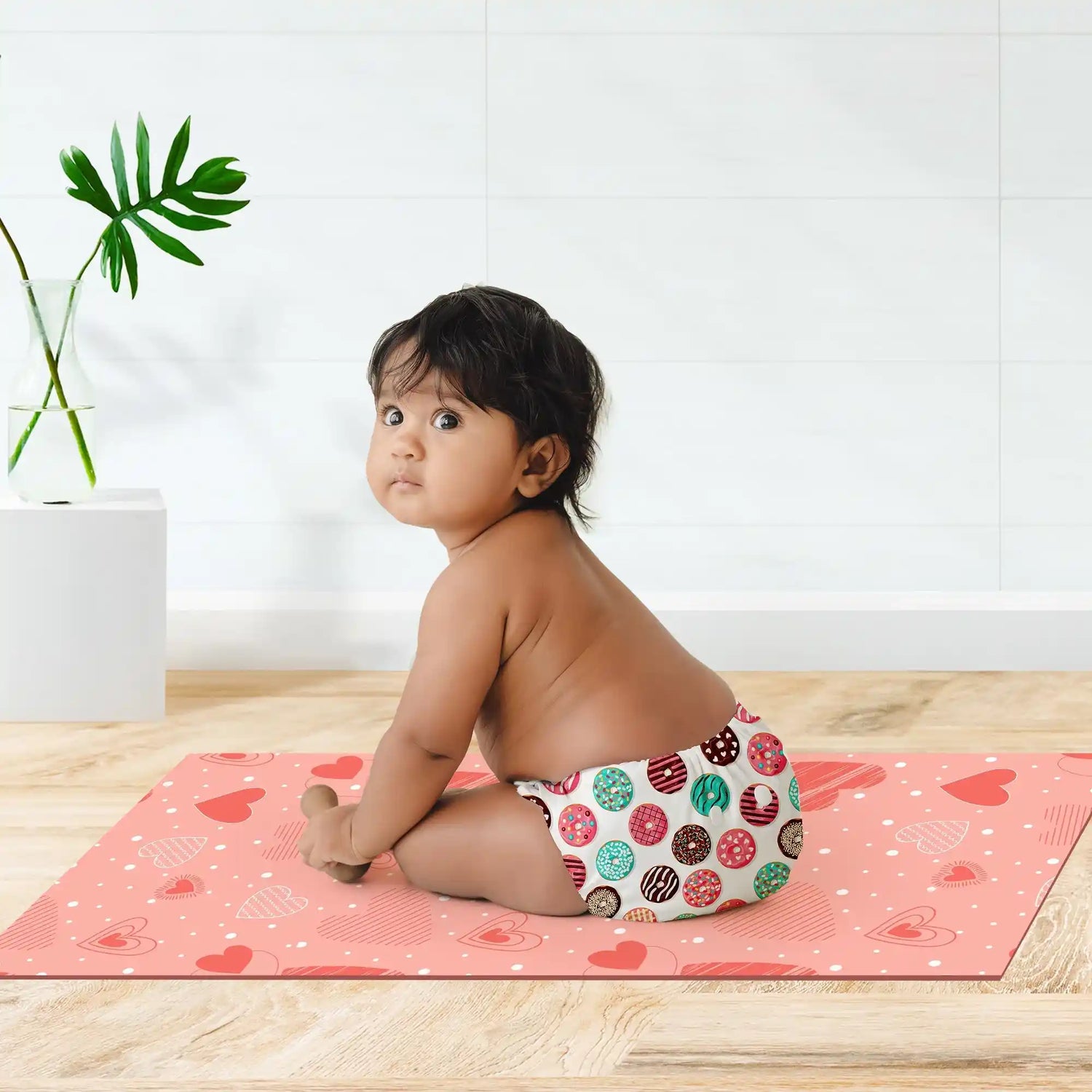• Introduction
• Myths and misconceptions surrounding cloth diapering
• Why these Myths Need to Be Busted?
• Let's Bust the Cloth Diaper Myths
• Key Takeaways
• FAQs
• Message From SuperBottoms
A new mother must go through many judgments - from family, friends, and known people, and sometimes even from strangers they meet at a park or on the metro. Every decision they take – breastfeeding to formula feeding, a lean baby or a chubby baby, disposable diapers or baby cloth diapers, massaging the baby with coconut oil or olive oil, starting solids with mashed food or bite-sized foods – no matter what you do, you will hear a million things about the benefits or harm of every decision you make.
And often, these things you will listen to will be beneficial and factually correct, too! But a few other times, you will hear many myths that will scare you and do you no good. This article by SuperBottoms will bust the myths you might have heard about cloth diapers. Let us begin with understanding the myths and misconceptions surrounding cloth diapering!
Myths and misconceptions surrounding cloth diapering
Cloth diapering myths and misunderstandings often stem from outdated ideas and a lack of reliable information. This misinformation might discourage parents from considering reusable cloth diapers as a practical alternative, ranging from concerns about cost and complexity to misconceptions about discomfort and hygiene. Parents who are aware of the advantages of cloth diapering for their children and the environment can make informed decisions by dispelling these myths and offering factual information.
Why these Myths Need to Be Busted?
Busting myths about a cloth diaper is crucial because these misconceptions might prevent you from exploring a beneficial option for your baby and the environment. By dispelling these myths, you can make an informed decision based on accurate information rather than false beliefs.
Understanding the truth about cloth diapering helps you see its advantages, such as cost-effectiveness, eco-friendliness, and potential health benefits for your baby. Therefore, it is crucial to debunk these myths to make the best choice for your child's well-being and the planet.
Let's Bust the Cloth Diaper Myths
Let us pick out the myths you must have heard, and we get asked all the time as a cloth diapering brand by potential users who are still deciding between disposable diapers and cloth diapers, and bust them one by one.
Myth No. # 1 - Cloth Diapers are Inconvenient
Many believe washable diapers are inconvenient due to concerns about bulkiness, additional laundry, and complexity compared to disposable diapers. However, this myth can be debunked with factual information. Modern cloth diapering systems have evolved to be user-friendly, with options like all-in-one diapers (such as Newborn UNO and Freesize UNO) that are as simple to use as disposables.
Additionally, advancements in materials have made reusable diapers more absorbent, reducing the need for frequent changes. With proper planning and organisation, cloth diapering can be just as convenient as using disposables, offering benefits such as cost savings and reduced environmental impact.
Myth No. # 2 - Cloth Diapers are Unhygienic
There is a common misconception that cloth diapers are unhygienic compared to disposable diapers. However, reusable cloth diapers are designed to be breathable and made from natural fibres, reducing the risk of diaper rash and promoting better air circulation for the baby's skin. Proper cleaning practices, such as washing with hot water and using a suitable detergent, can effectively remove bacteria and ensure cleanliness.
In contrast, disposable diapers contain chemicals and synthetic materials that may irritate sensitive skin and contribute to environmental pollution. Washable diapers can be a hygienic and eco-friendly choice for diapering your baby when used and maintained correctly.
Myth No. # 3 - Cloth Diapers are Expensive
Here is a simple calculation of the cost of disposable diapers vs. reusable diapers. Suppose the total diapering age of your baby is three years –
16 SuperBottoms UNO x Rs 770 = Rs 12,300 approx.
Vs
5 disposables/day x 900 days x Rs 10 = Rs 45000
That is more than 70% savings on diapering alone!
Myth No. # 4 - Cloth Diapers Cause Rashes
There is a myth that because reusable cloth diapers are less breathable and retain moisture, infants who use them are more likely to develop diaper rash. In contrast to synthetic disposable diapers, cloth diapers made of natural fibres like cotton are breathable and kind to the baby's skin, which lowers the risk of rashes. Diaper rash may be avoided in newborns using cloth diapers by following:
1 • Proper changing procedures
2 • Using breathable diaper covers
3 • Ensuring enough air circulation.
Changing diapers promptly and using natural diaper creams can also help reduce the risk of discomfort and rash development. For newborns, cloth diapers may be a comfortable and healthful solution when used and maintained correctly.
Myth No. # 5 – Cloth Diapering is Complicated
You must have heard the myth that cloth diapering is complex and challenging, which deters parents from considering this option. Modern cloth diapering systems have evolved to be user-friendly, with various styles, such as all-in-one diapers that are as simple as disposables.
Many cloth diapers feature adjustable snaps or Velcro for easy sizing and fit. With proper guidance and resources available online and from experienced cloth diaper users, beginners can quickly learn the basics of cloth diapering. By following straightforward steps for washing, drying, and storing cloth diapers, parents can easily incorporate cloth diapering into their routine, making it a convenient and sustainable choice for their baby.
Myth No. # 6 – Cloth Diapers Are Difficult to Wash
Let us ask ourselves – are regular clothes challenging to wash? Are our undergarments, period clothes, period panties, or sports clothes drenched in sweat and dust, and are they disgusting to wash? If the answer is NO, and you wash other soiled clothes anyway, they are hygienic to wear the next time, and so are cloth diapers. Washing cloth diapers is not inherently problematic but just requires specific care.
Pre-treat stains before washing, use a cloth diaper-friendly detergent, run the entire wash cycle in hot water, and consider an extra rinse cycle. Sun-drying cloth diapers can help naturally bleach and disinfect them. Proper storage in a dry, well-ventilated area is essential to maintain cleanliness.
By following these guidelines and establishing a routine, washing cloth diapers can be straightforward and effective in keeping them fresh for your baby's use. Hope this article helps you answer some common misconceptions and myths about cloth diapers. We have responded to a few more myth-based questions in this article's FAQ section. Happy Parenting!
|
Limited Time Offers + Special Gift Sets! Now or never Super SALE is live on the SuperBottoms website! Take advantage of unbeatable value deals on our UNO Cloth Diapers, Baby Essentials, and more. Looking for the perfect present for a newborn or a toddler? Explore our thoughtfully curated Gift Sets & Combos — safe, skin-friendly, and oh-so-cute! A bundle of love for little ones and a delight for parents. HURRY — Deals and Gift Packs are live only till stocks last. Don’t miss the chance to stock up and share the joy! |
Key Takeaways
1. Debunking Myths is Key: Dispelling misconceptions about cloth diapering empowers parents with accurate information, aiding informed decisions for their babies and the environment.
2. Benefits of Busting Myths: By debunking myths, parents can explore the benefits of cloth diapering, such as cost-effectiveness, eco-friendliness, and potential health advantages for their baby.
3. Empowering Choices: Debunking myths about cloth diapers enables confident decision-making, promoting cloth diapering as a practical and sustainable option for families.
FAQs
Q1 – Do cloth diapers leak?
Ans – Cloth diapers can leak if not fitted correctly or if not changed promptly when wet. However, with the right fit, proper absorbency, and regular changes, cloth diapers can prevent leaks more effectively than disposable diapers.
Ensuring the diaper is snug around the legs and waist, using appropriate inserts for absorbency, and promptly changing the diaper when wet can help minimise the risk of leaks. Selecting high-quality cloth diapers and following proper care instructions can also prevent leaks.
Q2 – Are cloth diapers uncomfortable for babies?
Ans – Cloth diapers are not inherently uncomfortable for babies. In fact, many parents find that cloth diapers made from natural fibres like cotton are breathable, soft, and gentle on their baby's skin.
Modern cloth diapering systems are designed to be adjustable for a snug and comfortable fit, allowing babies to move freely. With proper care, regular changes, and the right size and style of cloth diaper, babies can feel relaxed and content in them.
Q3 – Are cloth diapers challenging to maintain?
Ans – If you use a proper wash cycle for cloth diapers and follow the brand's washing instructions, maintaining them is not challenging. Features such as removable inserts and easy-to-clean, washable diapers make it easy to keep your precious cloth diapers.
Q4 – Do cloth diapers stink after washing?
Ans – In an ideal situation, the cloth diapers should not smell at all. If there is an unpleasant odour in your baby's cloth diapers, it indicates bacterial or ammonia build-up or unclean diapers.
Rewash the diapers, line-dry them, then put them in the sunlight. The stink should go away. Do not use fabric softeners or antiseptic liquids to remove the smell from your cloth diapers.
Message from SuperBottoms
Hi there, new parents! SuperBottoms brings you doctor-recommended cloth diapers — the best rash-free diapering solution for your baby’s sensitive and delicate skin. Unlike disposable diapers loaded with chemicals, our newborn cloth diapers, when used and washed properly, can help eliminate the risk of diaper rashes. SuperBottoms offers a wide range of safe, skin-friendly essentials for the whole family — including Reusable Cloth Diapers, Diaper Pants, DryFeel langots for diaper-free time, Padded Underwear for potty training, SuperSoft Underwear for everyday comfort, Joggers for playful days, and Period Underwear for women. Not just for everyday use, SuperBottoms products also make the best gifting choice for babies — thoughtful, eco-friendly, practical, and loved by parents. Now available on Amazon, Myntra, Flipkart, FirstCry, Zepto, Swiggy and Blinkit.



